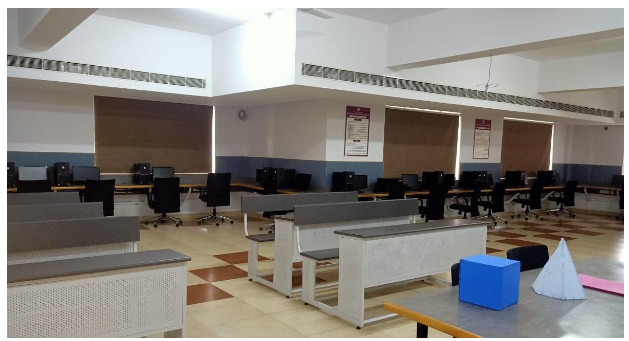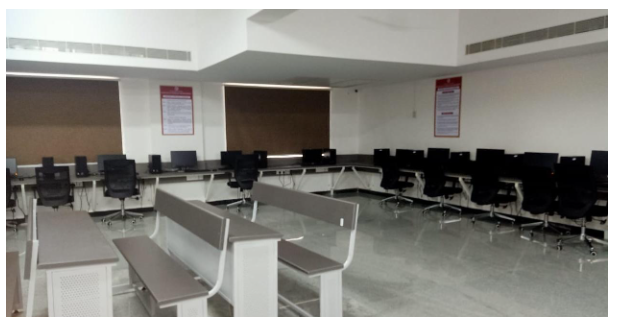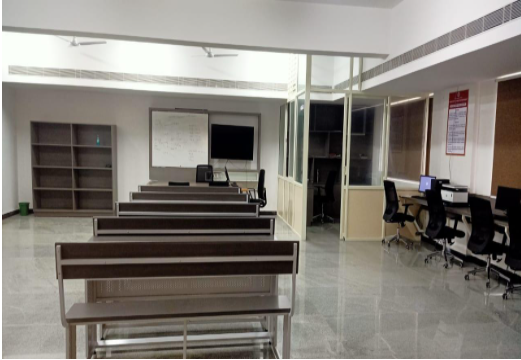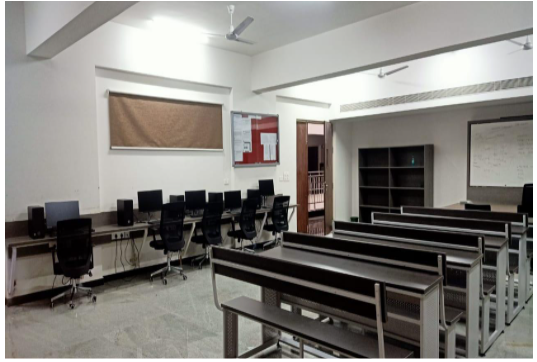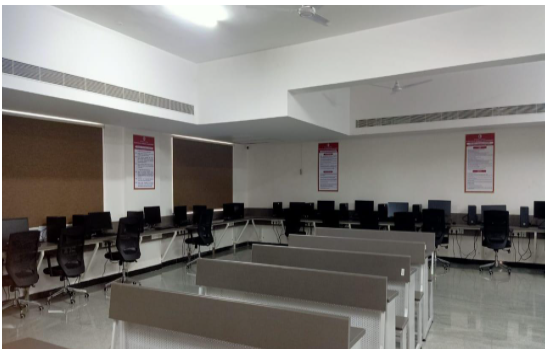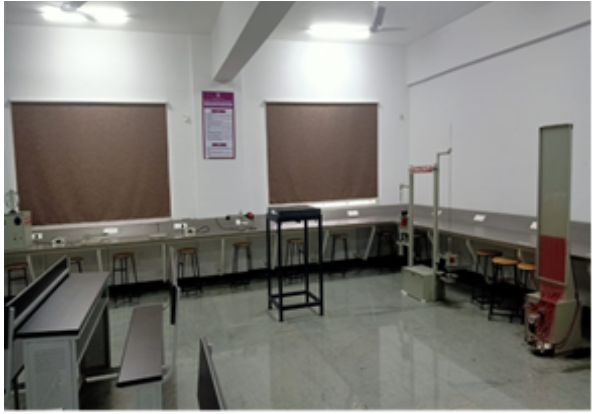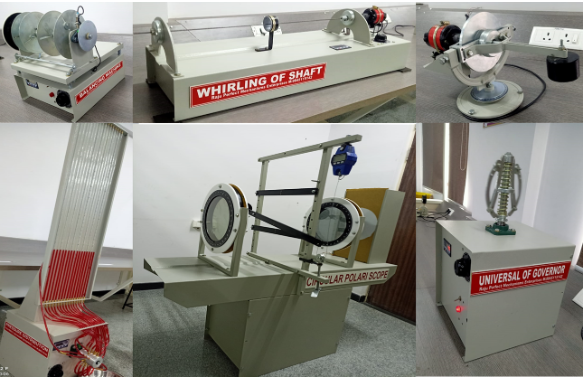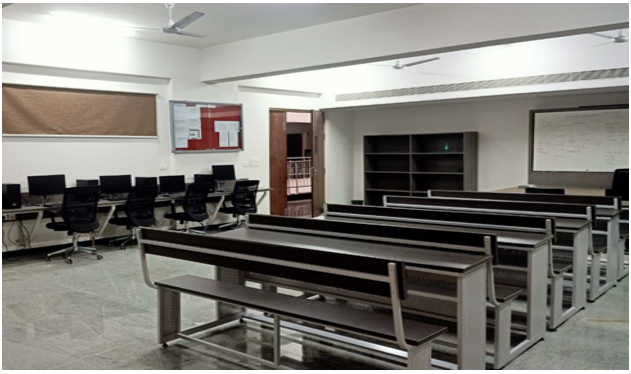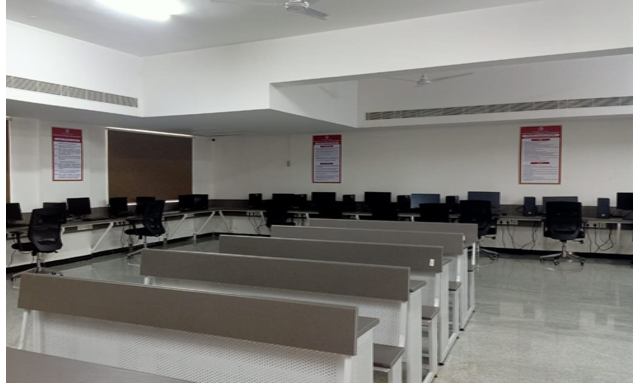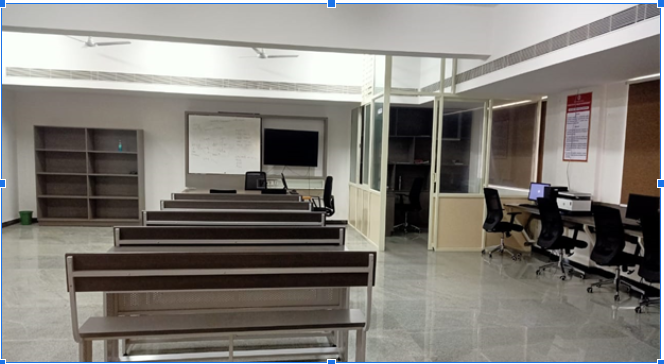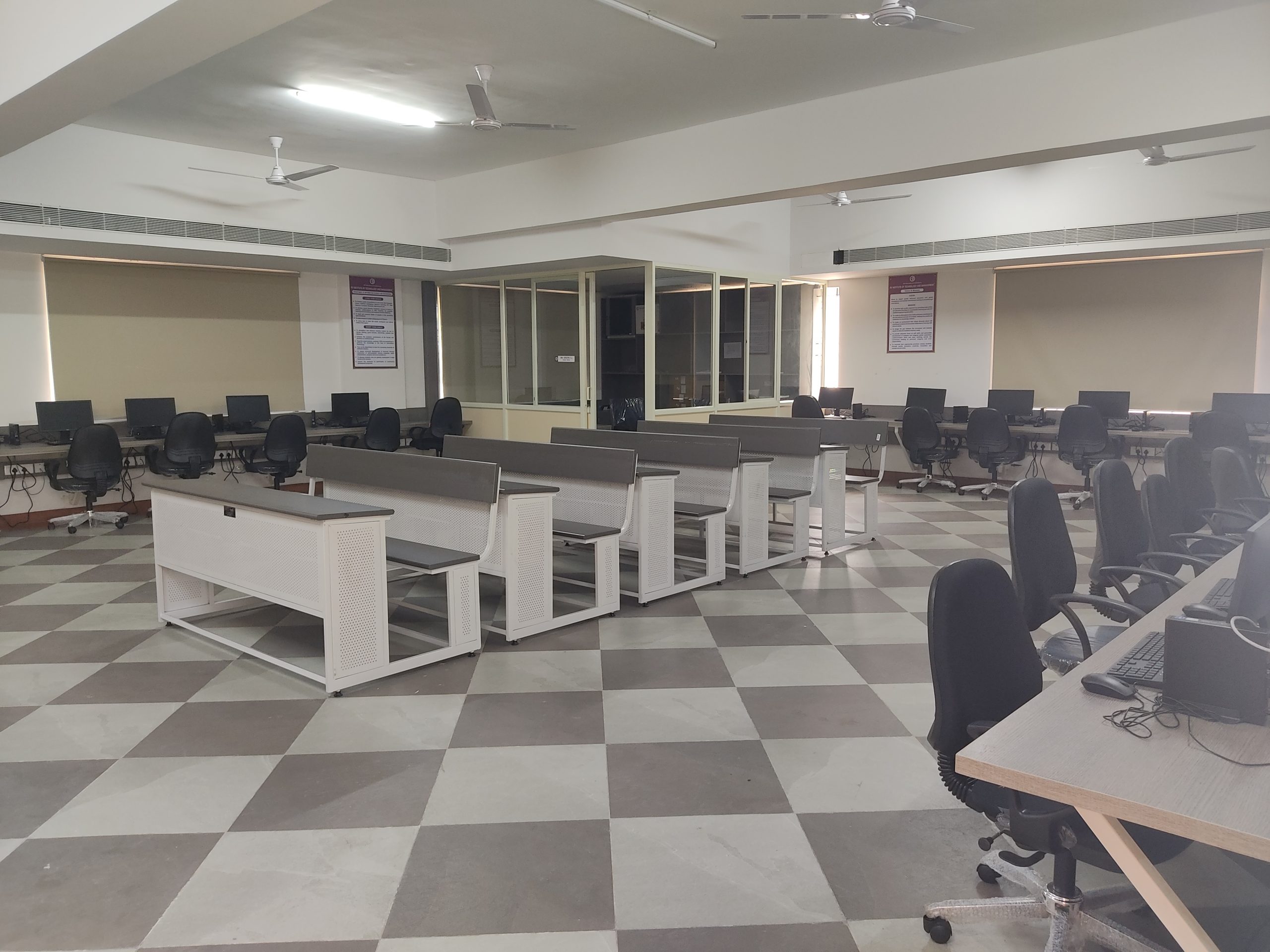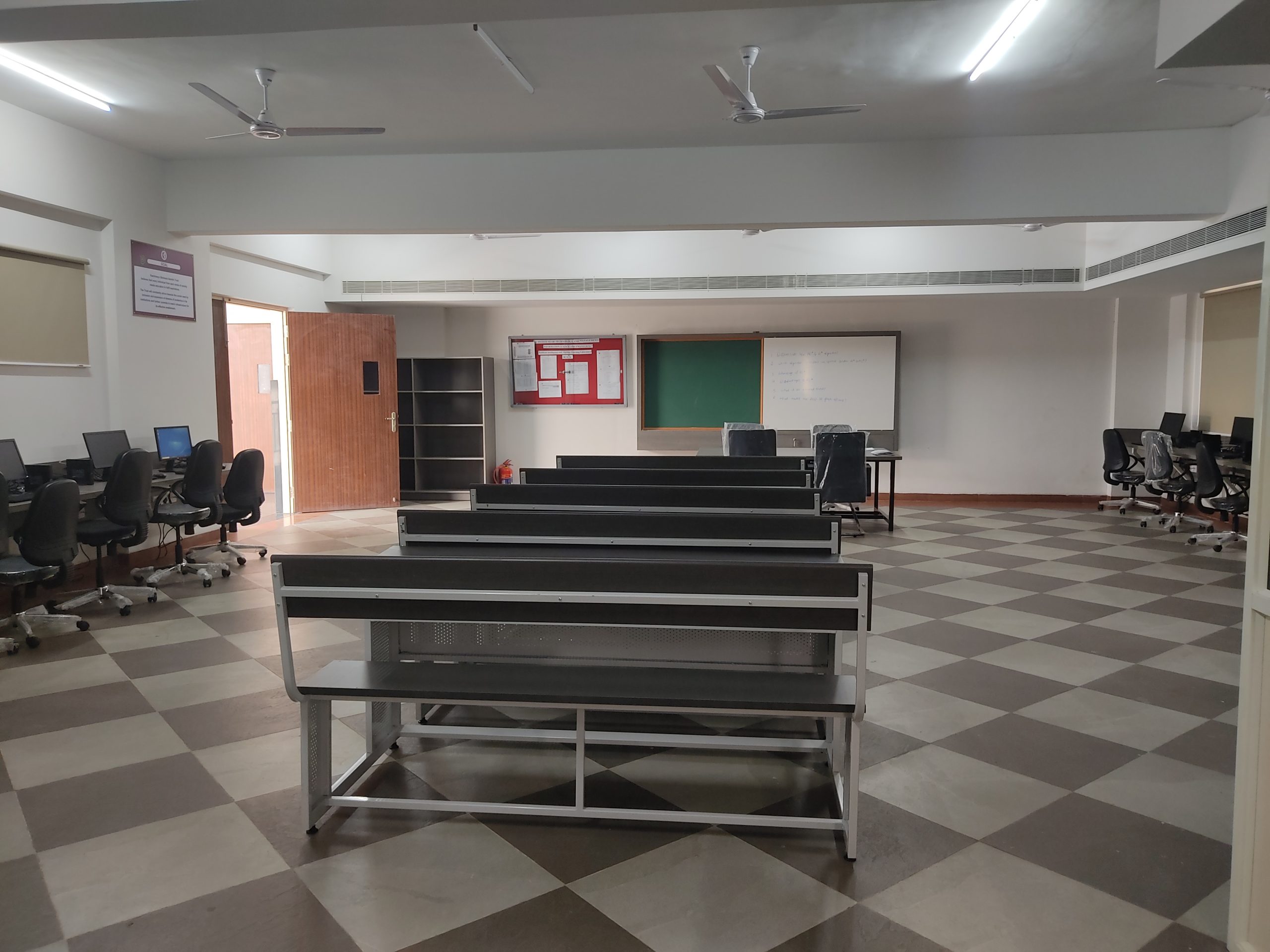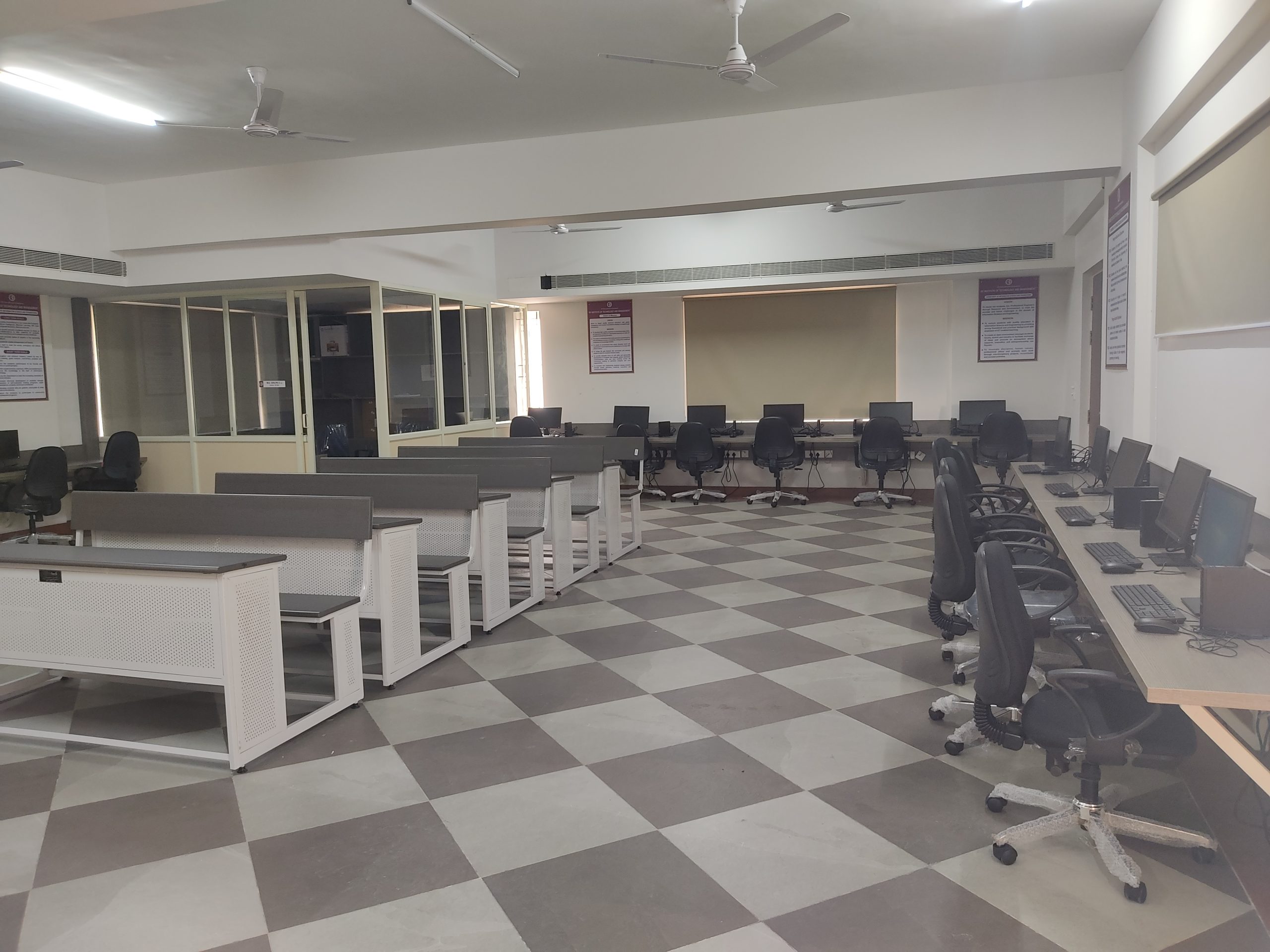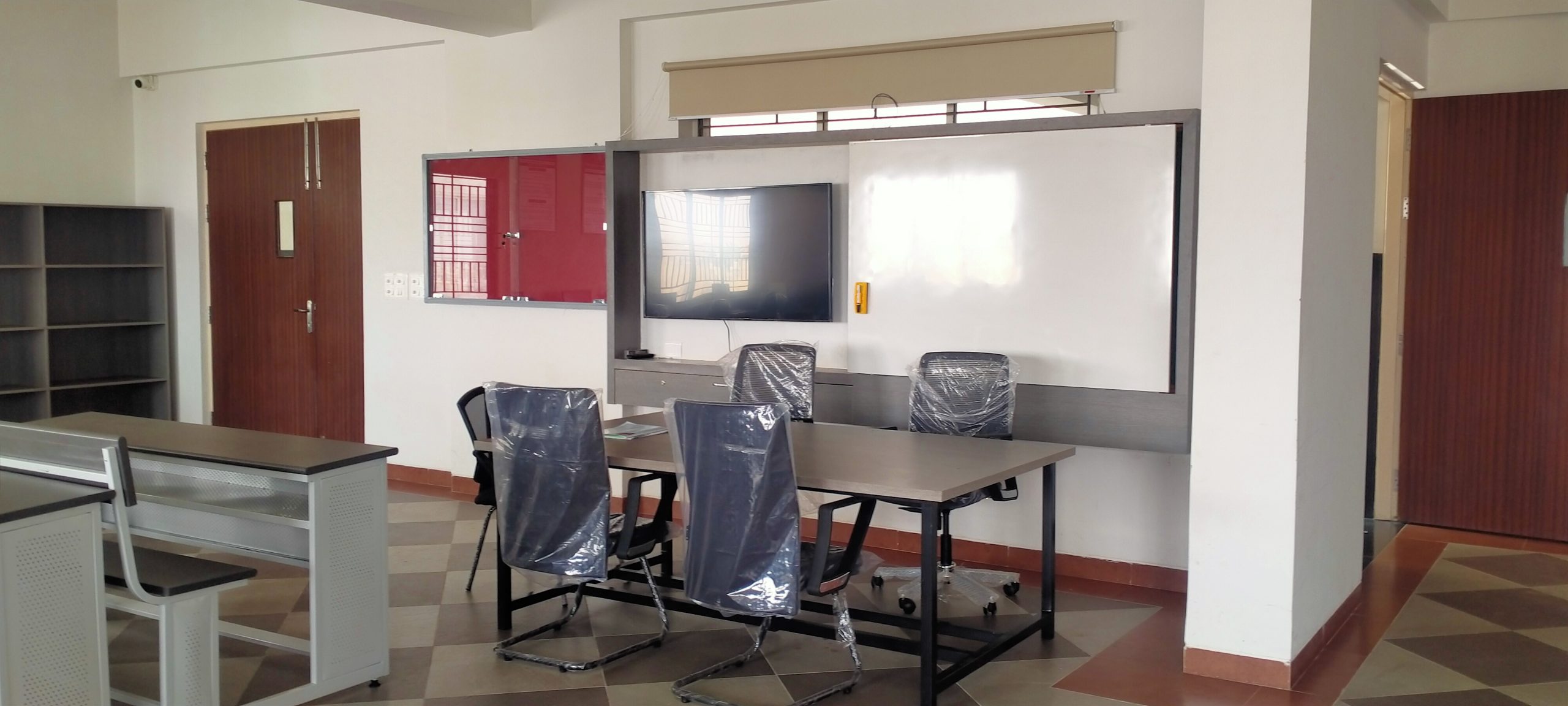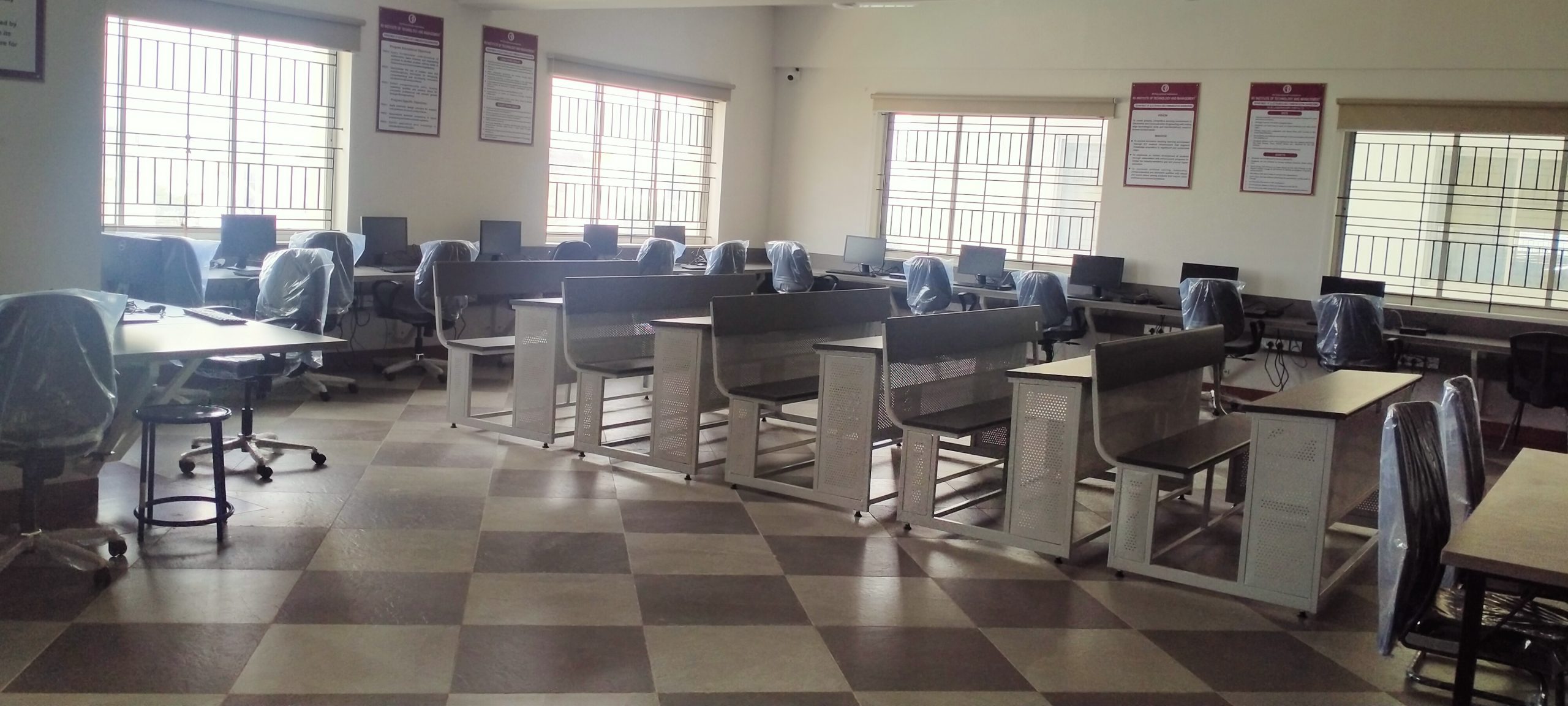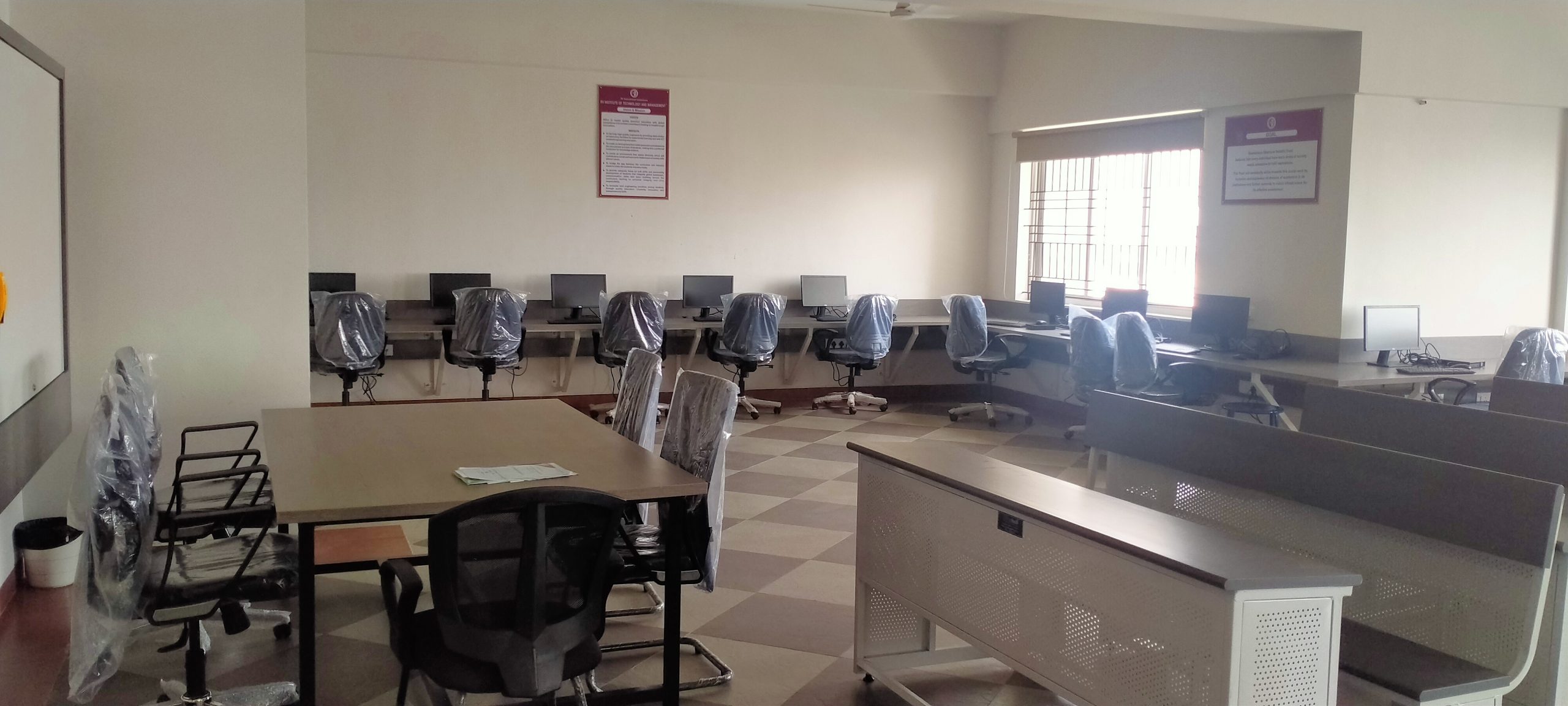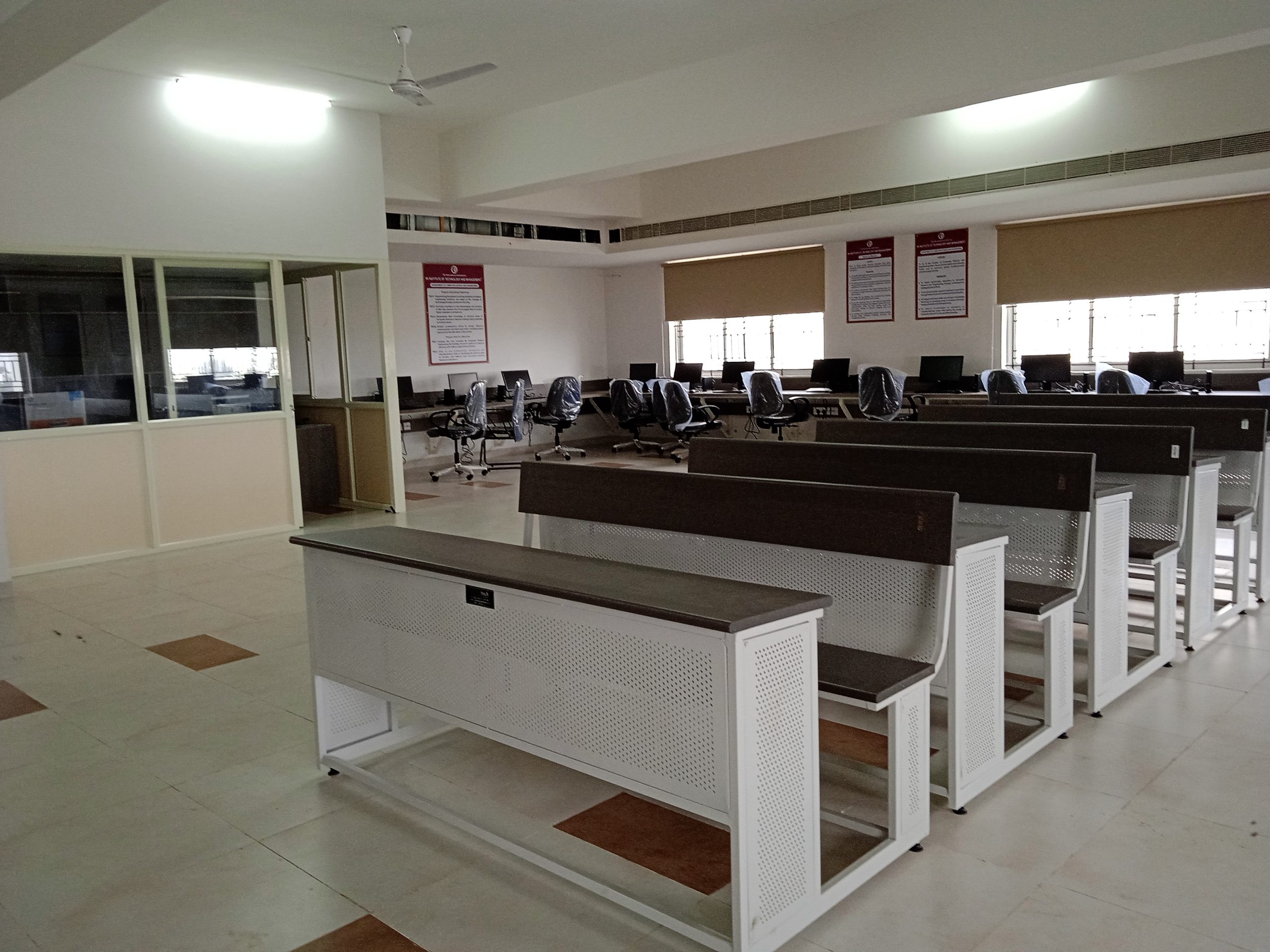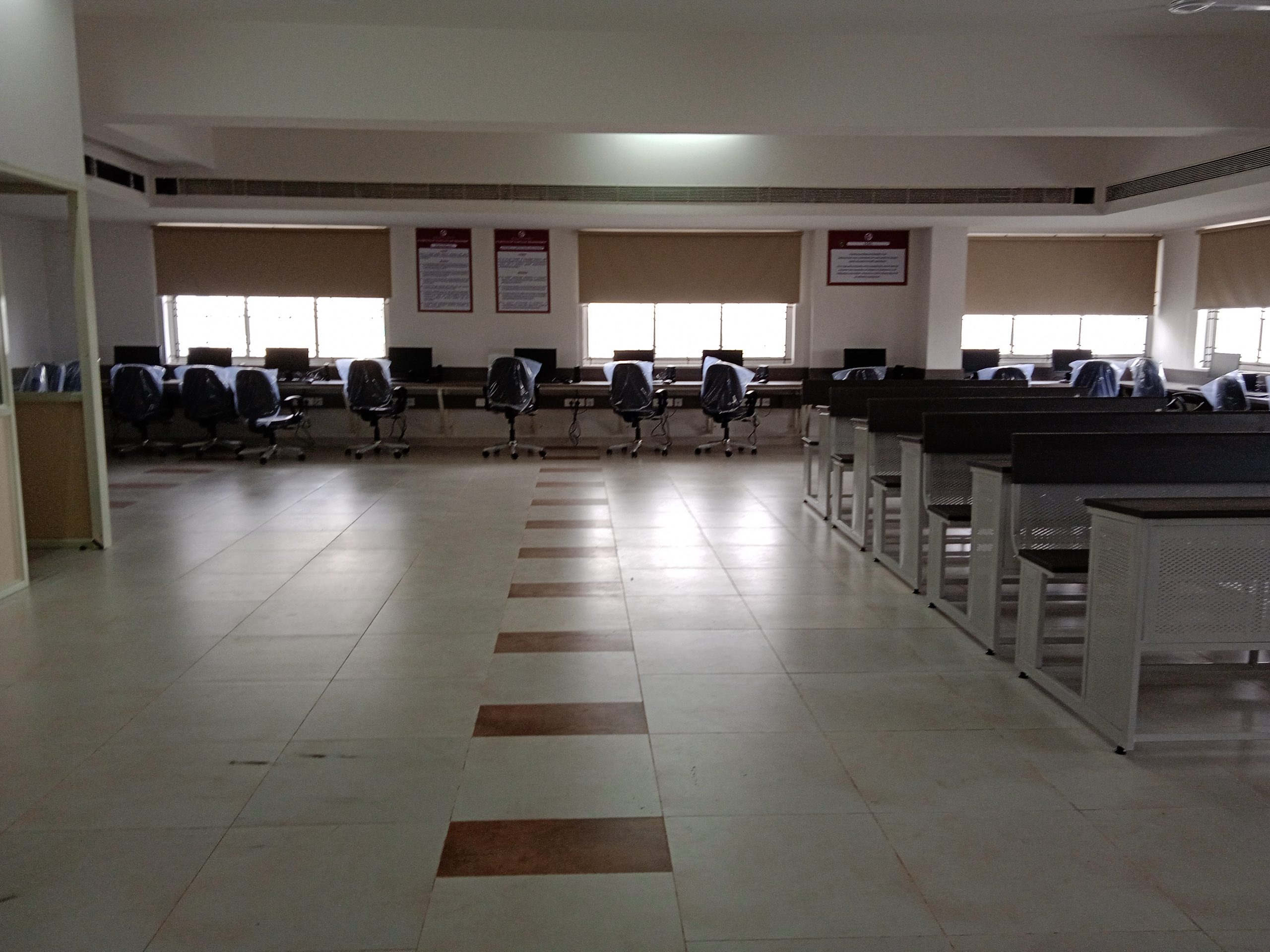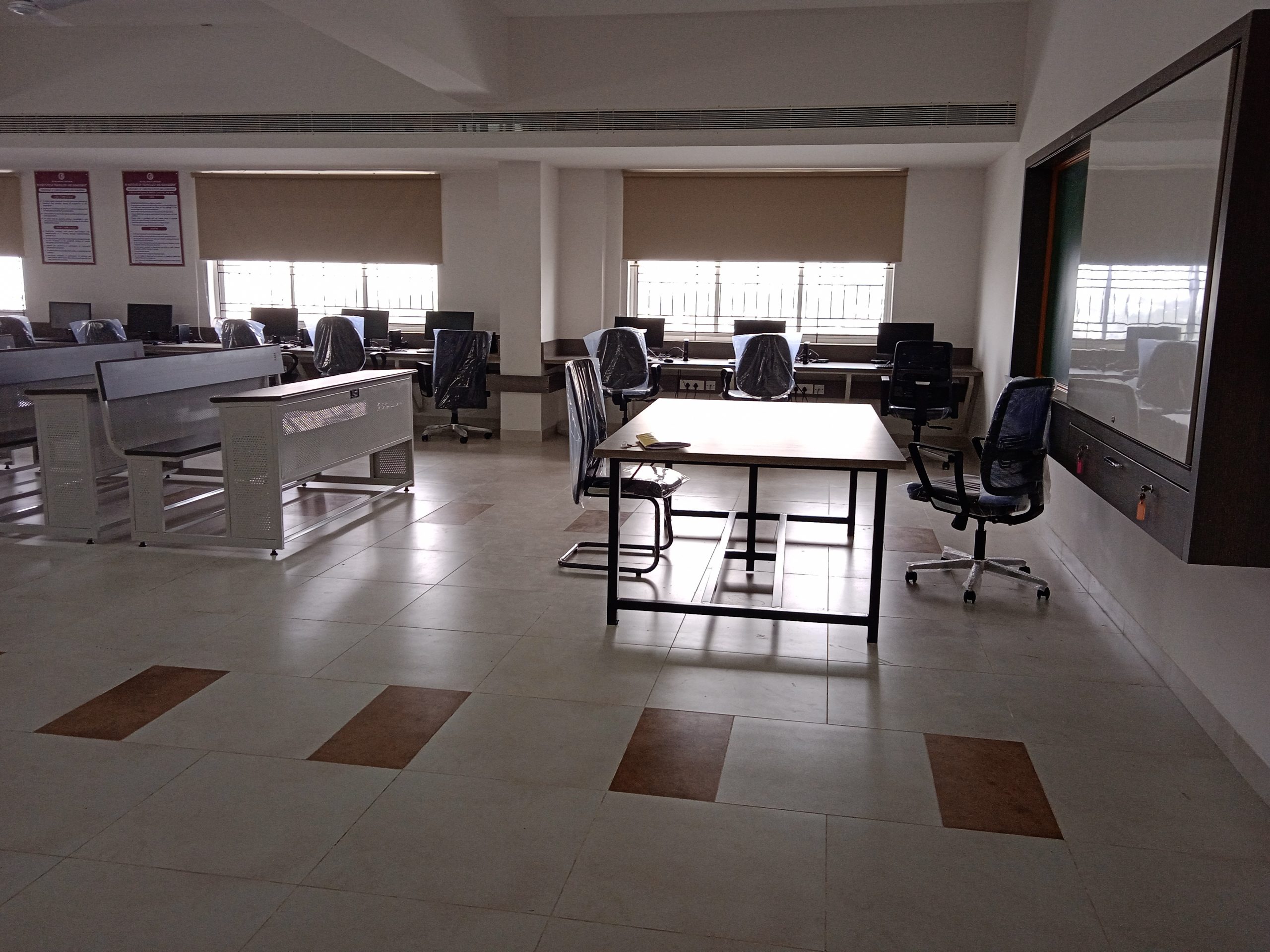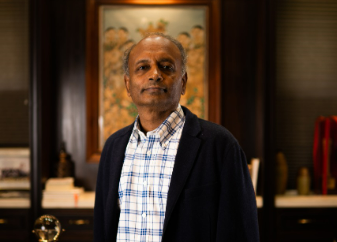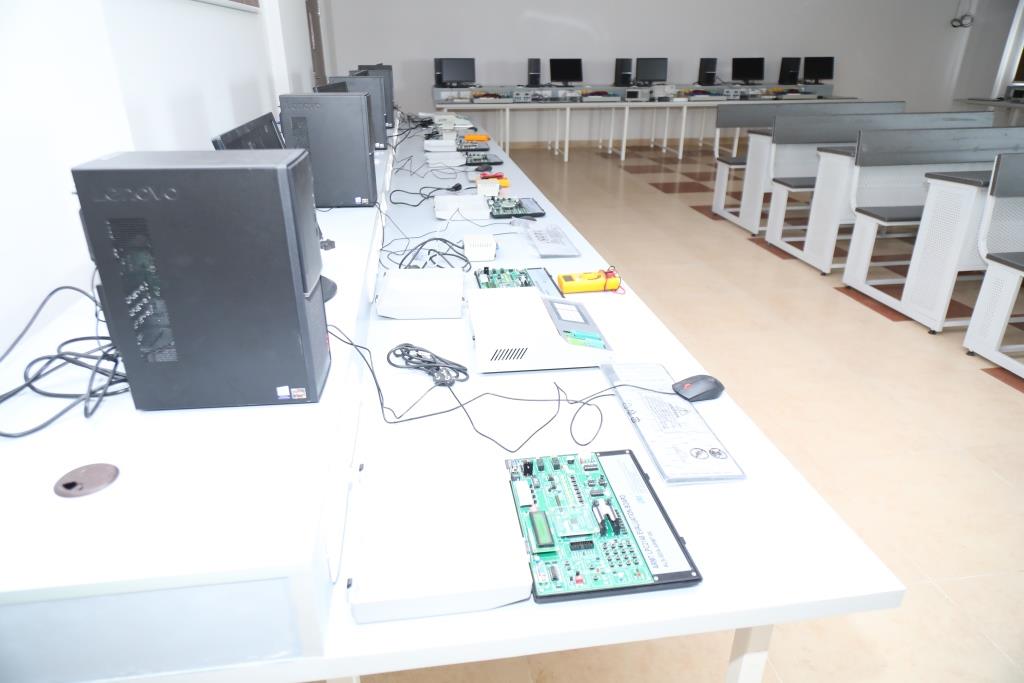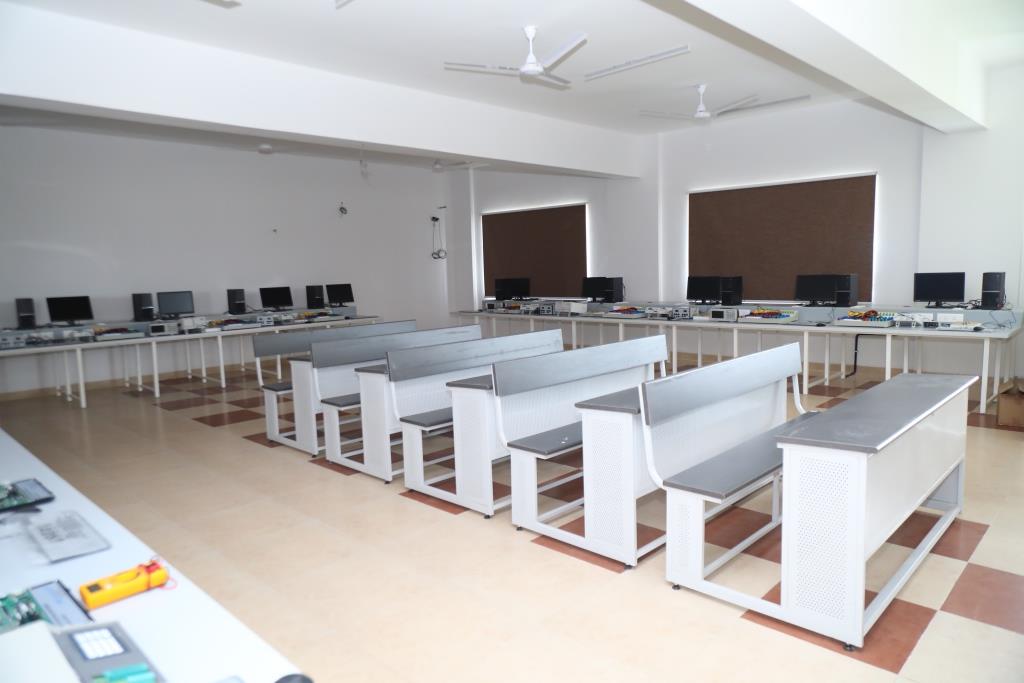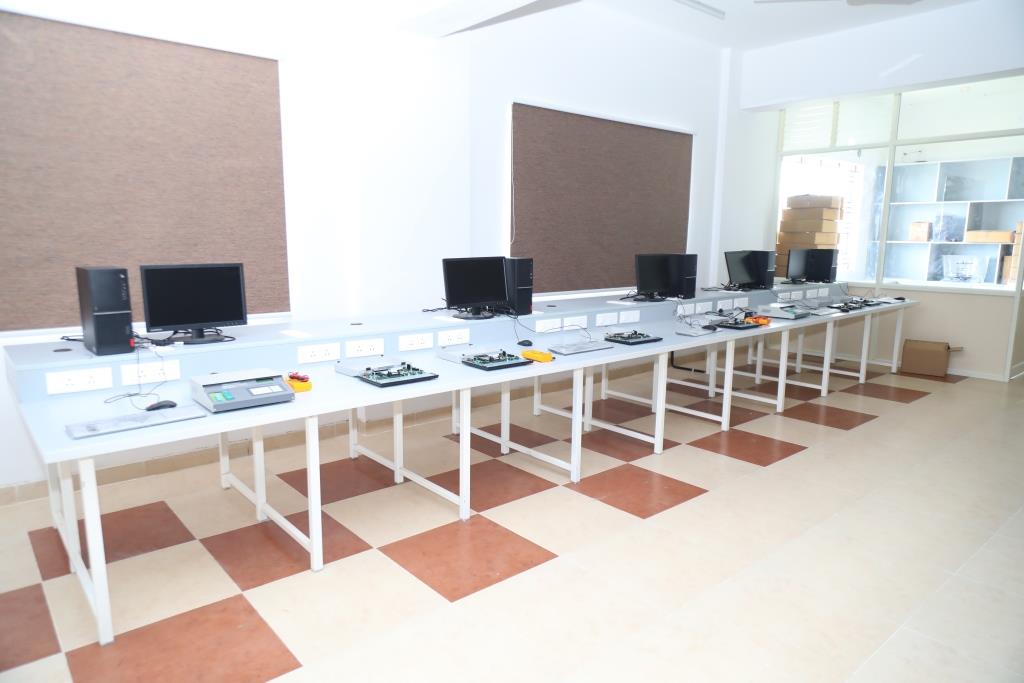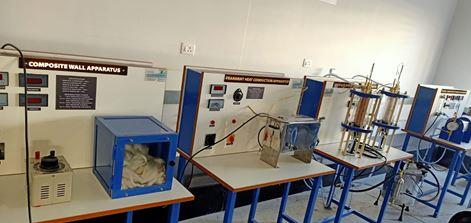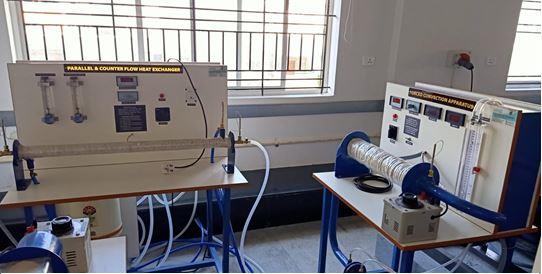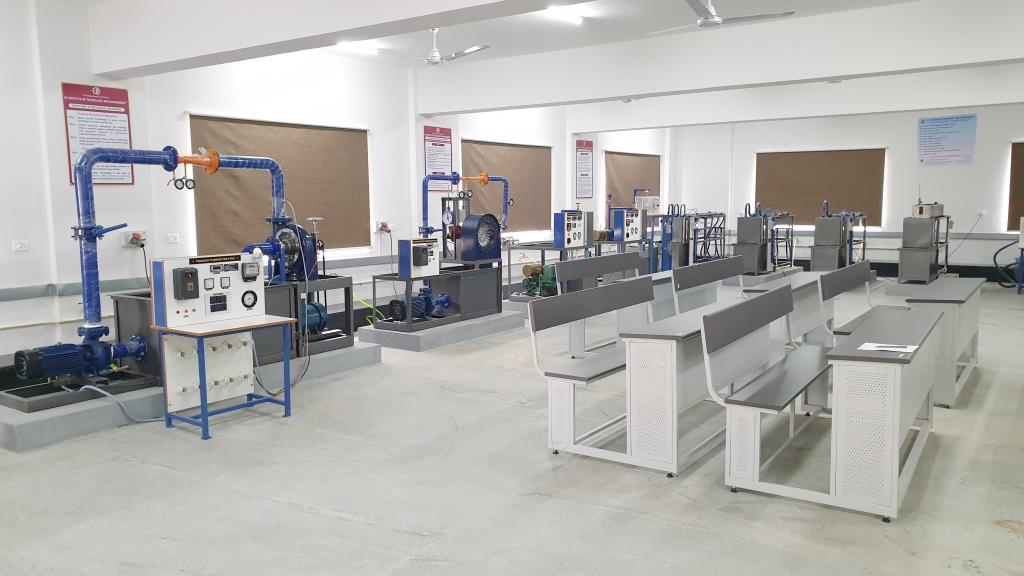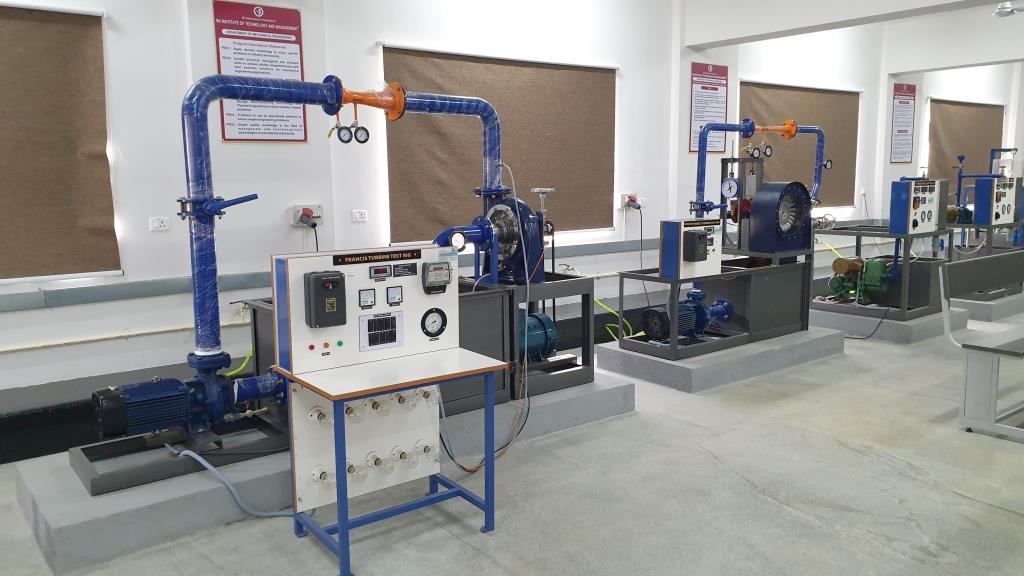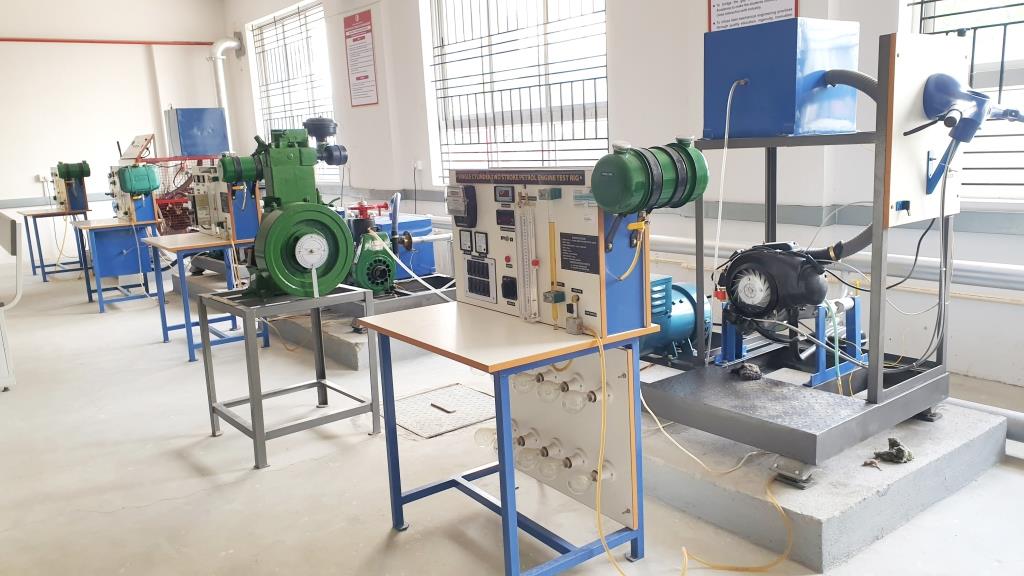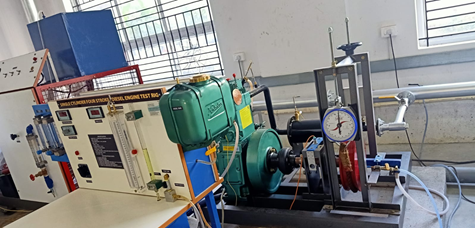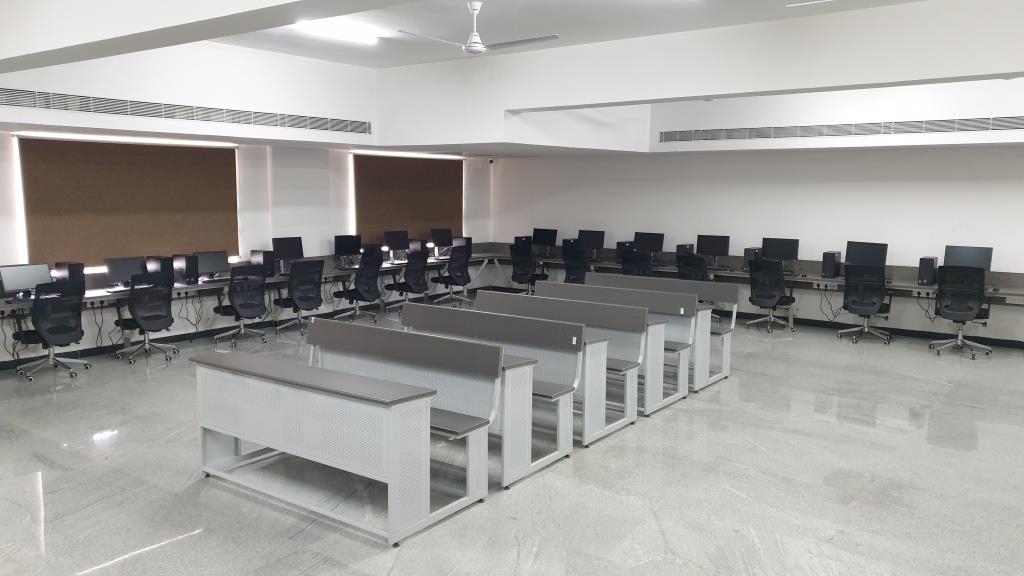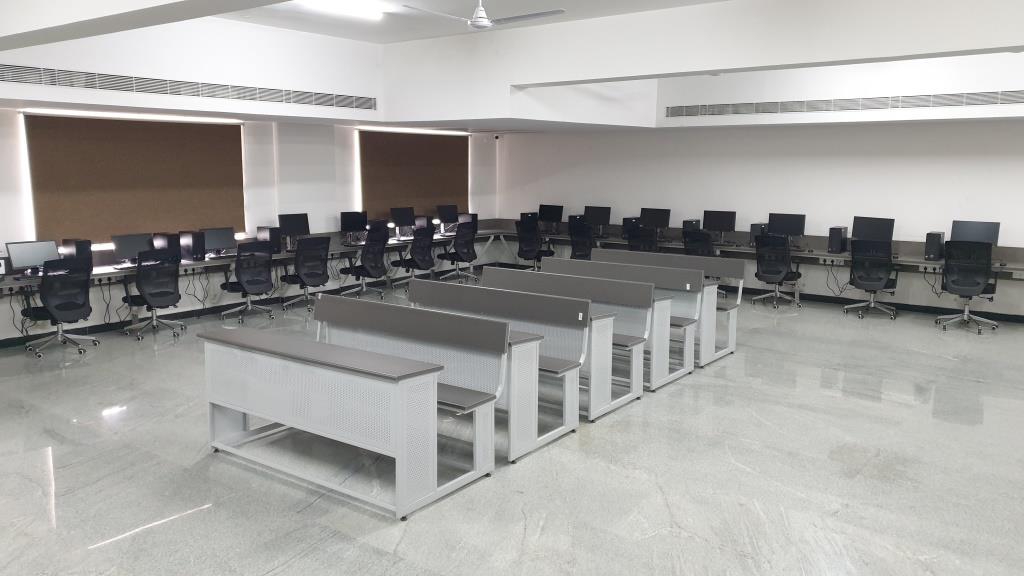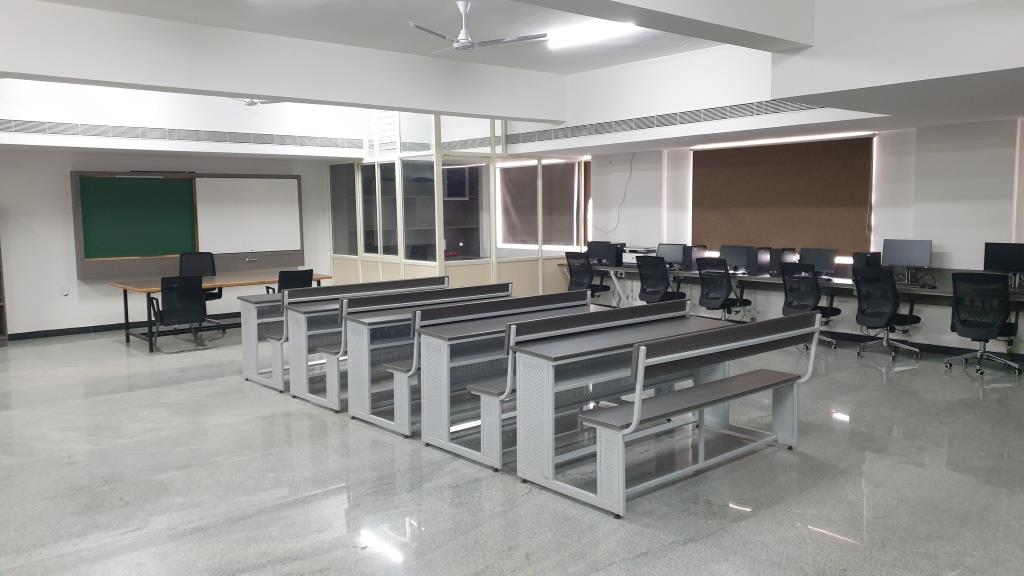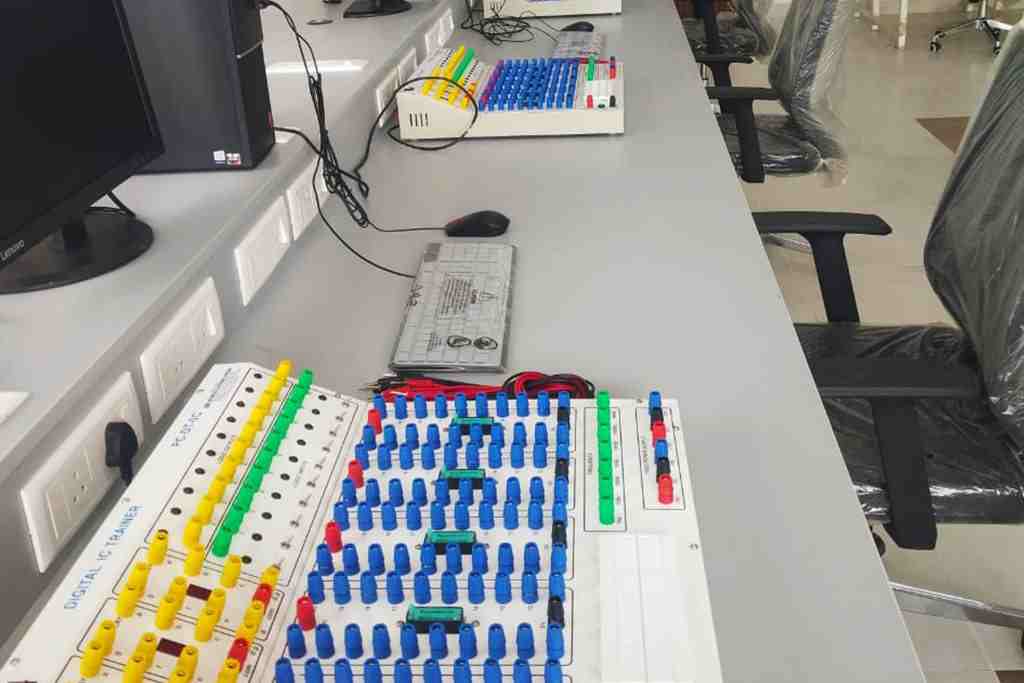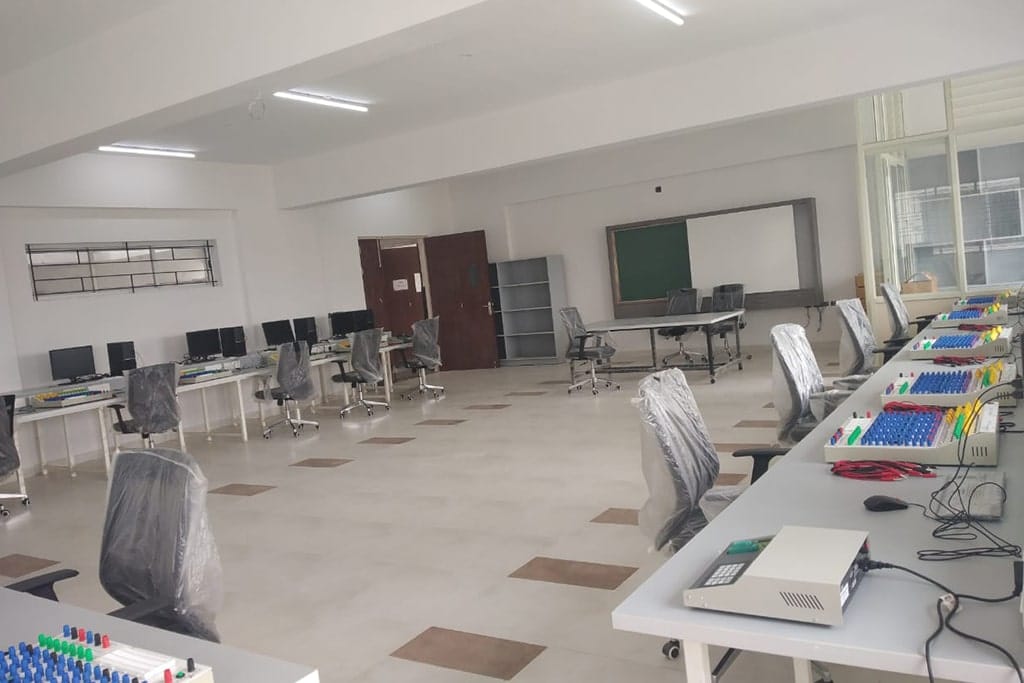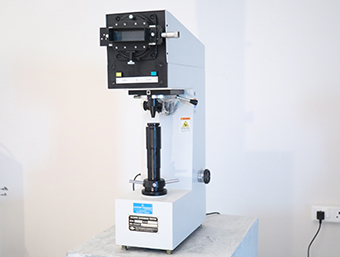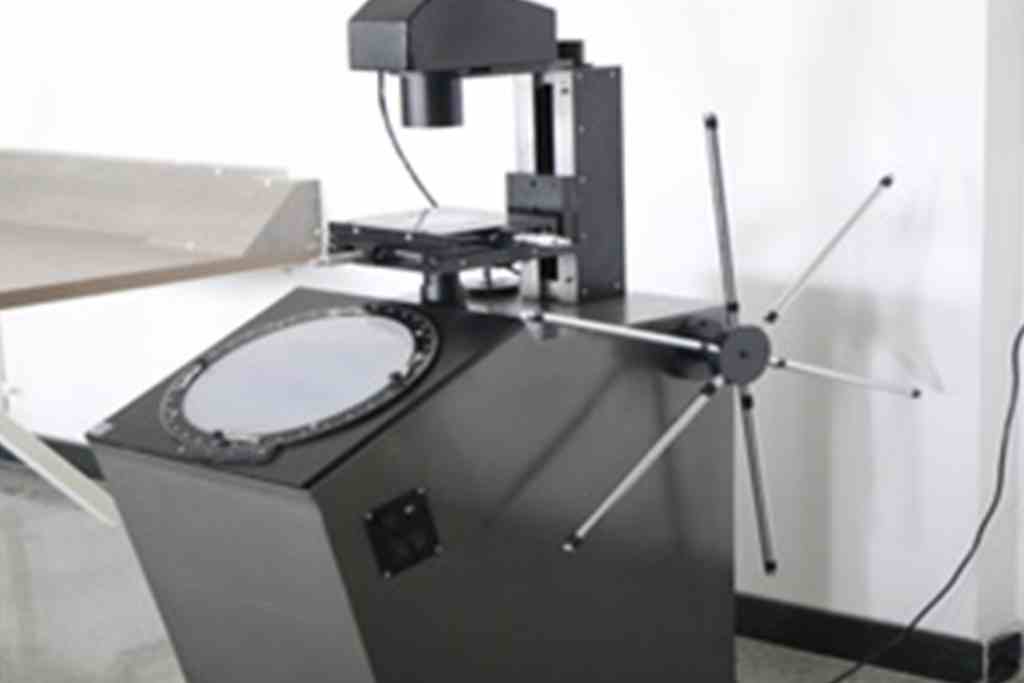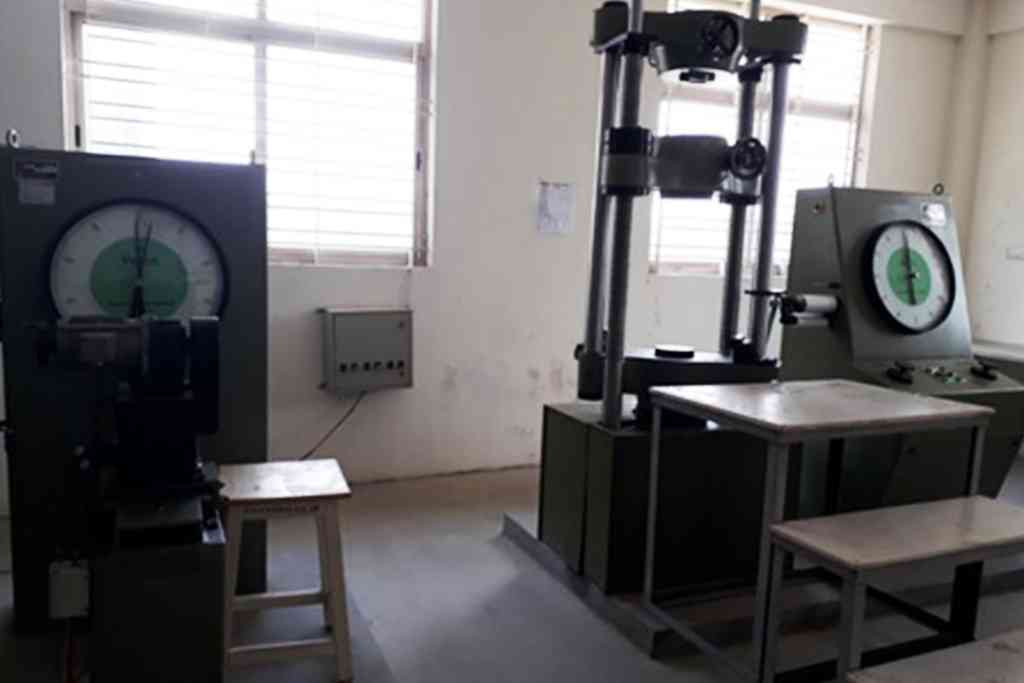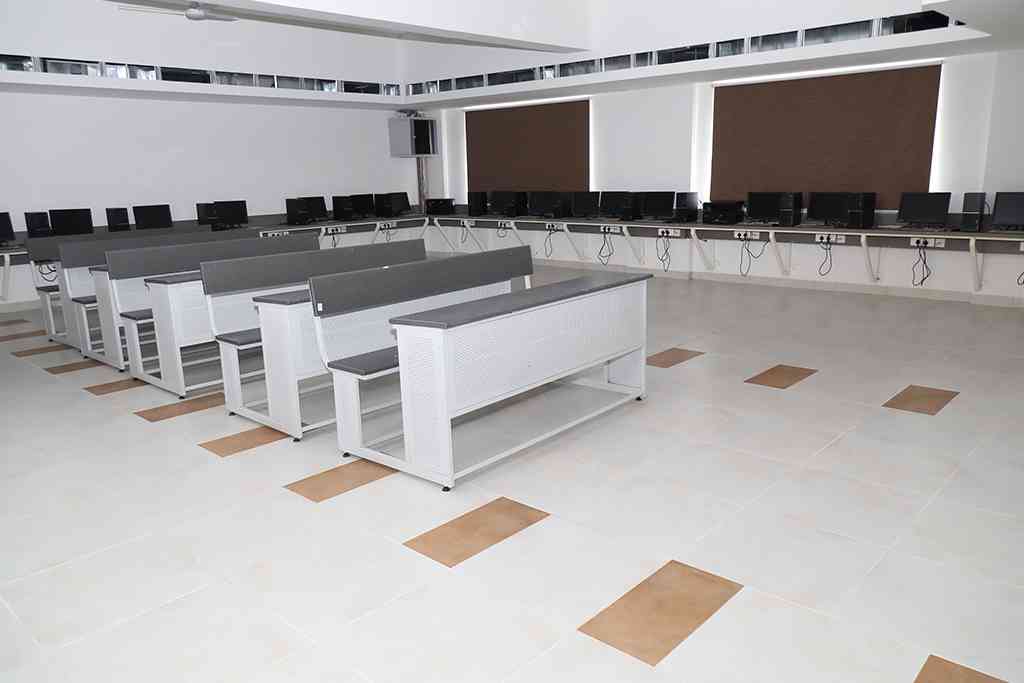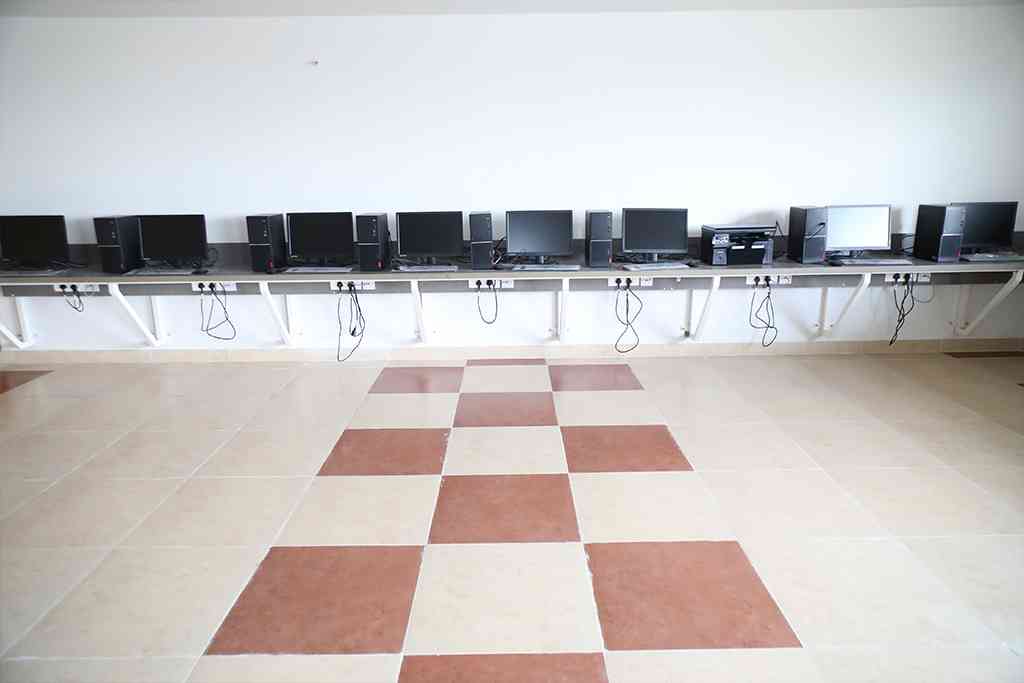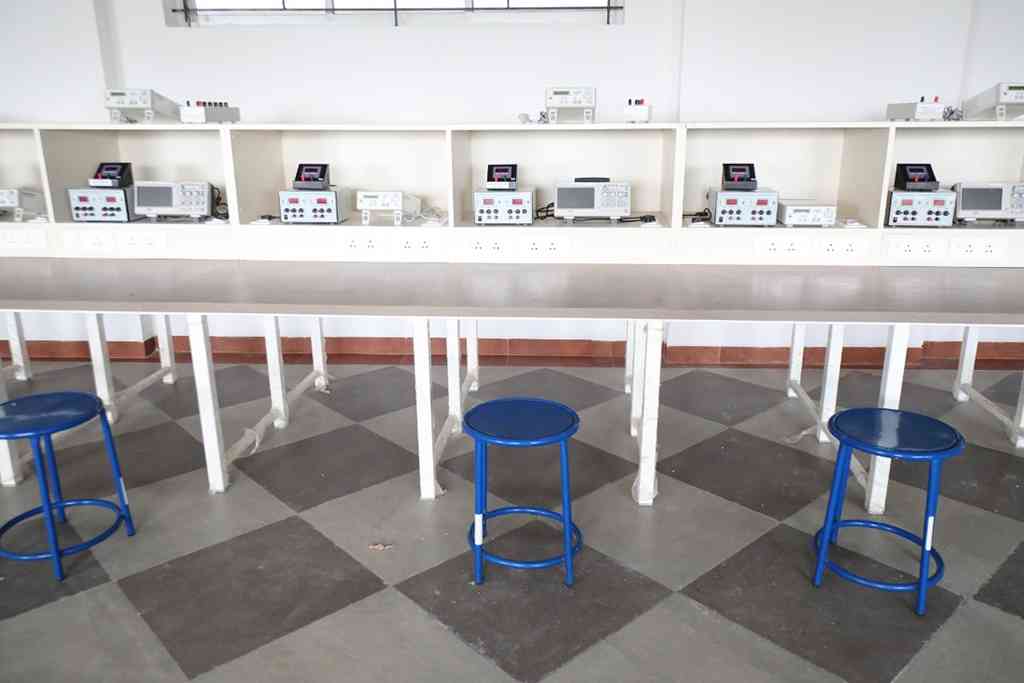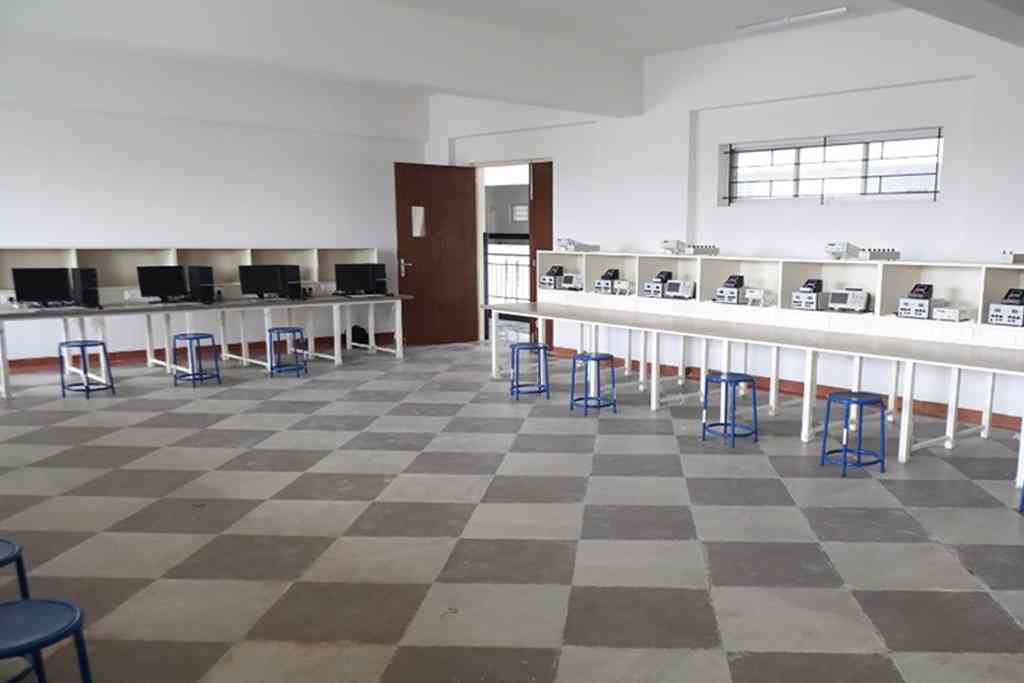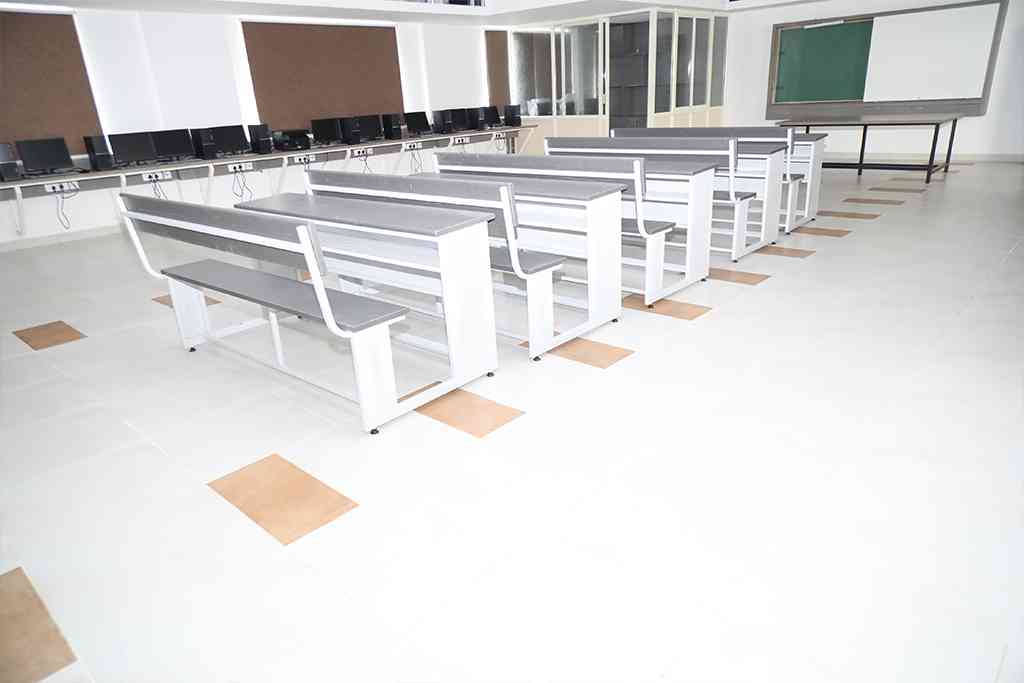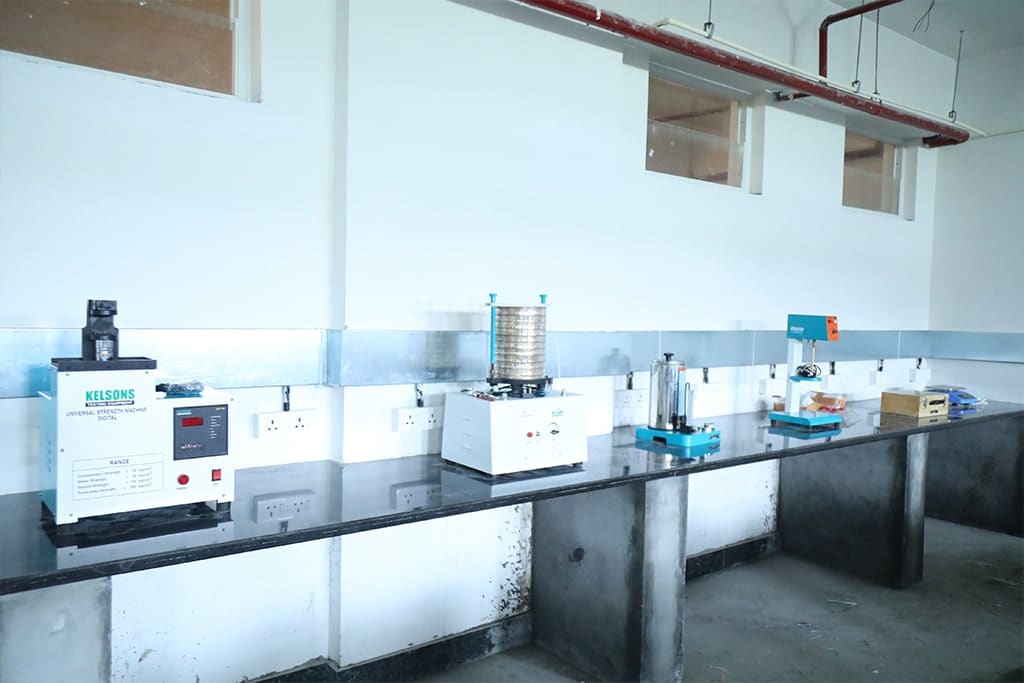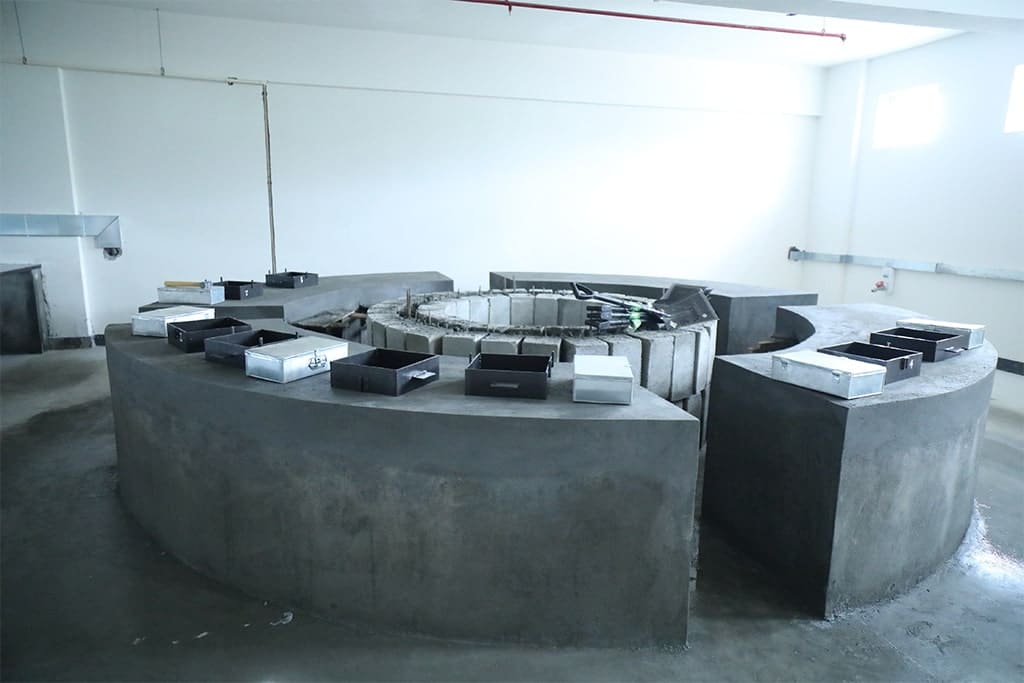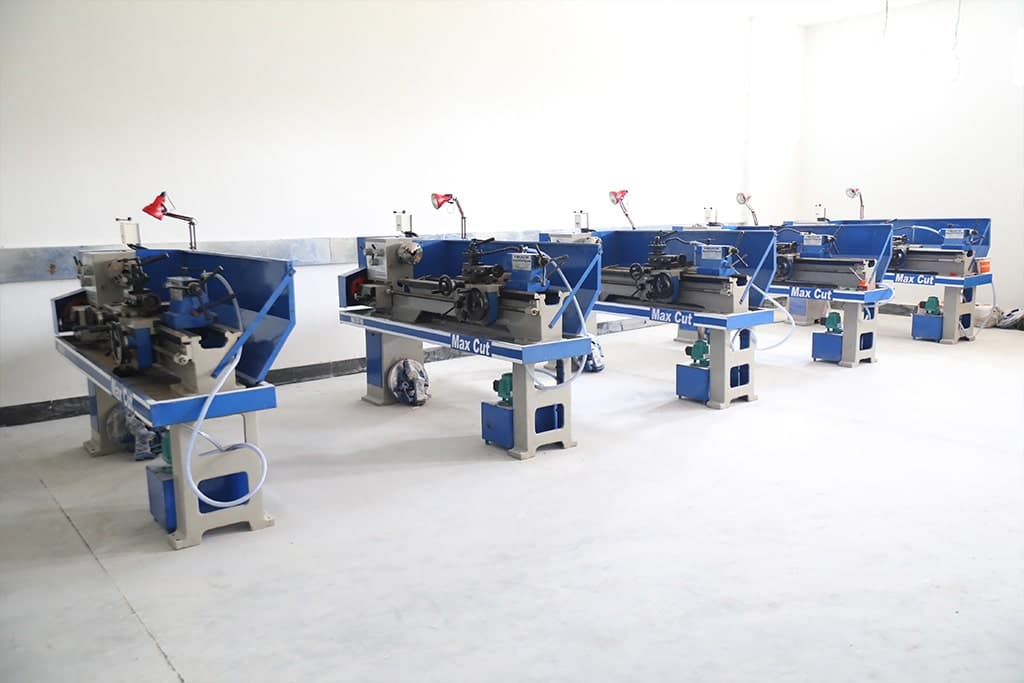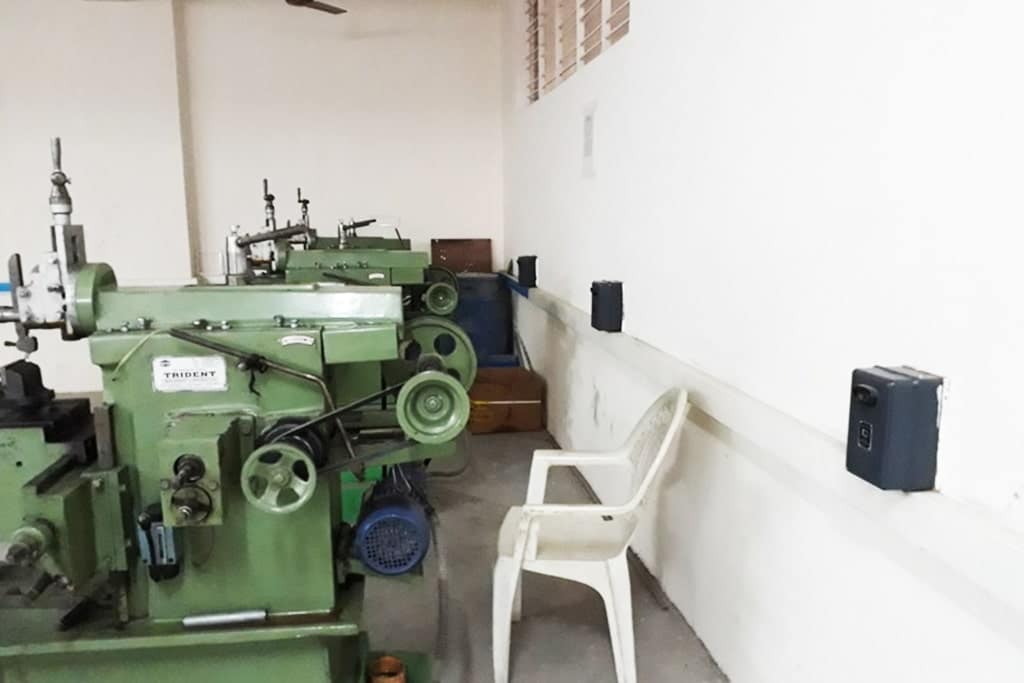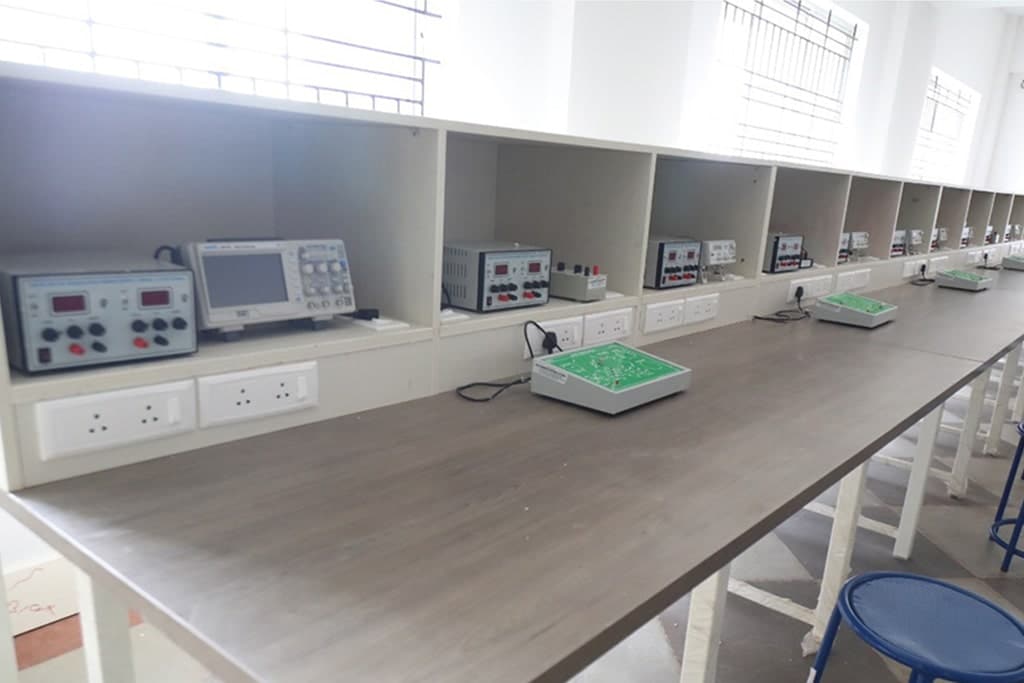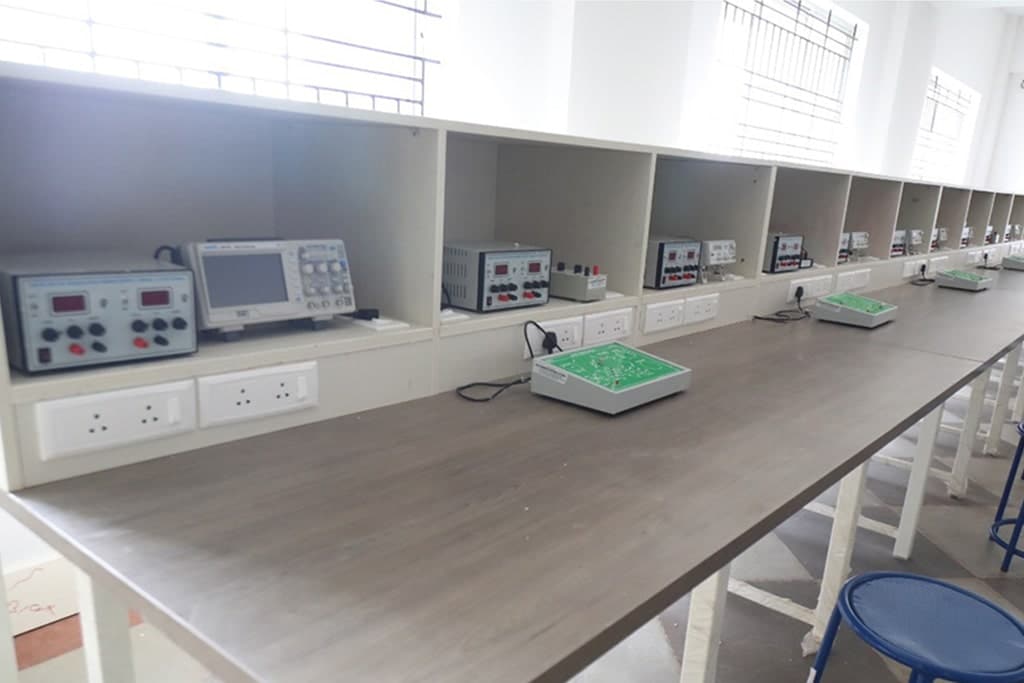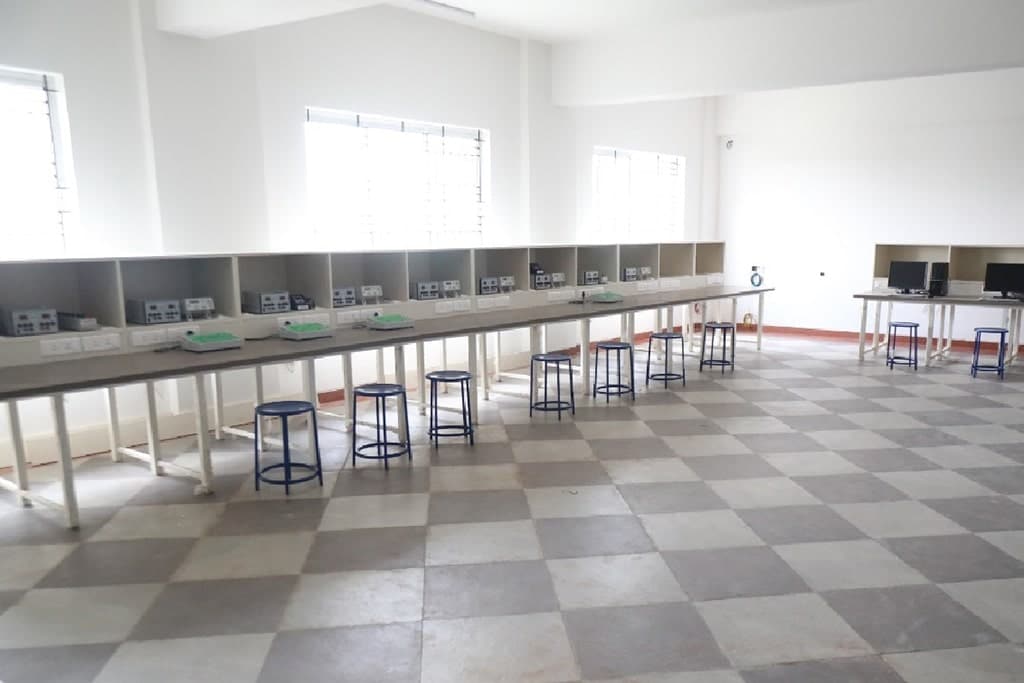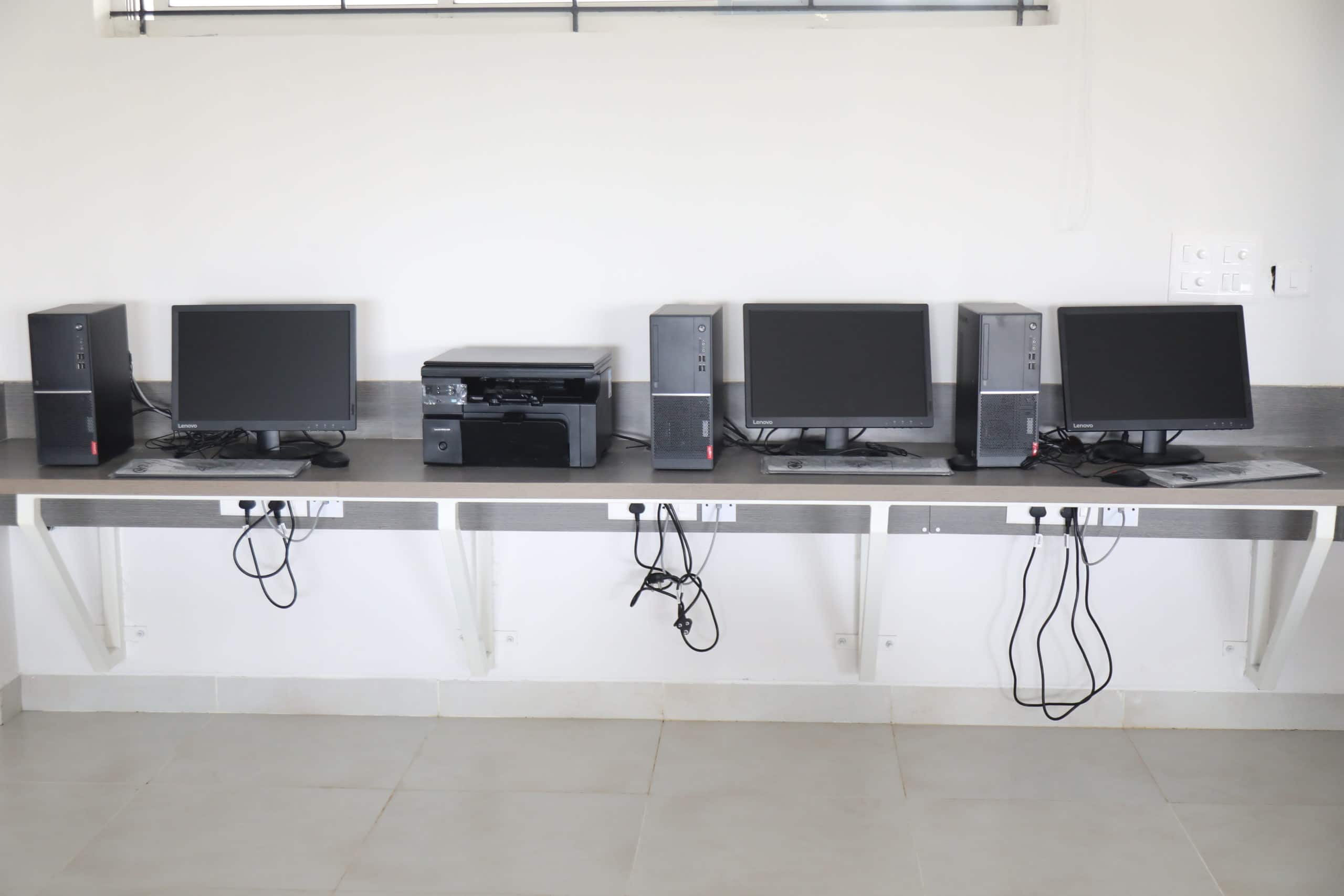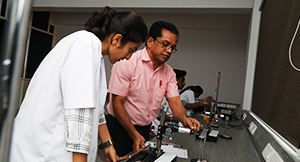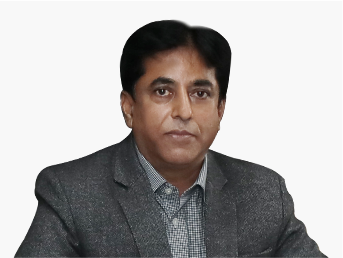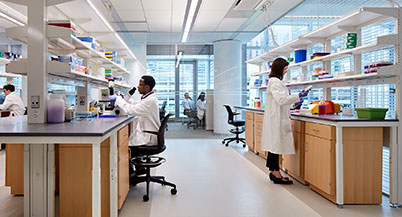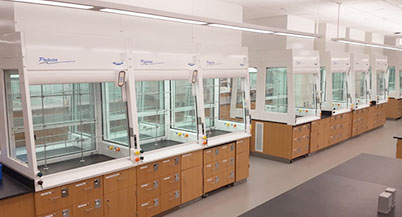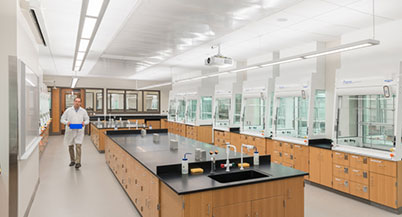
Dr. Nagashettappa Biradar
Principal and Chairman of Committees

Dr. Manjunatha Prasad. R
Vice Principal and HOD, ECE Department
Vice Chairman for Committees

Dr. Prashant P P
CoordinatorProfessor,ECE Department
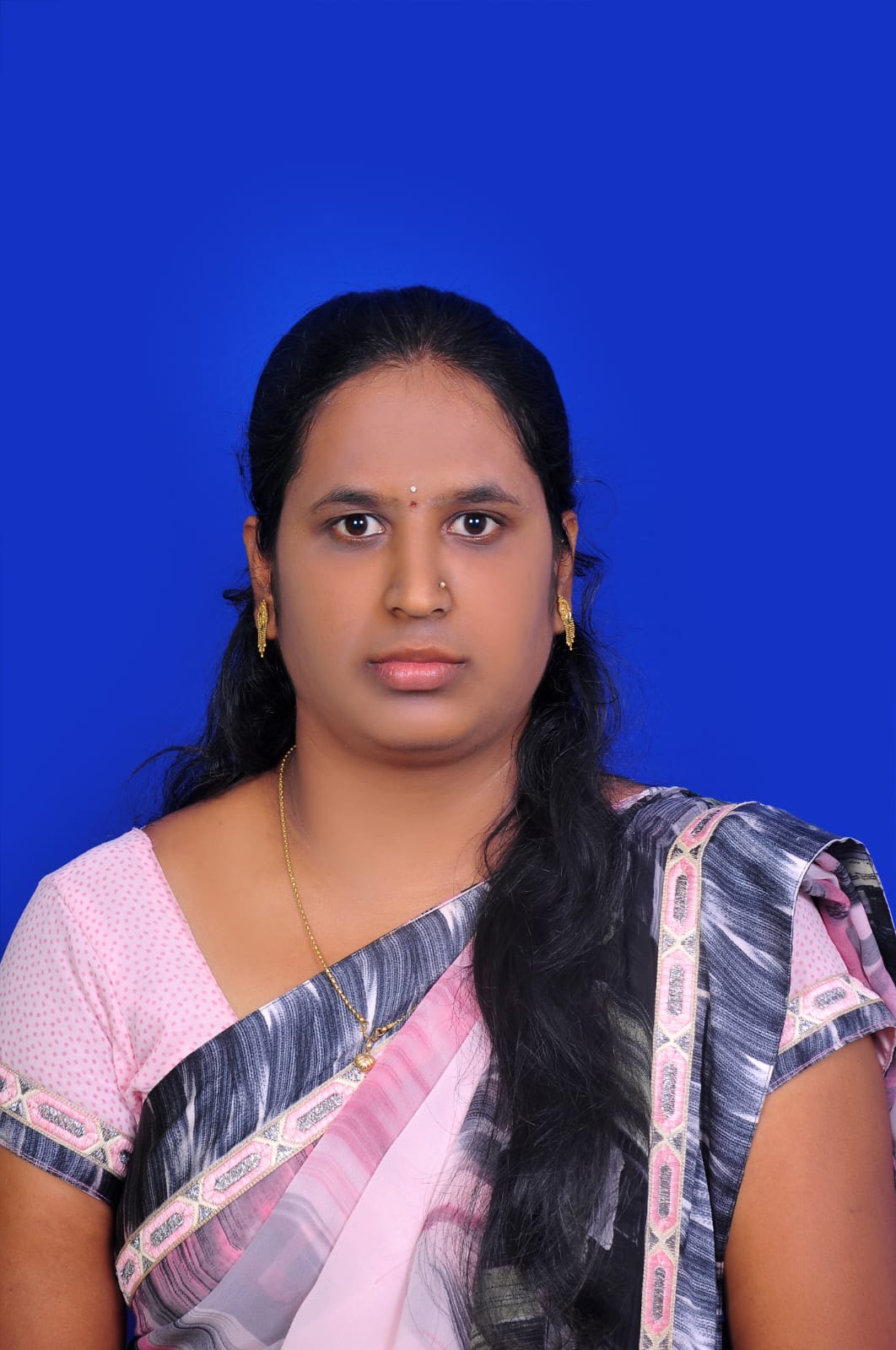
Mrs. Prabhavathi K
MemberAssistant Professor,CSE Department
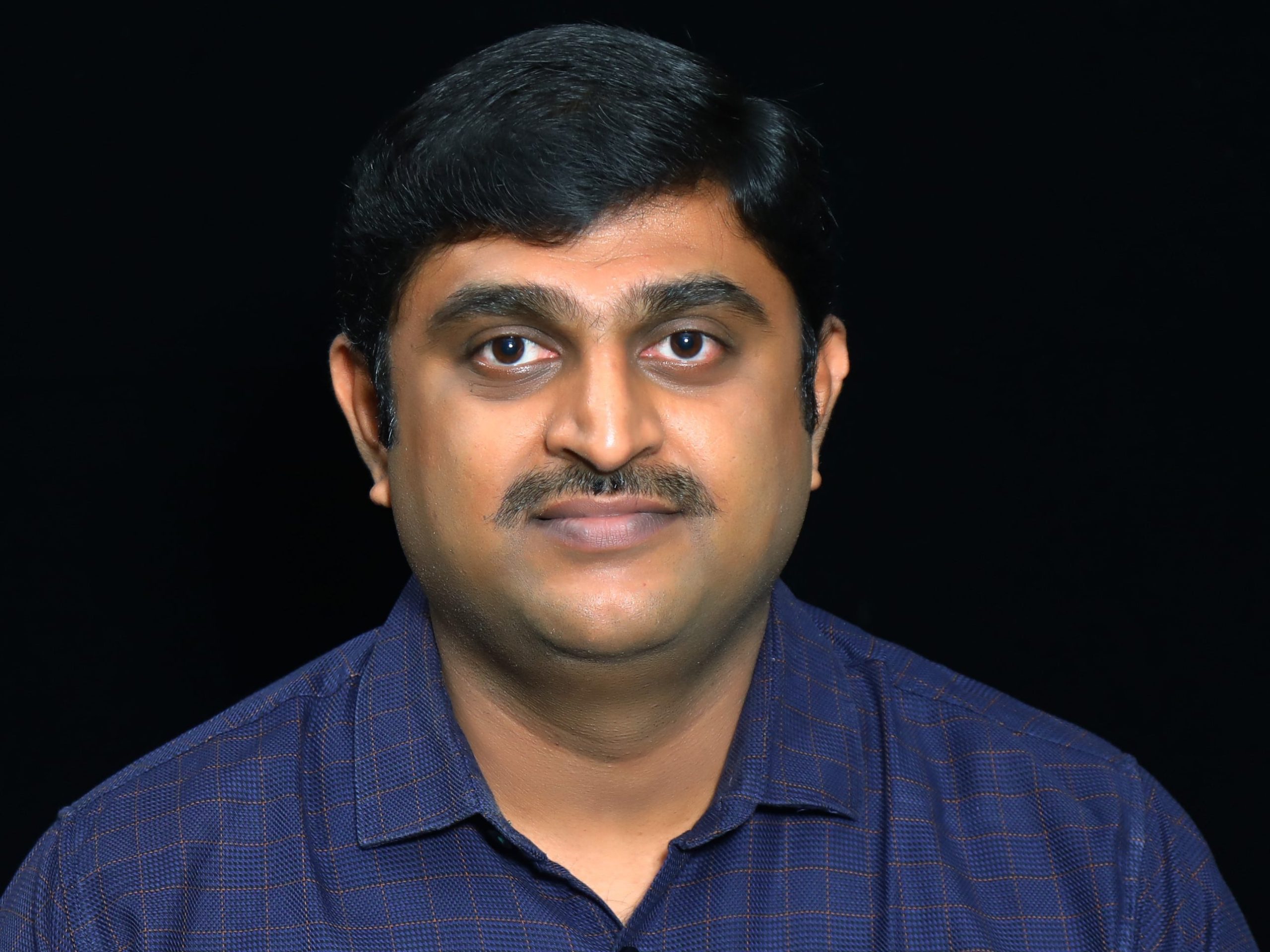
Dr. Chethan K S
MemberAssistant Professor,ECE Department
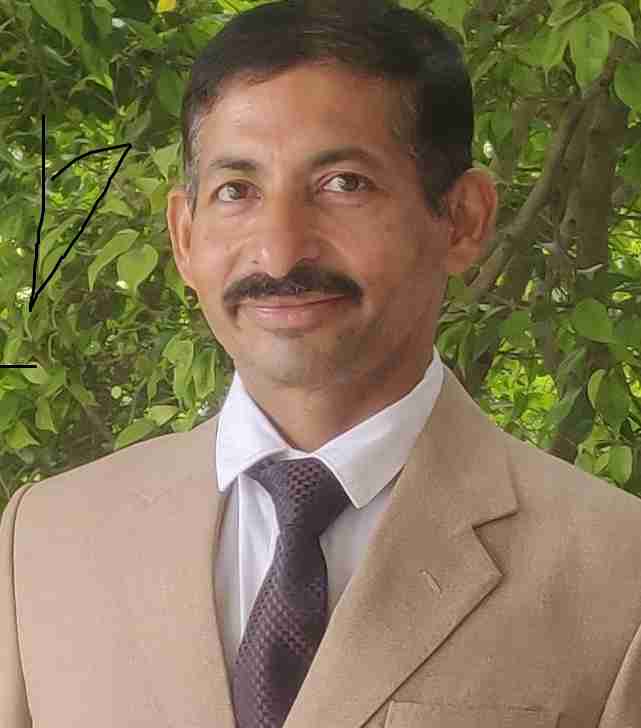
Mr. Krupesha D,
MemberAssistant Professor, ISE Department
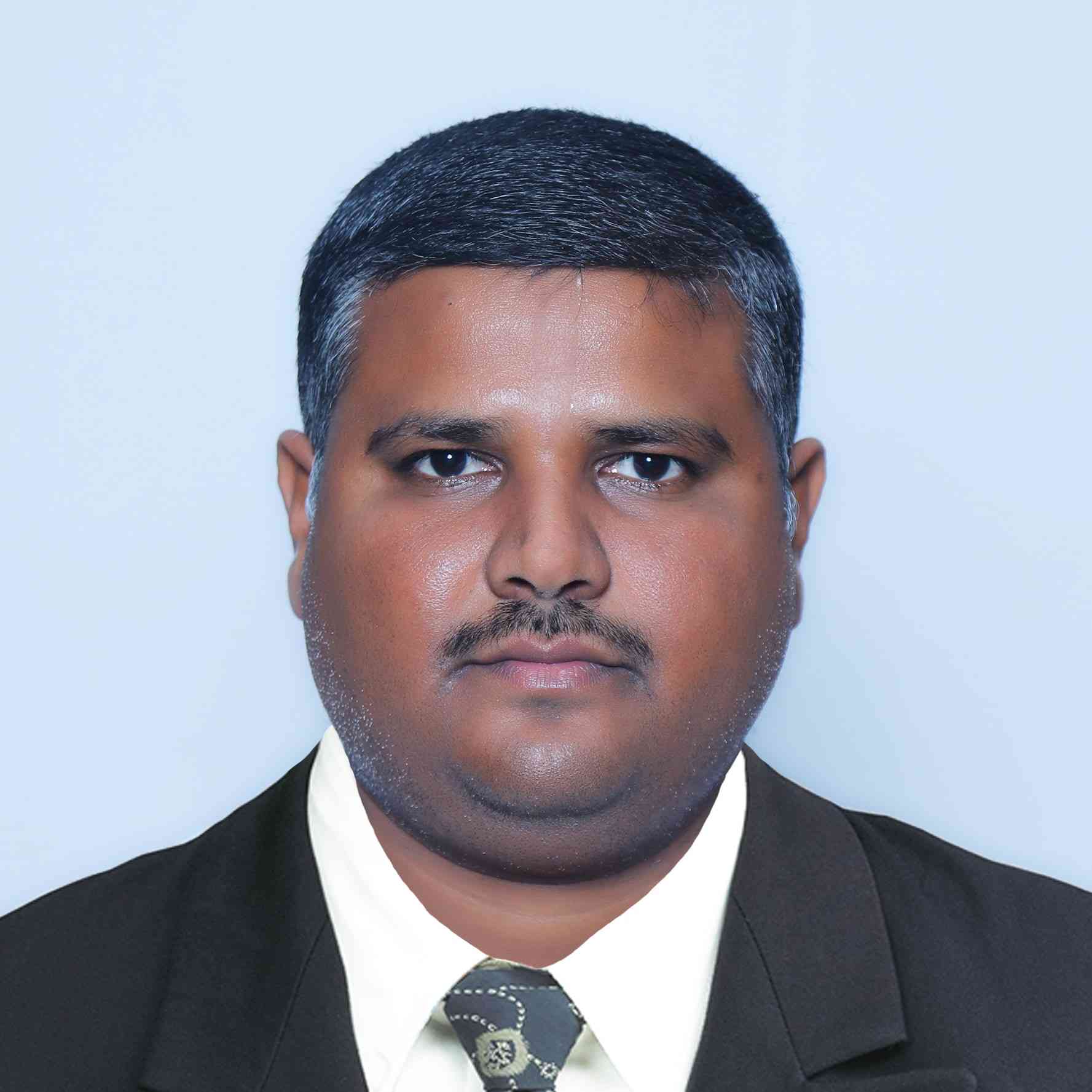
Dr. Lokesh P
MemberAssistant Professor,ME Department
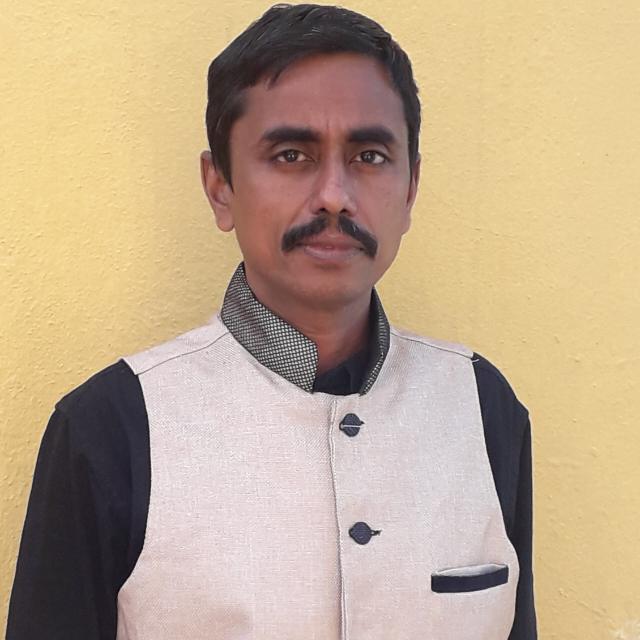
Dr. Saravanan. R
MemberAssistant Professor, MCA Department
About
The Statutory Grievance Redressal Committee is formed as per the norms of AICTE act clause 1 of section 23. The committee has been framed to provide transparency to the stakeholders in regards with imparting a fair technical education. It provides open platform for the students and staff get their grievances solved through request and discussion as applicable.The committee shall develop an online platform for the students to lodge their grievances or complaints to the college authorities on any subject related to services offered to them. The committee shall provide an environment where grievances are expressed without fear or victimisation. A clear, well defined and structured process of grievance redressal shall be maintained. The committee shall also ensure fair and speedy redressal of grievances.
Procedure for application
- The Grievance Redressal Committee will consider the grievances or problems of students and staff through application only.
- The application can be sent online to the Principals email: principal.rvitm@rvei.edu.in
- Necessary enquiry will be made with the help of committee members and issues will be sorted out either through discussion, suggesting remedial measures like cancelling, penalty or other actions with the approval of committee chairman.
- The women grievances will be received and addressed by the women faculty members only
- All the necessary documentation regarding each complaint received will be recorded and documented

Sri Vinay K L
Invited Member(Mob:,9606701193) Sub Inspector of Police, Konanakunte Police Station

Sri.Srinivas.K.
Invited MemberSub Inspector of Police, Konanakunte Police Station

Sri Nanje Gowda
Invited Member(Mob:9480801520)Inspector of Police, Konanakunte Police Station
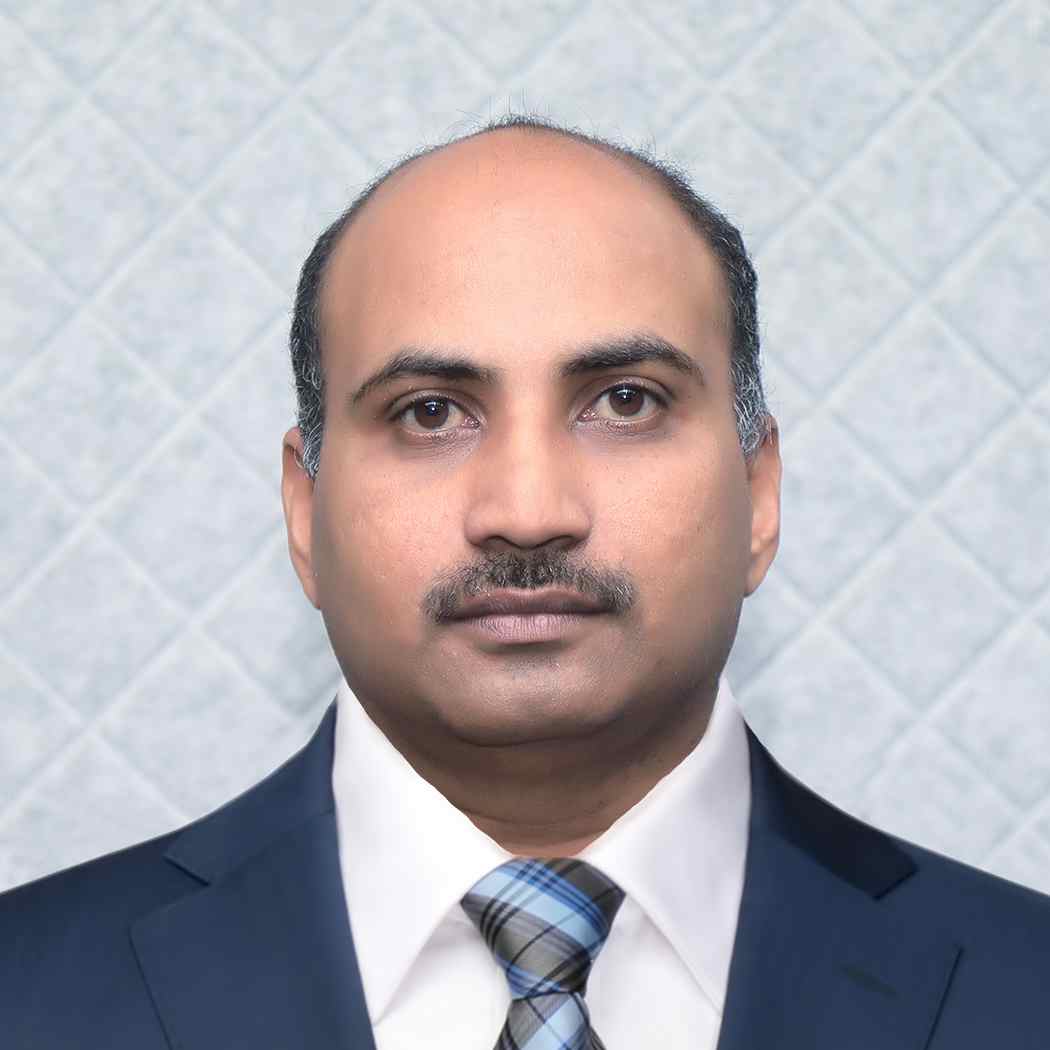
Dr. Rudresh Kumar K J
CoordinatorAssociate Professor and Head, Chemistry Department
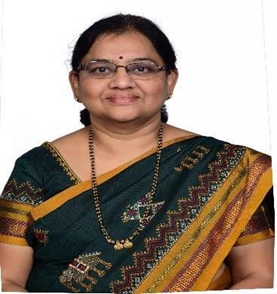
Dr. Malini M Patil
MemberProfessor and Head, CSE Department
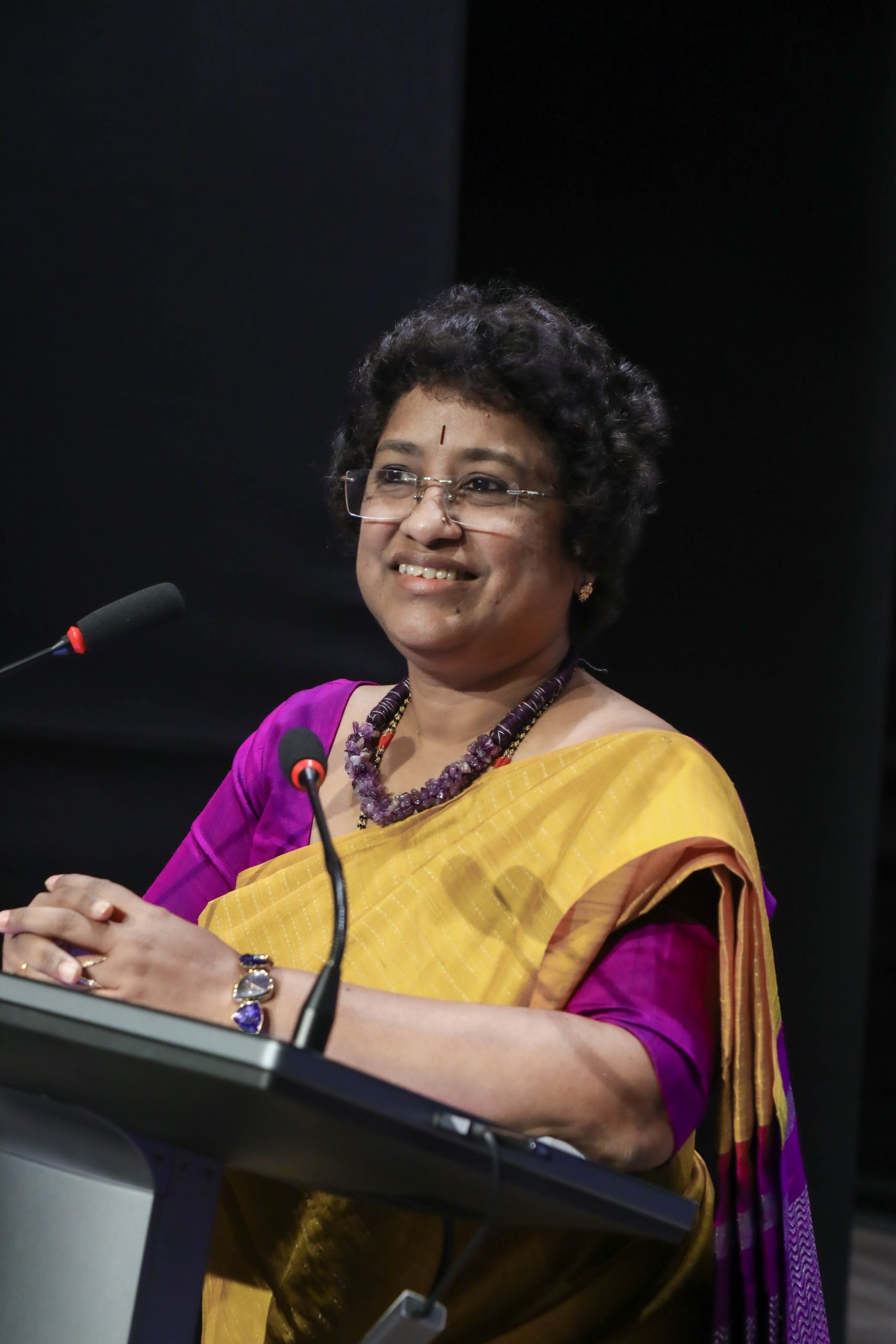
Dr. Latha C A
MemberProfessor and Head, ISE Department

Dr. C Solaimuthu
MemberAssociate Professor and I/C Head, ME Department
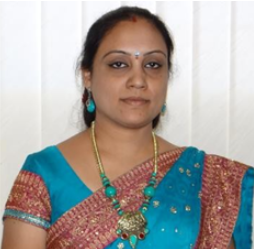
Dr. Mrunalini M
MemberProfessor and Head, MCA Department

Dr. Gangadariah Y H
MemberProfessor and Head, Mathematics Department
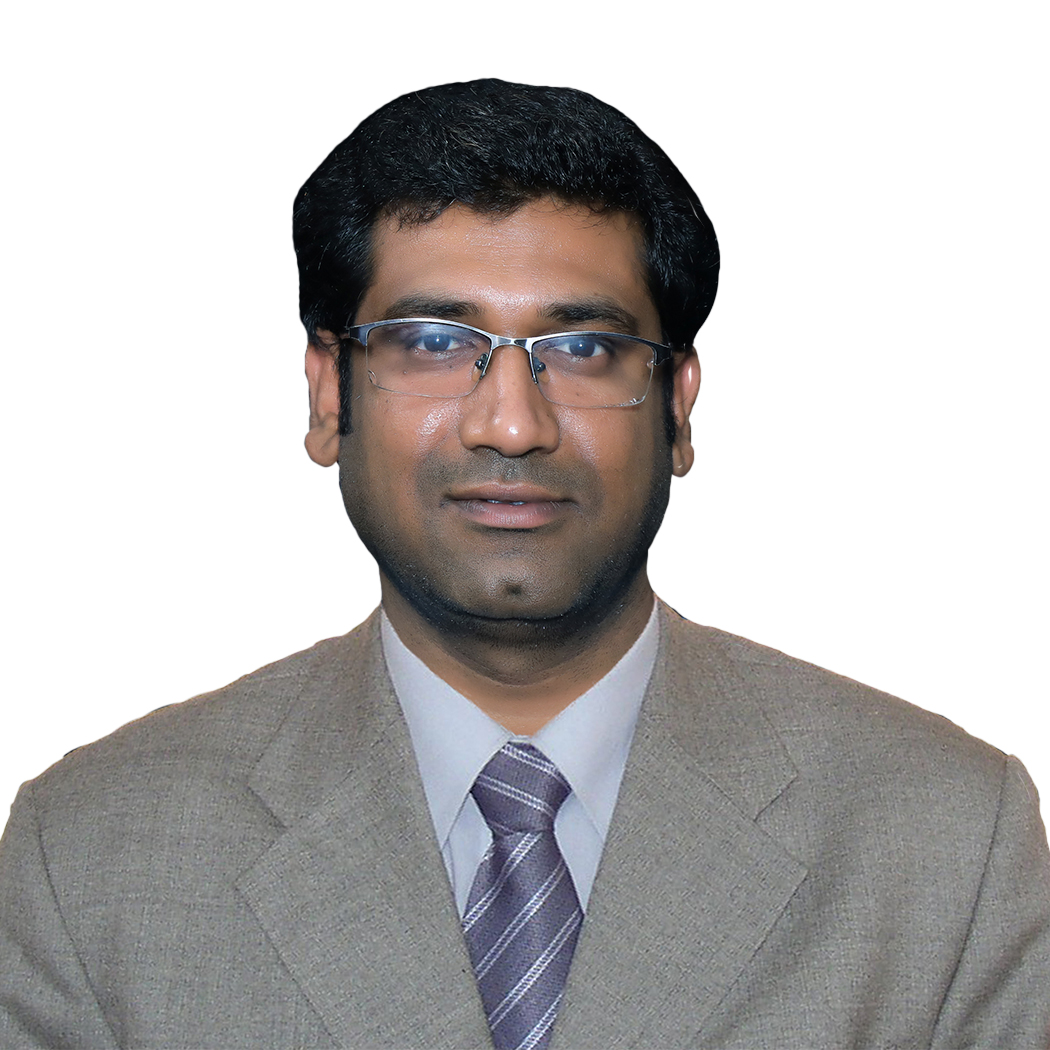
Dr. Srinatha N
MemberAssistant Professor and Head, Physics Department
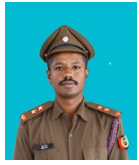
Lt. Raghu G M
MemberPhysical Education Director, Sports
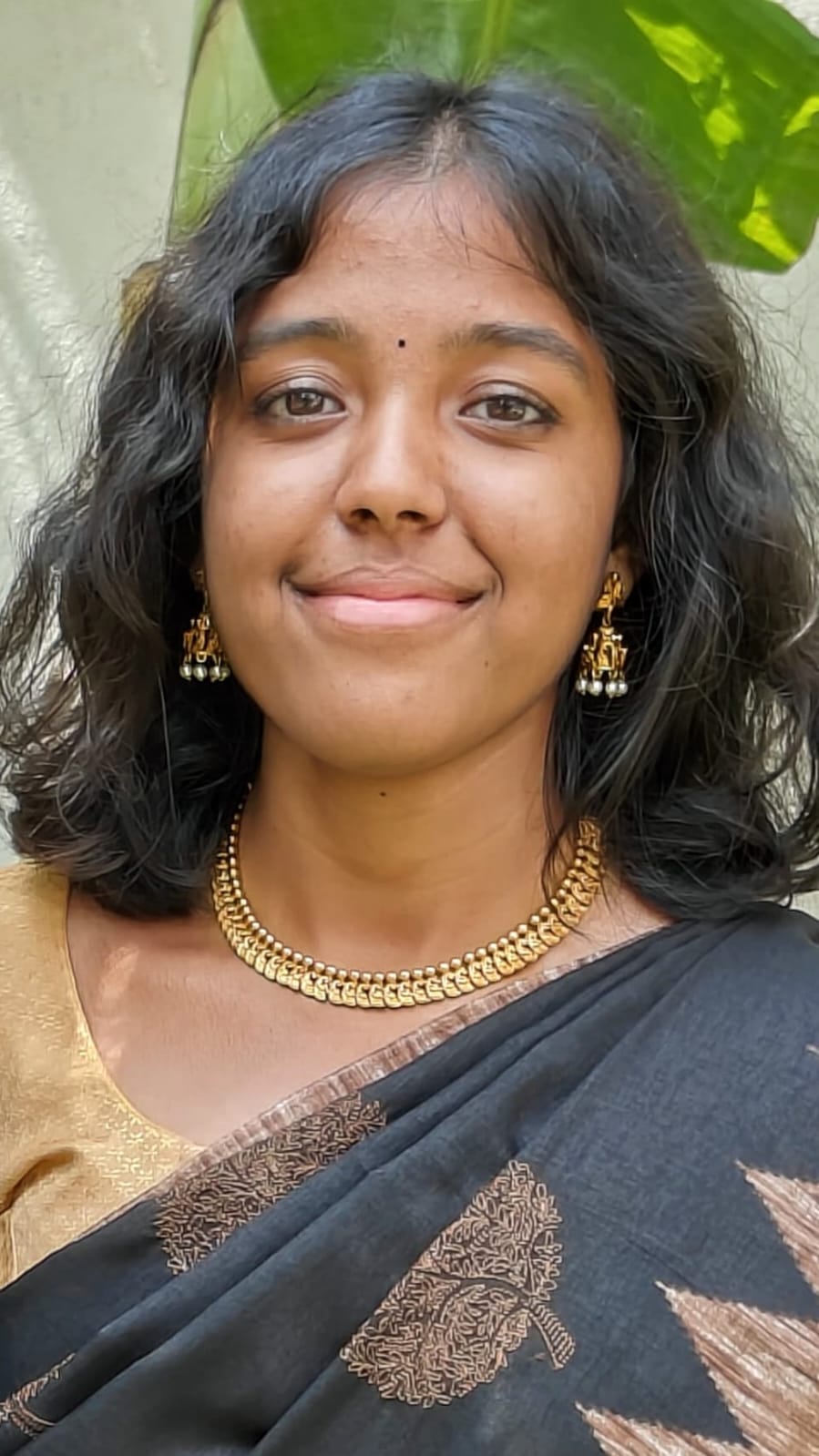
Mr. Ridhi Murugan
MemberMember_VI Sem CSE
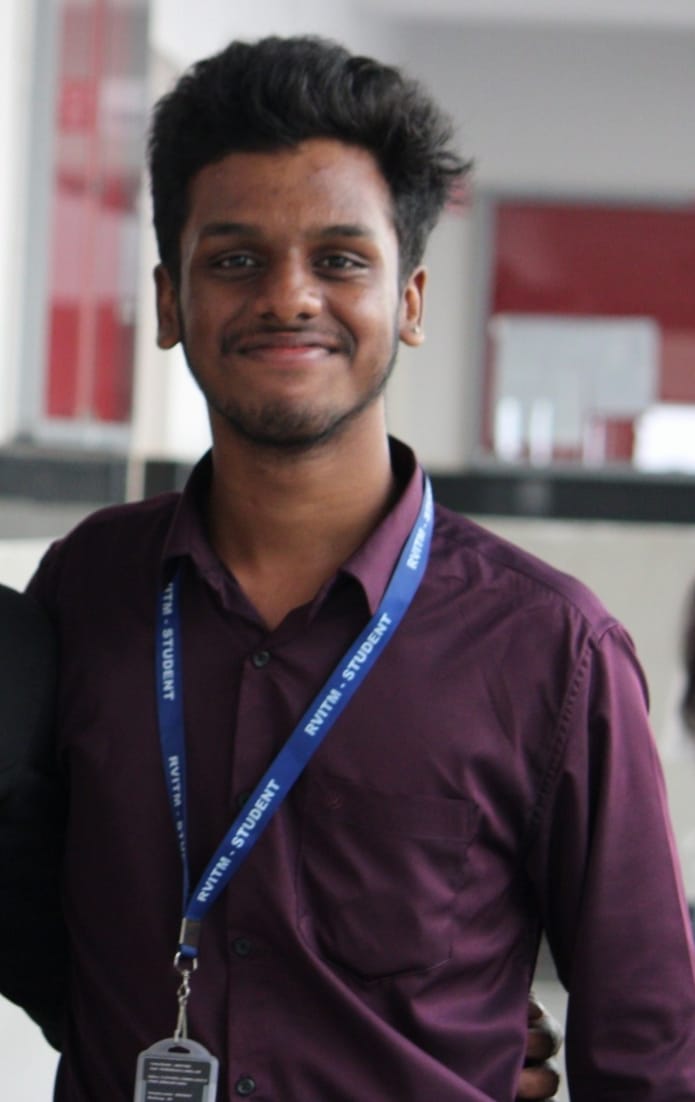
Mr. Goutham J R
MemberIII Sem, MCA
About
Anti-ragging committee is formed for prevention and prohibition of ragging in AICTE approved Technical Institutions. The members of this committee will be monitoring the student’s activities during the working hours in the college premises, if any incidence of ragging is noticed it shell me brought to the notice of the Principal immediately. The committee shall ensure compliance with the provisions of Regulations as well as the provisions of any law concerning ragging and also to monitor the performance of the Anti-Ragging Squad in prevention of ragging in the institution. It shall be the duty of the Anti-Ragging Squad to be called upon to make surprise raids on hostels, and other places vulnerable to incidents and shall be empowered to inspect such places. It shall also be the duty of the Anti-Ragging Squad to conduct an on-the-spot enquiry into any incidents of ragging referred to it by the Head of the institution or any member of the faculty or any member of the staff or any student or any parent or guardian or any employee of a service provider or by any other person, as the case may be; and the enquiry report along with recommendations shall be submitted to the Anti-Ragging Committee for action.

Dr. Latha C A
ChairmanProf. &HoD, ISE Department
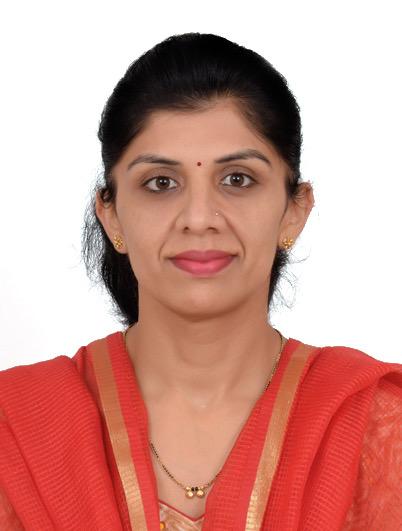
Mrs. Namrata B
MemberAssistant Professor, ISE department
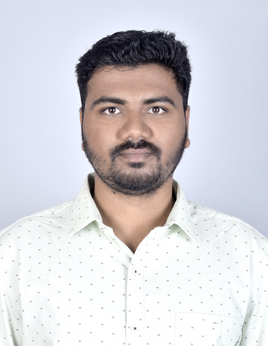
Dr. David A.K
MemberAssistant Professor, Maths Department

Mr. Tamal Sarkar,
MemberAssistant Professor, MCA Department
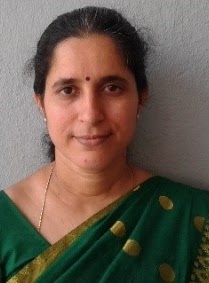
Dr. Shanthala K
MemberAssistant Professor, ME Department
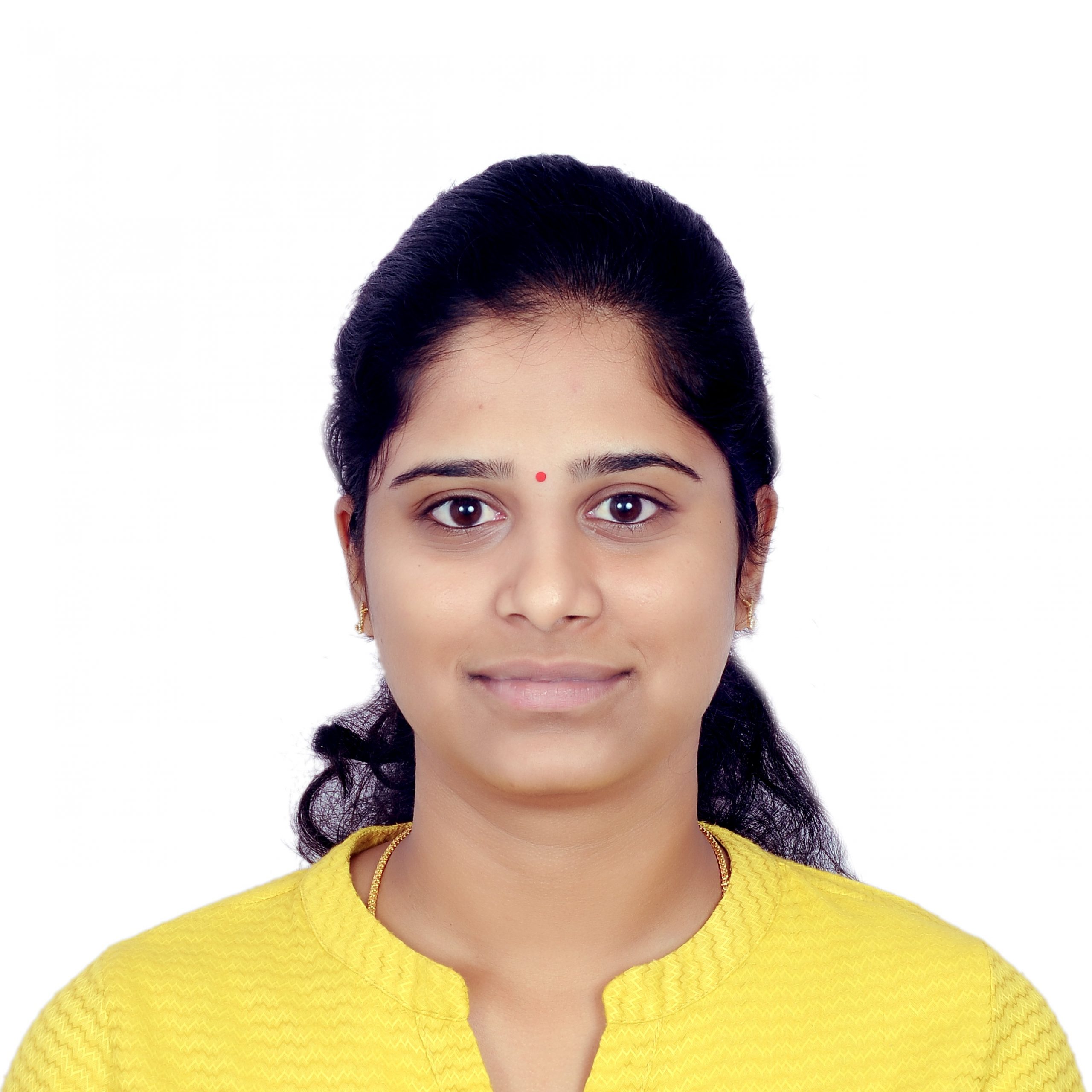
Mrs. Rachana M S
MemberAssistant Professor, CSE Department
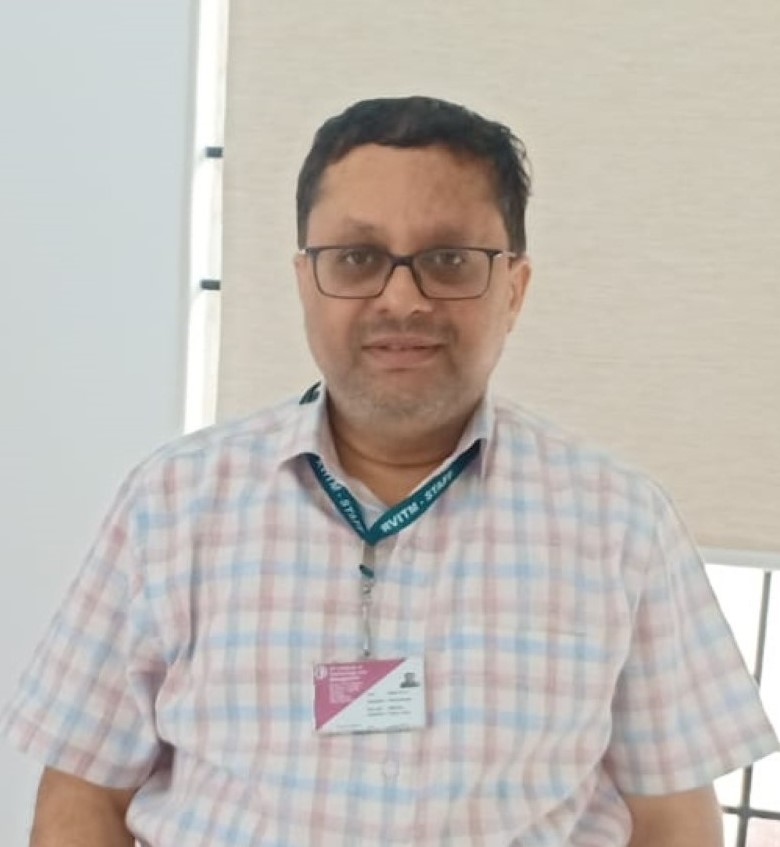
Mr. Madhu Sharma
MemberManager, Finance Department
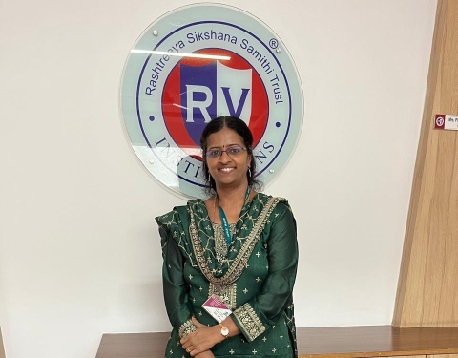
Mrs. Poornima B
MemberSenior Executive, Admin Department
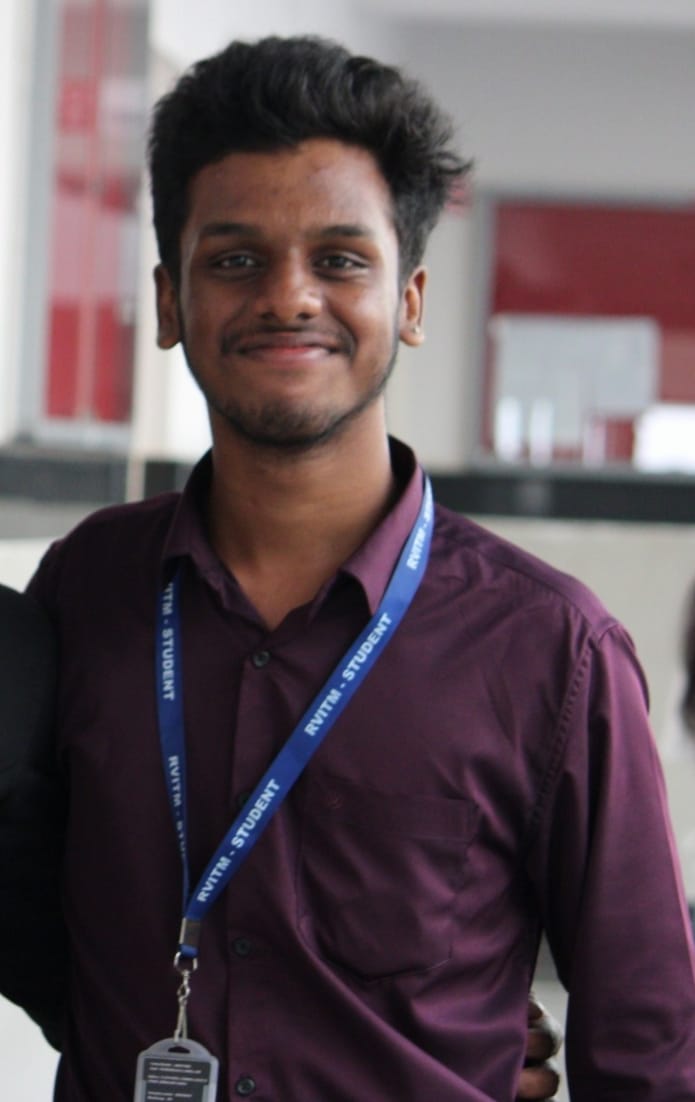
Mr. Goutham J R
MemberStudent, MCA Department
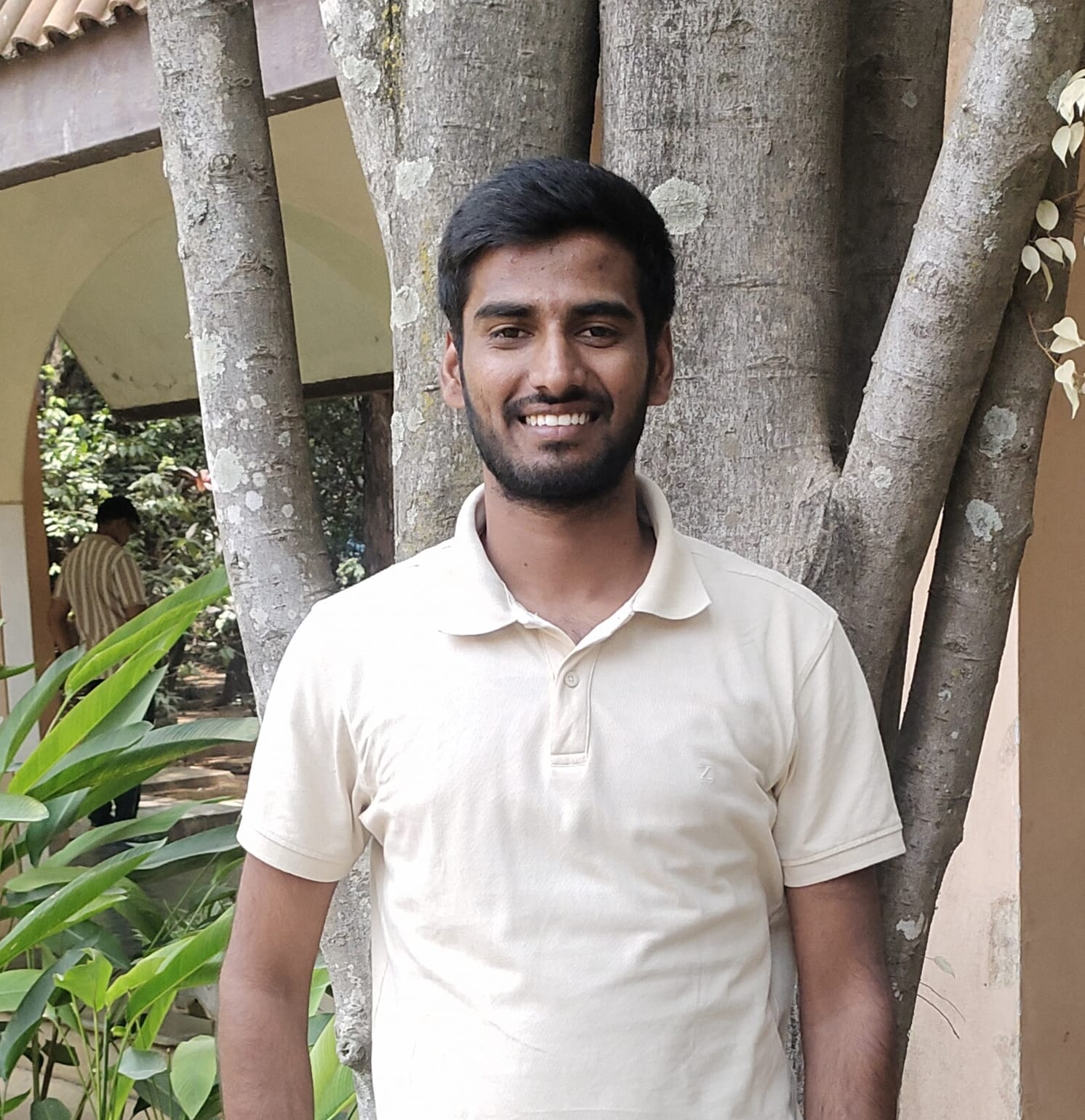
Mr. Ramkumar
MemberStudent, CSE Department
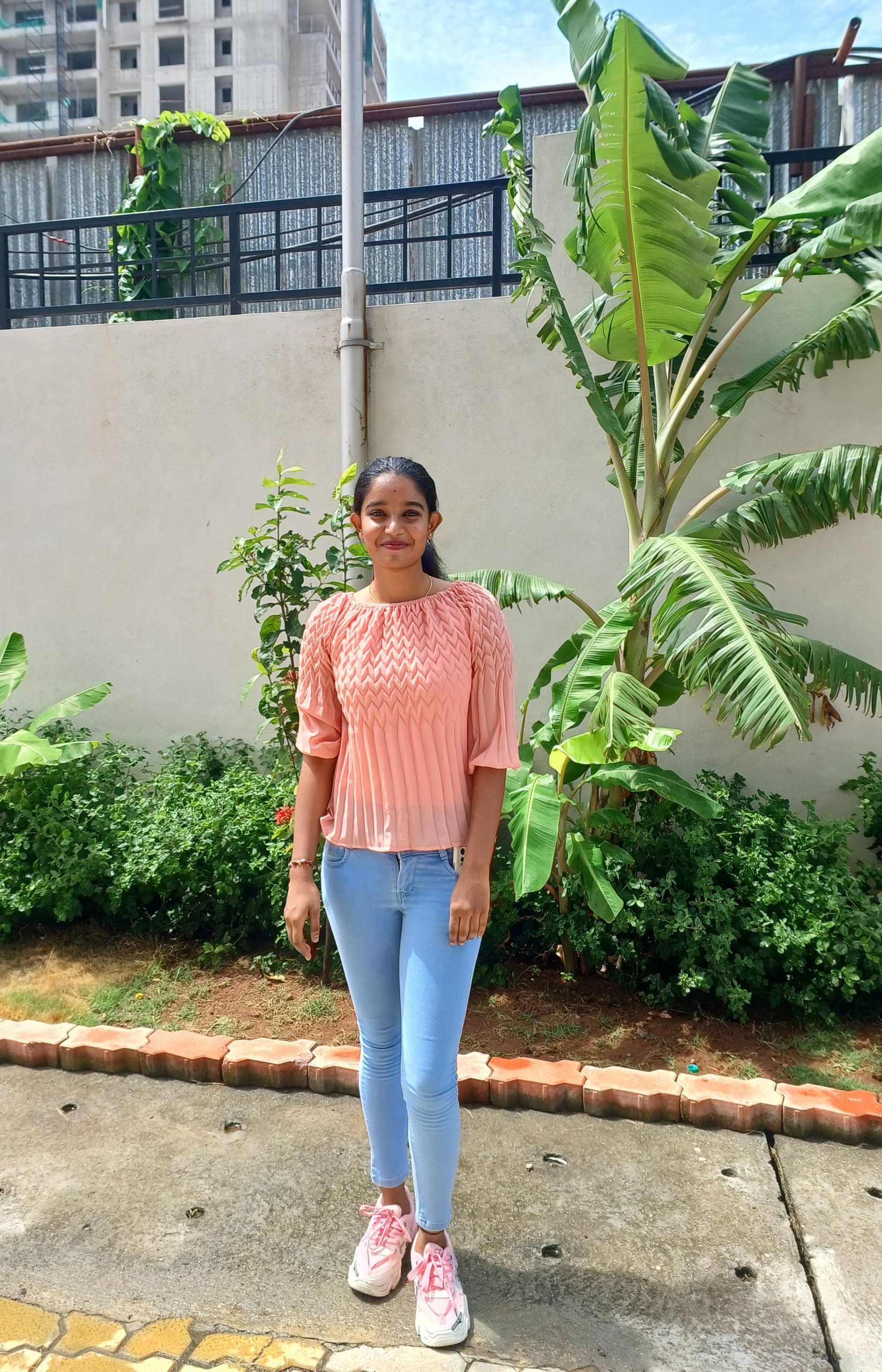
Ms. Tanushree
MemberStudent, MCA Department

Dr. Padmakshi Lokesh
Women Welfare MemberClinical Psychologist, Sejal New Life Foundation
About
Anti-Sexual Harassment Committee (ASHC) or Internal Compliant Committee (ICC) is built for gender sensitization against sexual harassment as per AICTE regulations (Prevention, Prohibition and Redressal) Act 2013. Any complaint regarding the same will be received in writing by the principal and the committee members reserve the rights to make exceptions to the procedure depending on the circumstances. The committee shall help female students to realize their rights of freedom and treat sexual harassment as a misconduct and initiate punitive actions for such misconduct. It shall be the duty of the committee to prevent the acts of sexual harassment and to provide the proceedings for the resolution, settlement or prosecution of acts of sexual harassment by taking all steps required. ASHC/CICC shall be given wide publicity by way of notice boards, websites so that the information can reach to all students and staff.
Procedure for application
- Any distressed women can give a written complaint regarding the incidence within three months from the date of mishap.
- The complaint along with the necessary documents can be handed over to any of the members of the committee.
- The committee would call for a meeting within 3 days from the date of application and the issue will be discussed with the principal.
- The committee would reply within 7 to 10 working days regarding the action that will be taken after proper enquire is made.
- An attempt will be made by the members for conciliation between the women and the respondent, but its not mandatory for the women to agree for conciliation.
- If needed the women will be aided to file a police complaint in relation to the offence under Indian Penal Code.
- All the necessary documentation regarding each complaint received will be recorded and documented.
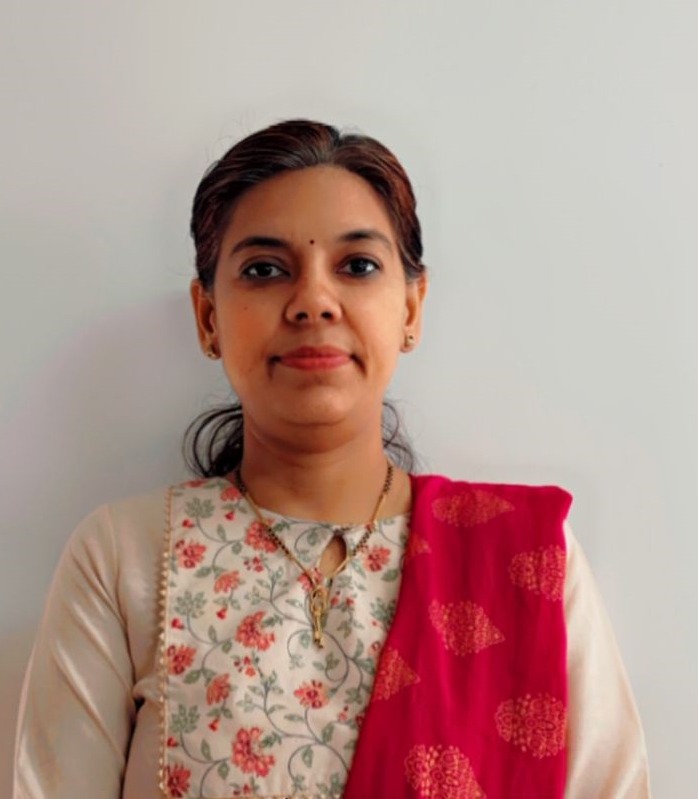
Dr. Surbhi Agrawal
CoordinatorAssociate Professor, CSE Department
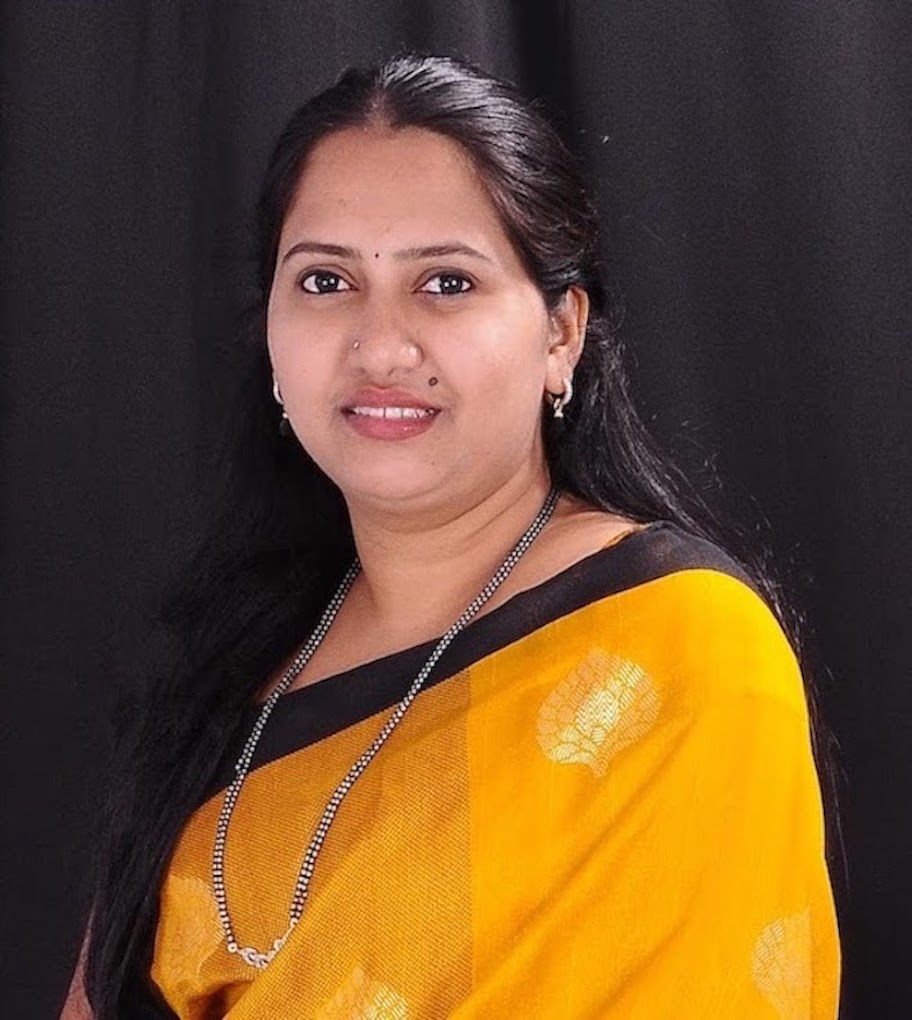
Mrs. Samatha-R-Swamy
MemberAssistant Professor, ISE Department
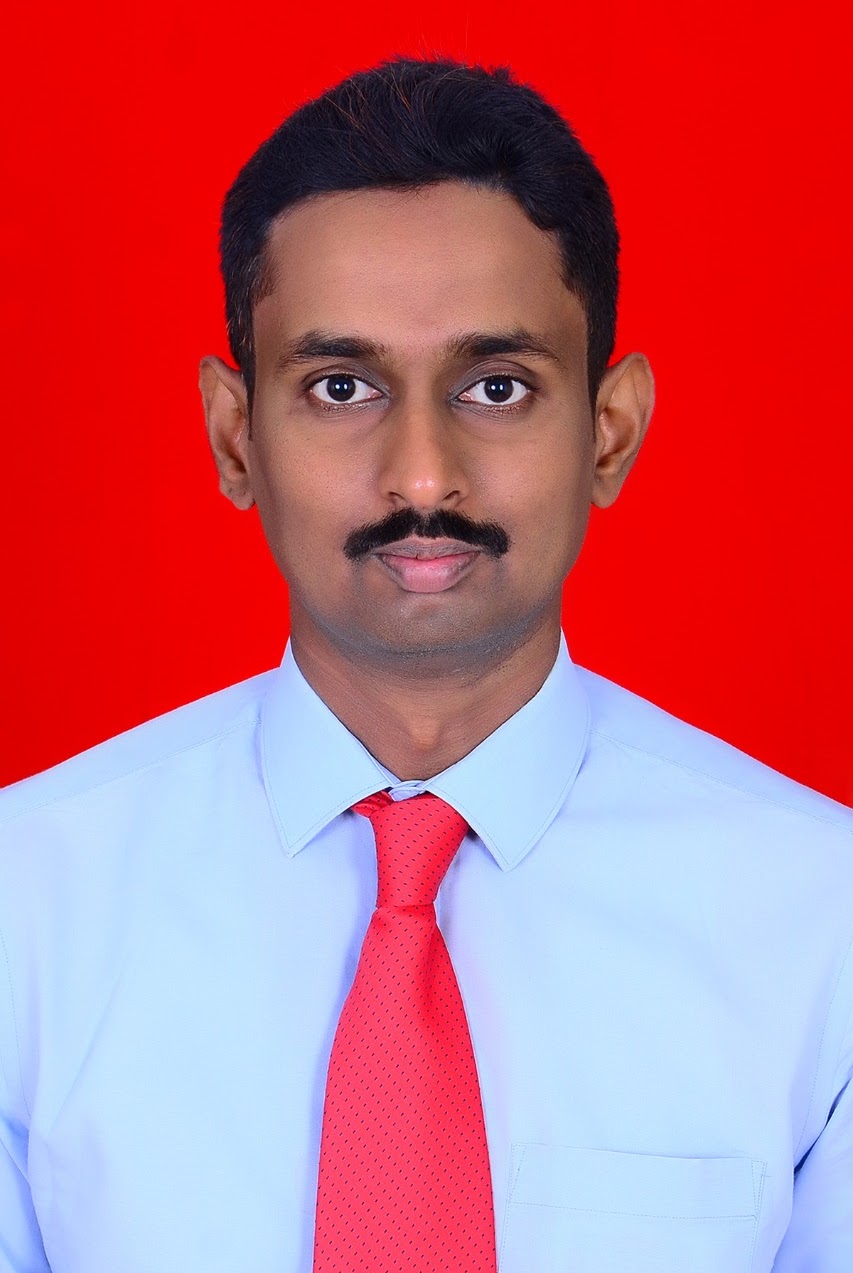
Dr.Venugopal B T
MemberAssistant Professor, ECE Department

Dr. Shanthala K
MemberAssistant Professor, ME Department

Dr. Saravanan R
MemberAssistant Professor, MCA Department
About
The Student internship policy Committee shall develop the policies to expose the students to the industrial environment, which cannot be simulated in the classroom and hence creating competent professionals for the industry. It shall provide possible opportunities for the students to learn, understand and sharpen the real time technical / managerial skills required at the job. The committee shall make the students familiar with current technological developments relevant to the subject area of training. The Committee is formed as per the norms of AICTE act. The committee has been framed to provide internships to students. Internships are particularly important for engineering students because they can help them to have good network. They can get to know how a corporate culture works. Internships might be a small term program as well as long term. Depending on company suitable projects are given to students to make them familiarize corporate culture.

Dr. Anitha J
CoordinatorProfessor CSE Department
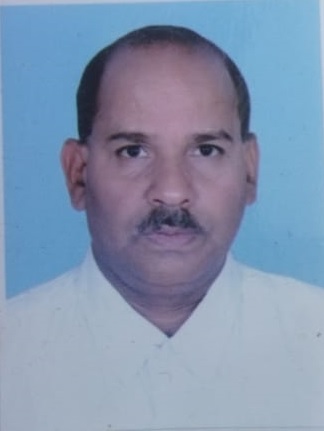
Dr. Shrishail Math
MemberProfessor, CSE Department
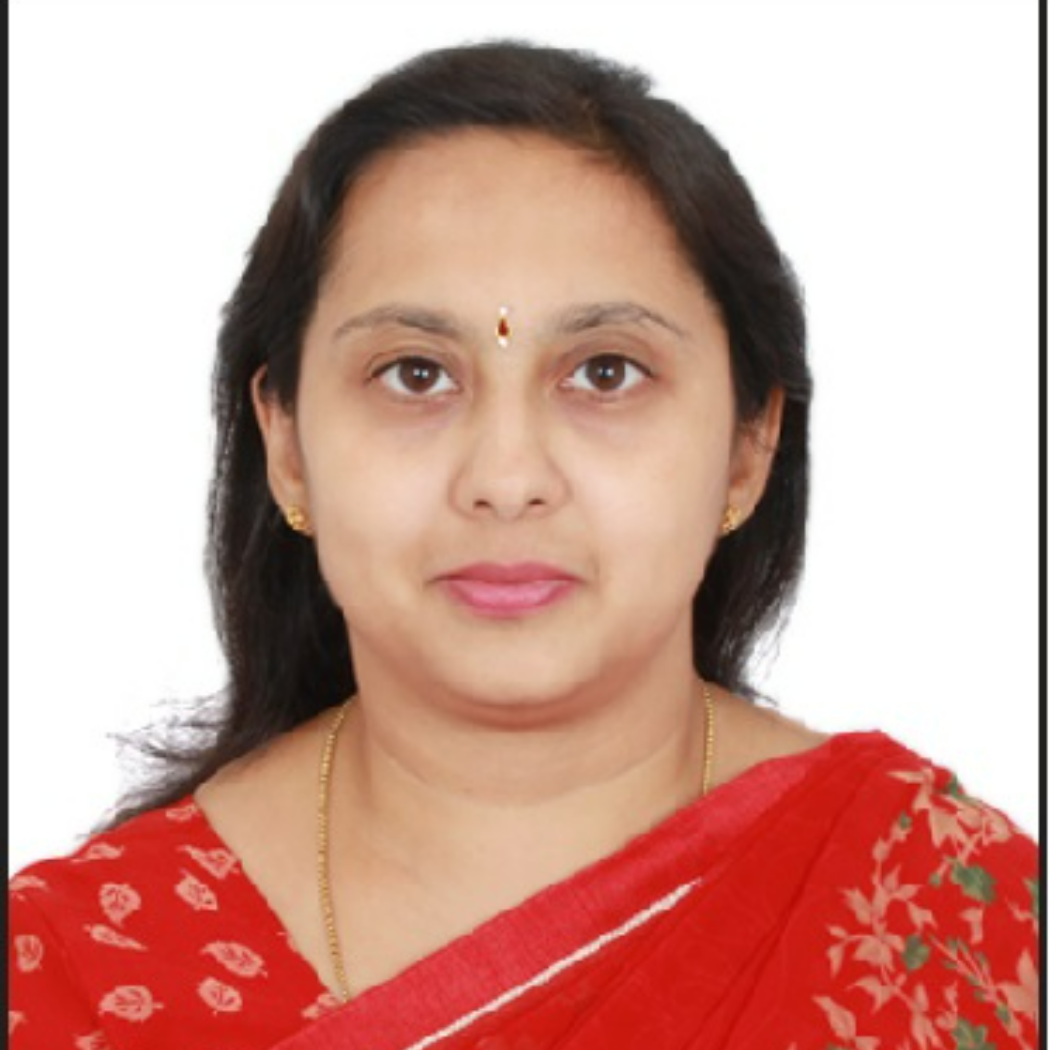
Dr. Niharika P Kumar
MemberAssociate Professor, ISE Department
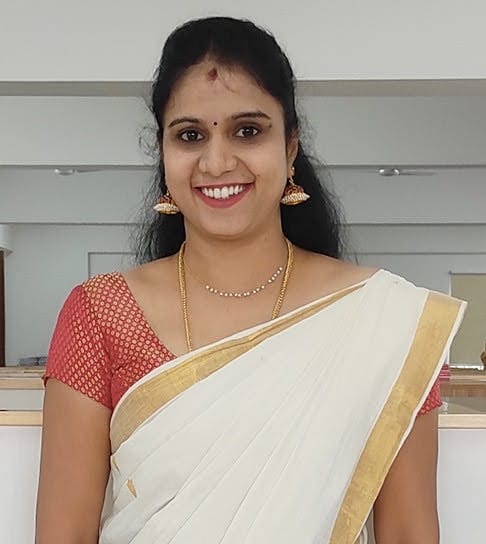
Dr. Kavitha N
MemberAssistant Professor, ECE Department
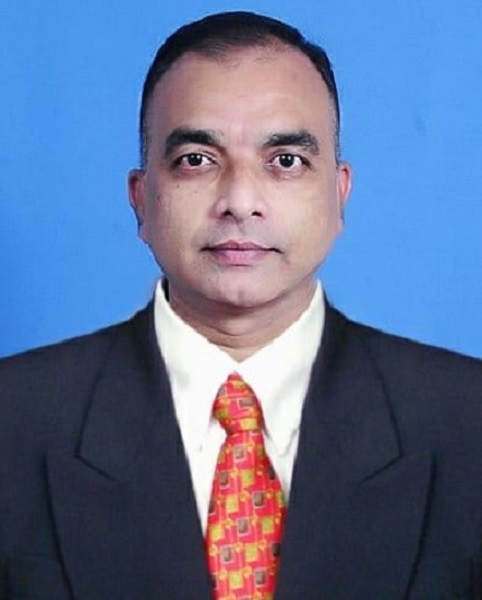
Dr. Raghavendra Reddy N V
MemberAssociate Professor, ME Department

Dr. N Kumaresh
MemberAssociate Professor, MCA Department

Dr. Sathyanarayana Reddy S
MemberAssistant Professor, Physics Department
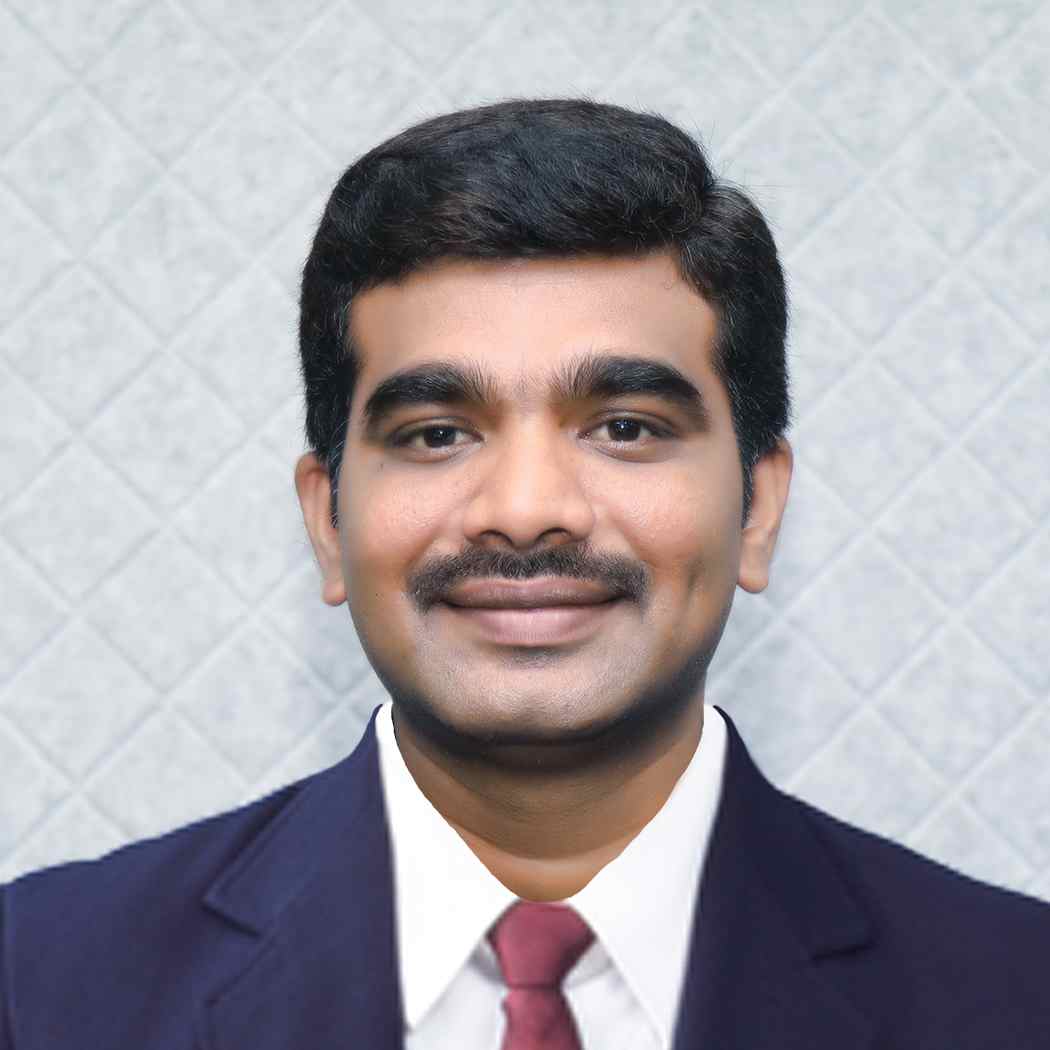
Dr. Sivasankar S
MemberAssistant Professor, Maths Department
About
The cell shall build the mechanisms to ensure quality culture at the institutional level. The IQAC shall plan, guide and monitor Quality Assurance (QA) and Quality Enhancement (QE) activities of the institution. IQAC shall be constituted under the Chairmanship of the Head of the institution with heads of departments and few teachers and distinguished educationists and representatives of local management and stakeholders being other members.The prime tasks of the IQAC are to develop a system for conscious, consistent and catalytic improvement in the overall performance of institution. To channelize all efforts and measures of the institution towards promoting its holistic academic excellence.
Procedure
- Ensuring timely, efficient and progressive performance of academic, administrative and financial tasks.
- The relevance and quality of academic and research programmes.
- Equitable access and affordability of academic programmes for various sections of society.
- Optimization and integration of modern methods of teaching and learning.
- The credibility of evaluation procedures.
- Ensuring the adequacy, maintenance and proper allocation of support structure and services.
- Sharing of research findings and networking with other institutions in India and abroad.
Functions
- Development and application of quality benchmarks/parameters for various academic and administrative activities of the institution.
- Arrangement for feedback response from students, parents and other stakeholders on quality-related institutional processes.
- Organization of inter and intra institutional workshops, seminars on quality related themes and promotion of quality circles.
- Documentation of the various programmes/activities leading to quality improvement;
- Development of Quality Culture in the institution

Dr. Gangadharaiah Y H
CoordinatorProf. & Head, Maths Department

Mrs. Rachana M S
MemberAssistant Professor, CSE Department
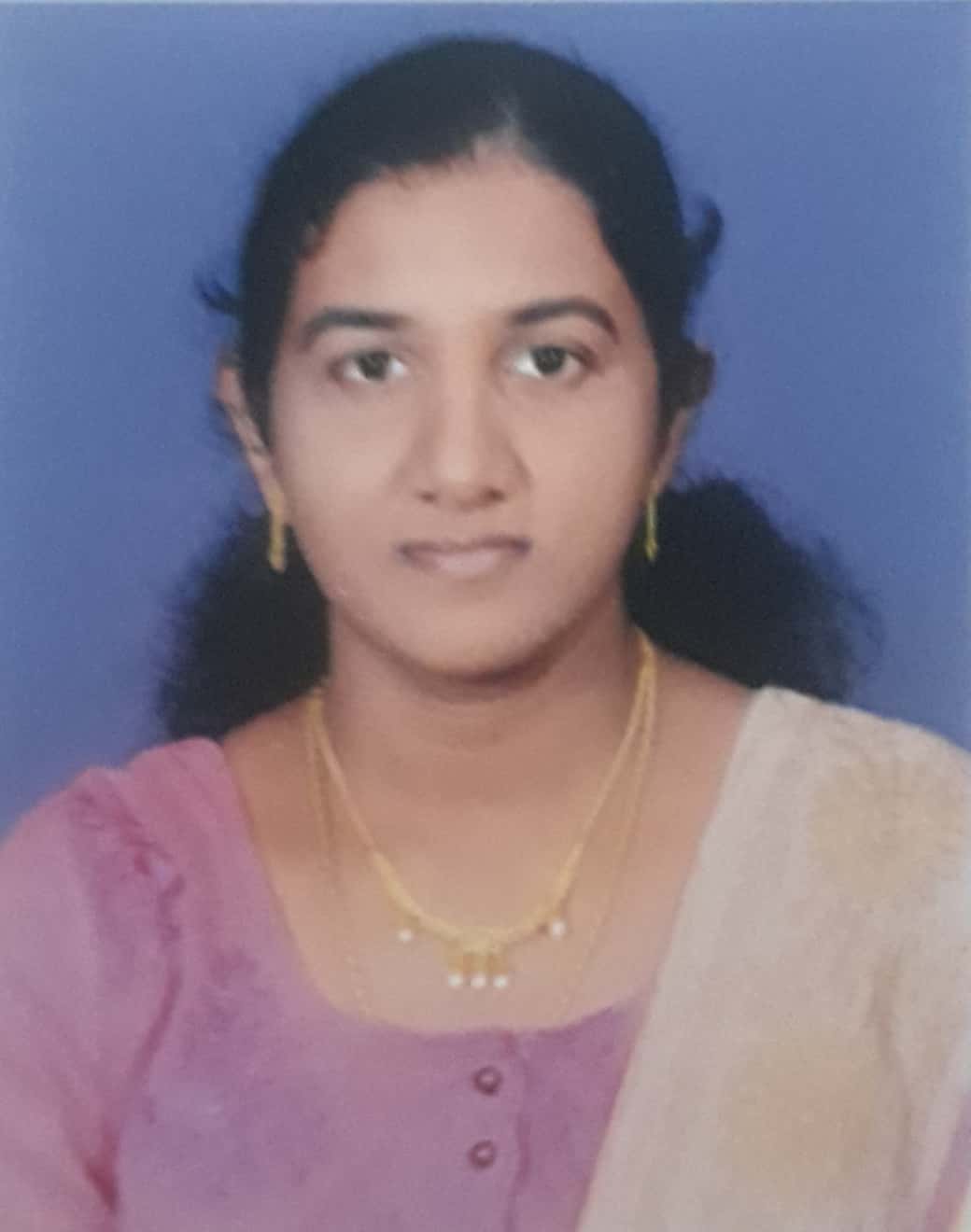
Mrs. Nisha W
MemberAssistant Professor, ISE Department
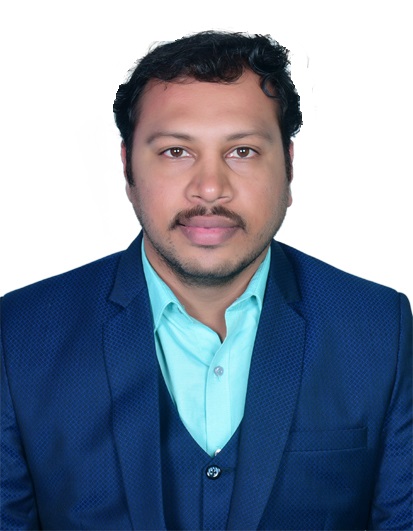
Mr. Nagesh M
MemberAssistant Professor, ECE DEpartment
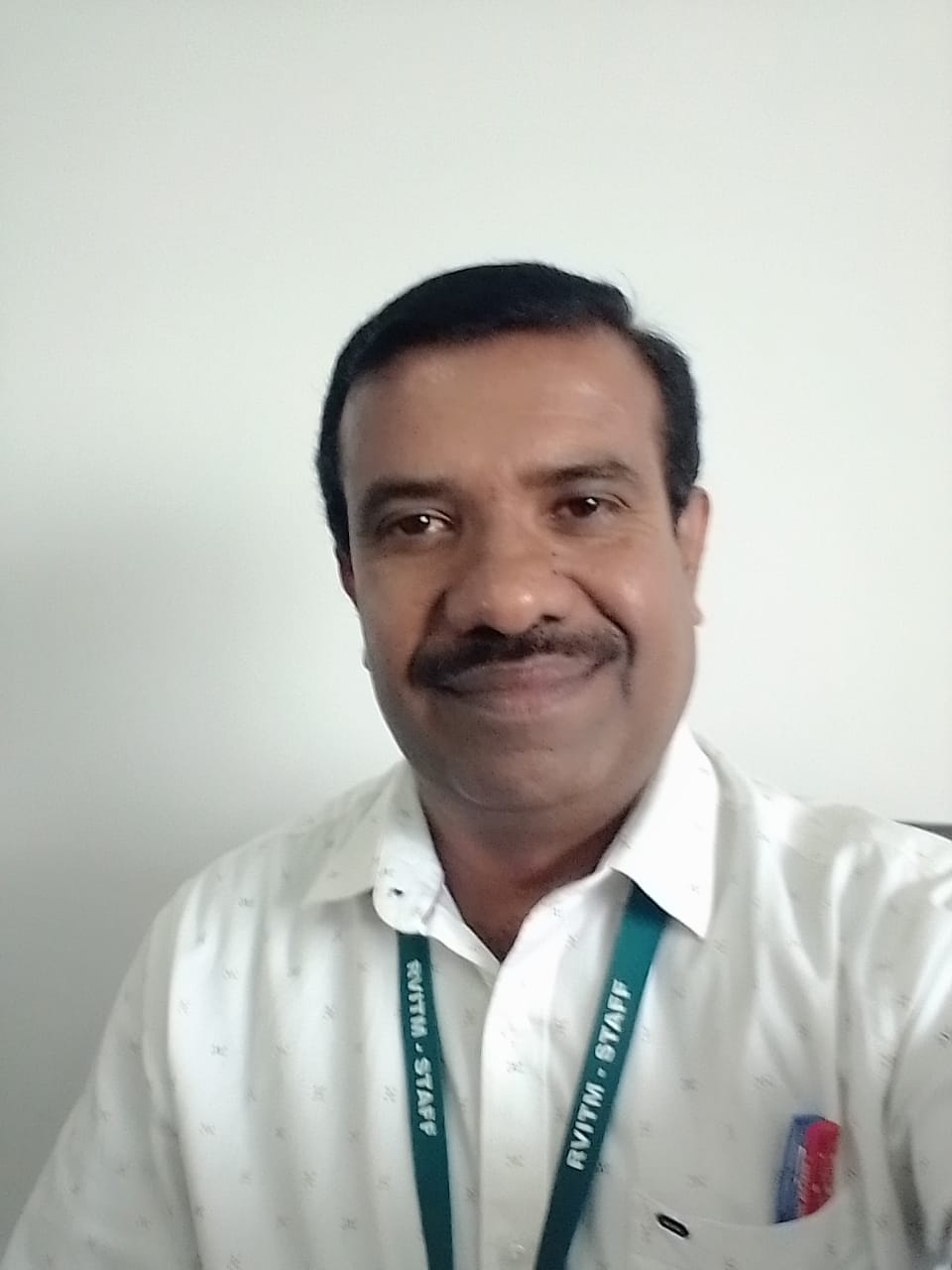
Mr. Jayaramu. M
MemberAssistant Professor, MCA DEpartment

Mrs. Poornima B
MemberSenior Executive, Admin Department
About
SC/ST cell has been constituted in the college campus to resolve all the affairs and problems related to the SC/ST students and faculties. The Scheduled Caste (SC) and Scheduled Tribes (ST) Cell in an institute promotes the special interests of students in the reserved category. It is expected to provide special inputs in areas where the students experience difficulties. The Cell may conduct regular remedial coaching classes on life skills, personality development, writing assignments and making presentations, as well as Hindi and local language classes. The Cell also is expected to organize interactive sessions and informal meetings with students to attend to their personal, social and academic problems.
Procedure
- Committee often meets the students and faculties belong to SC/ST communities, to understand their problem and take necessary action and/or render them necessary advice/help to resolve the matter.
- Creating awareness among the SC/ST students regarding the various Government and Non-Government scholarship schemes.
- Counselling the students to help them overcome inferiority complex related to interaction with fellow students and personal grooming, etc.

Dr. Malini M Patil
CoordinatorProfessor and Head, CSE Department
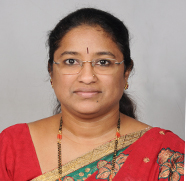
Dr. Latha C A
MemberProfessor and Head, ISE Department

Dr. C. Solaimuthu
MemberAssociate Professor and I/C Head, ME Department

Dr. Mrunalini M
MemberProfessor and Head, MCA Department

Dr. Gangadharaiah Y H
MemberProfessor and Head, Maths Department
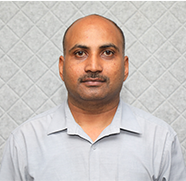
Dr. Rudresh Kumar K J
MemberAssoc.Prof & Head, Chemistry Department

Dr. Srinatha N
MemberAssistant Professor & Head, Physics Department
About
The committee shall plan and coordinate various activities such as seminars, guest lectures, workshops, club activities, Conferences, symposiums/student meets and industrial visits. Consolidation of the documentation of the conducted programs/activities in all the departments shall be done by the committee. The committee shall organize and coordinate technical and management programs through collaborative activities & under signed MOUs. It shall also plan to organize Alumni/Parents’/Success meets, Department Club meet, events and document them with proper reports.
Procedure for application
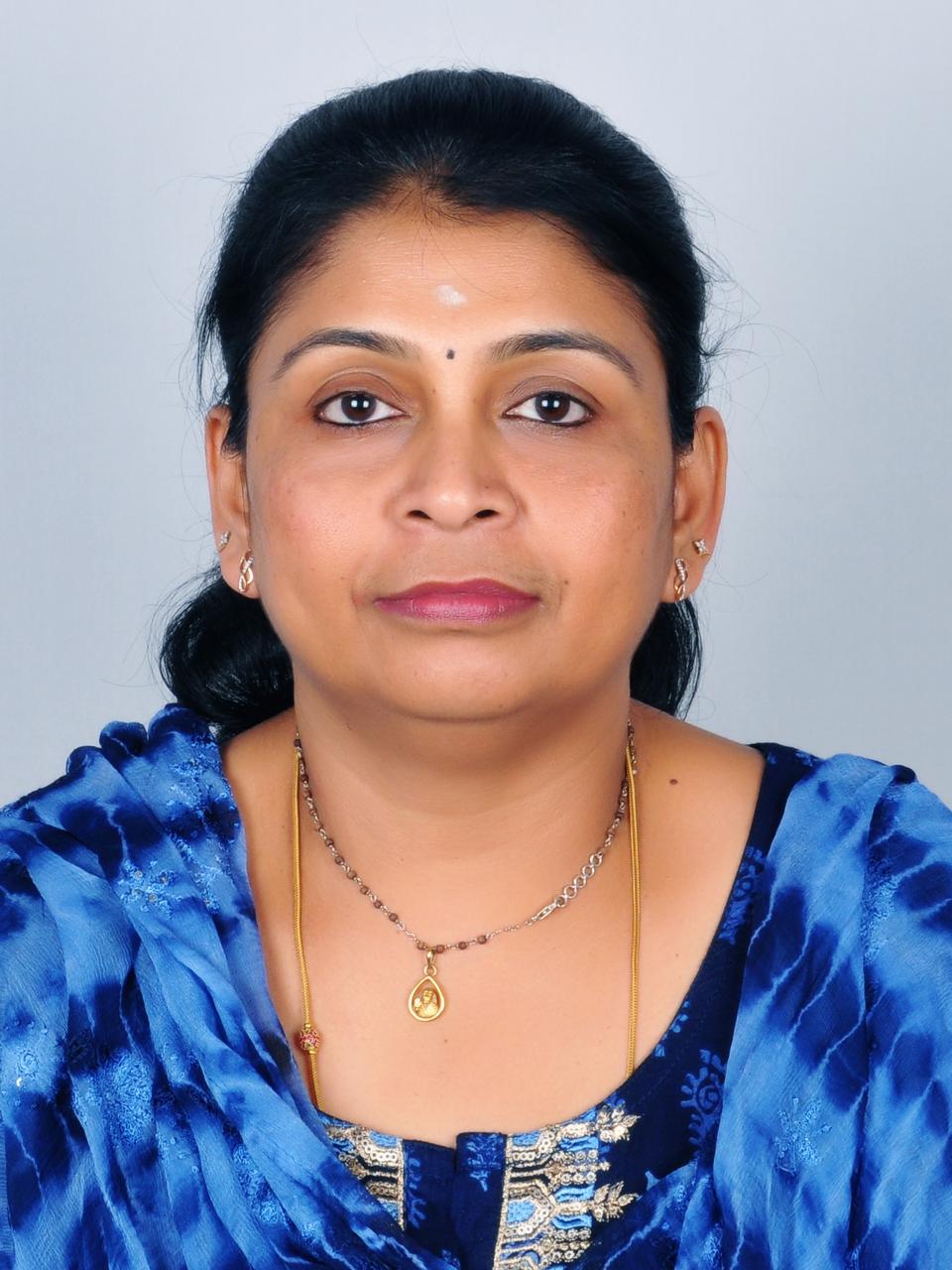
Dr. Hema M S
CoordinatorProfessor, CSE Department
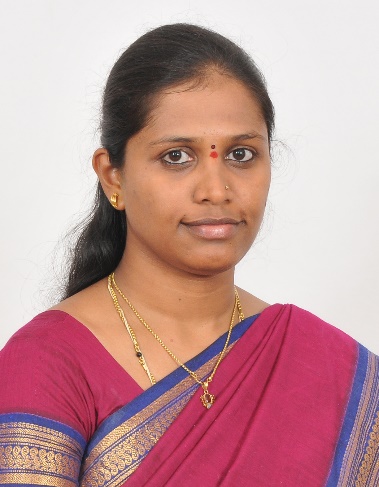
Dr. Shruthi P
MemberAssistant Professor, ISE Department
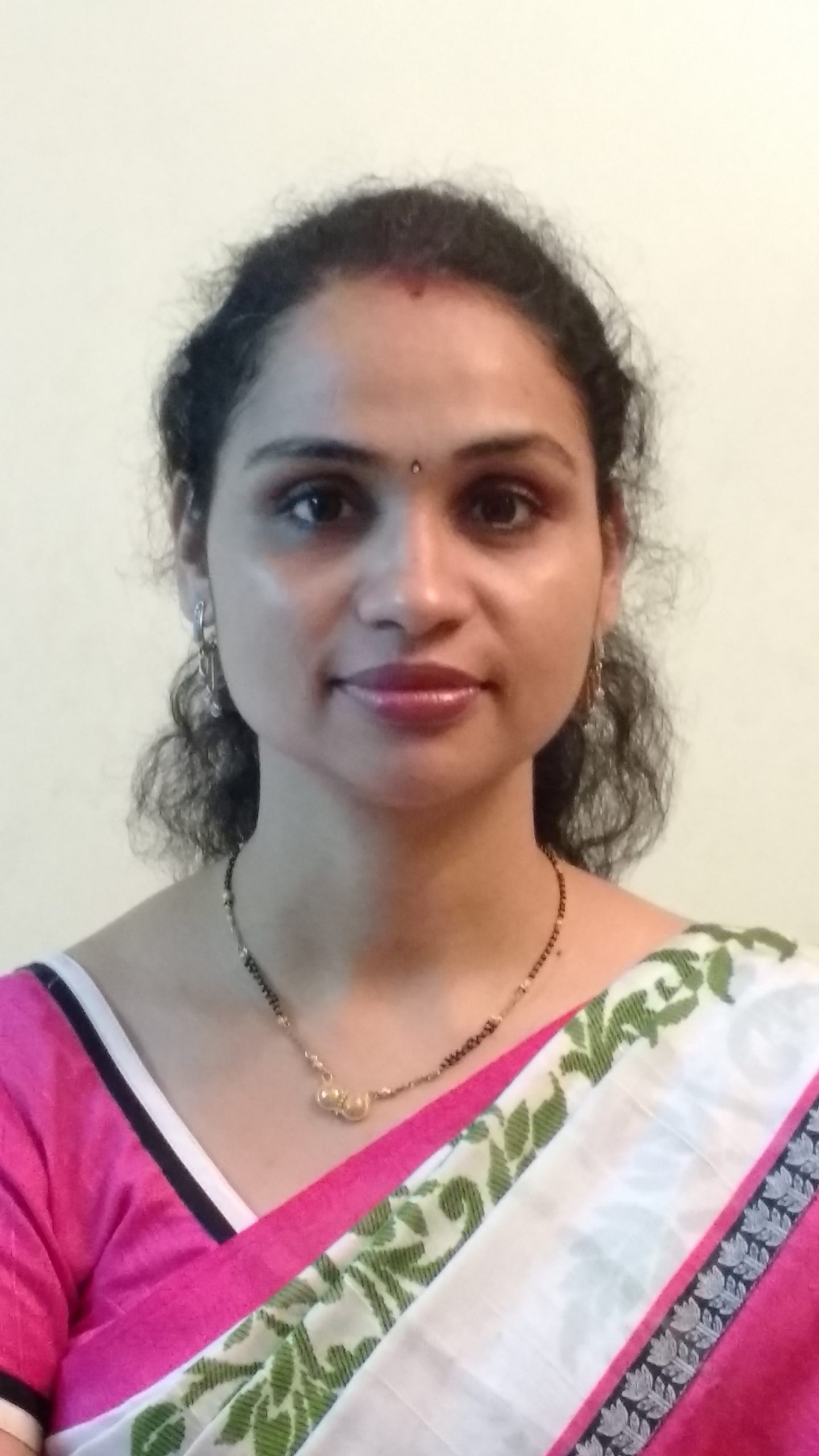
Dr. Nandita. B
MemberAssistant Professor, CSE Department

Mr. Nagesh. M
MemberAssistant Professor, ECE Department
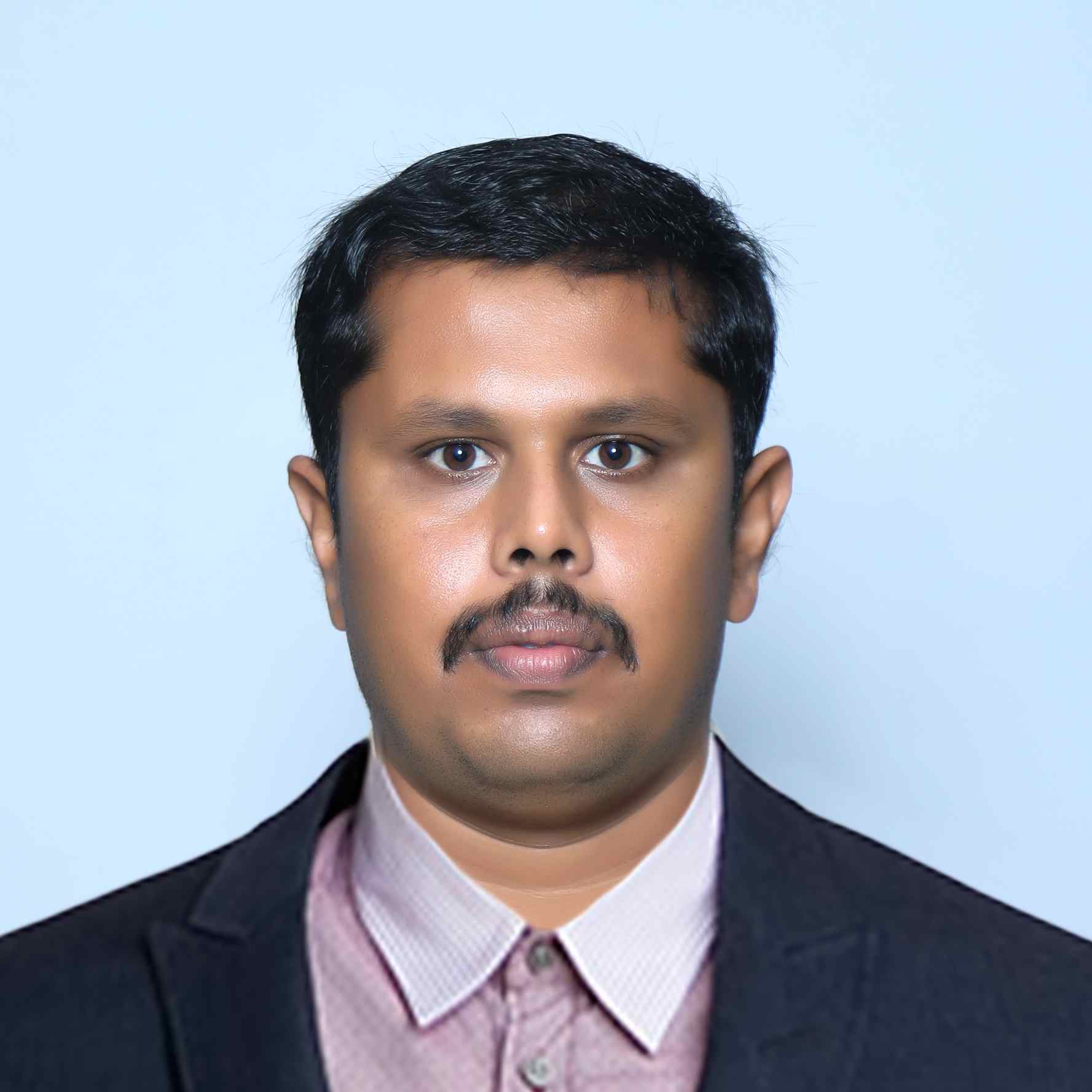
Dr. Nagabhushanam P
MemberAssistant Professor, Maths Department

Dr. Chethan Venkatesh
MemberAssociate Professor, MCA Department
About
The academic monitoring committee shall provide guidance & support in improving the implementation of curriculum at the institute level. The committee shall understand the academic programs and supervise the teaching learning process on a routine basis. It shall maintain an effective diagnostic approach towards all learners irrespective of their standards, address the subject-wise weakness for all the students through sufficient tutorial classes and shall lay priority on regular assignments and surprise tests during the course of semester classes. The committee shall ensure provision of smart class room to all sections for better understanding and dissemination of subject matters.
Procedure for application
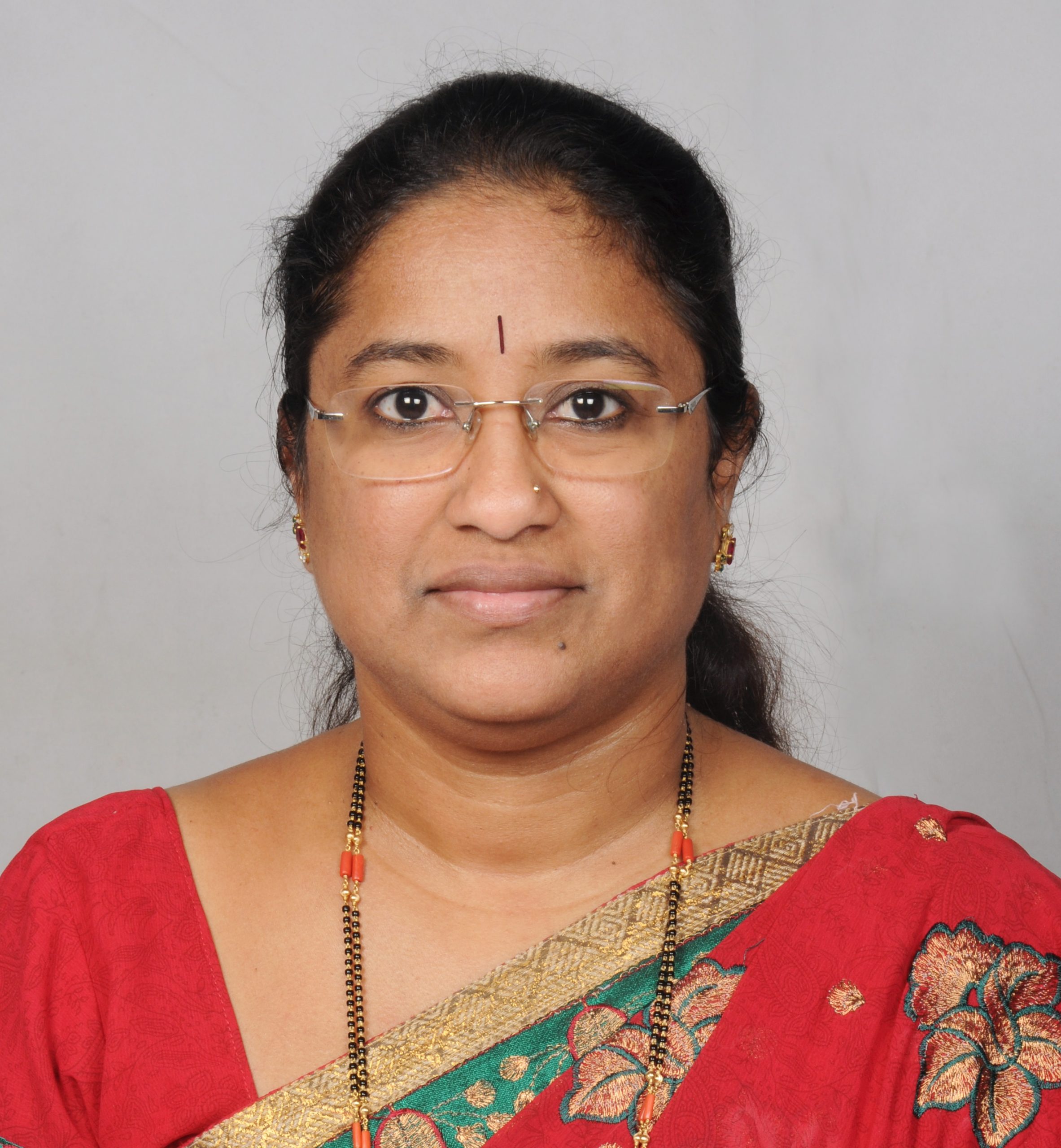
Dr. Latha C A
CoordinatorProfessor & Head, ISE Department
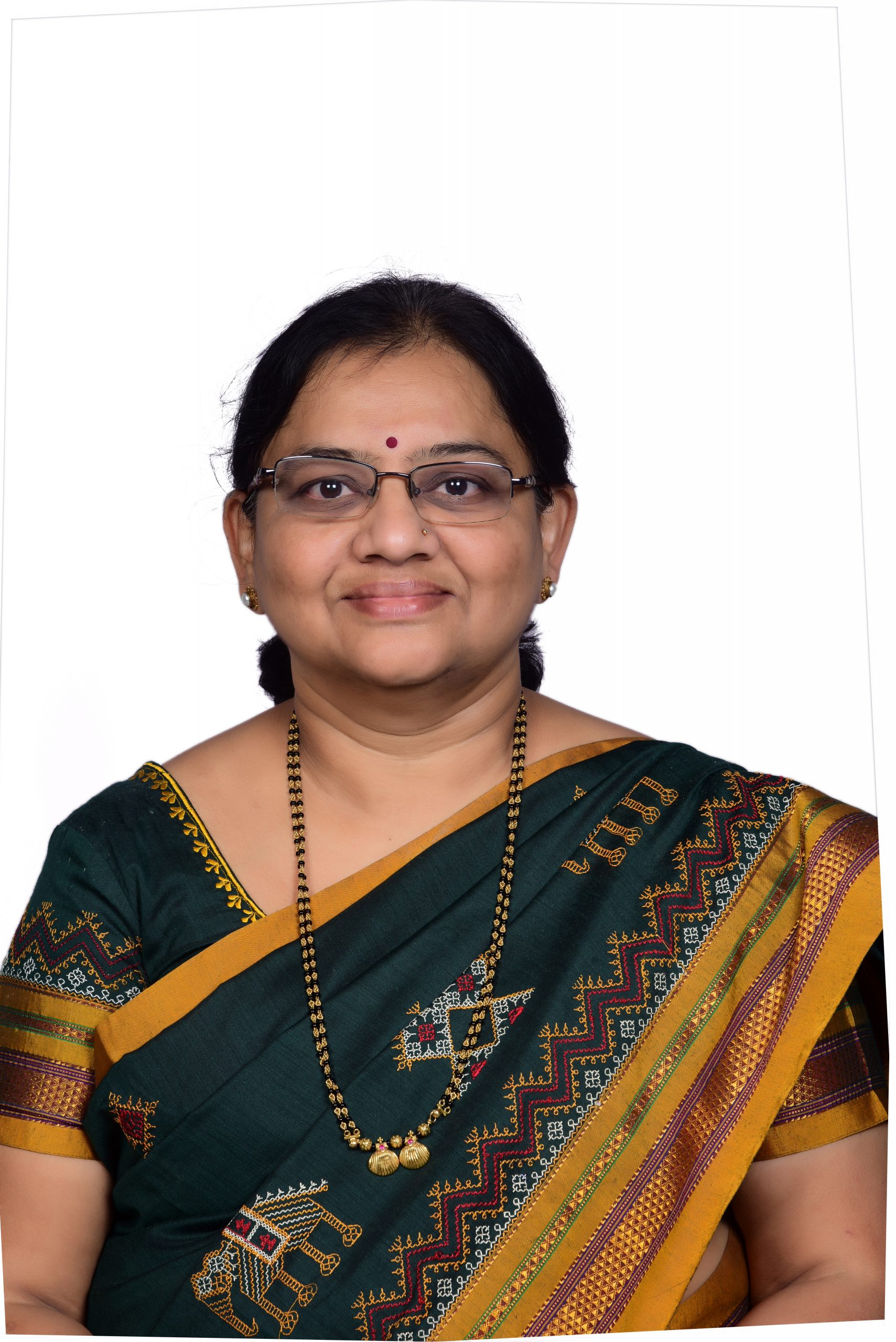
Dr. Malini M Patil
MemberProfessor & Head, CSE Department

Dr. Solaimuthu C
MemberAssociate Professor and I/C Head, ME Department

Dr. Mrunalini M
MemberProfessor and Head, MCA Department

Dr. Gangadharaiah Y H
MemberProf. & Head, Mathematics Department

Dr. Rudresh Kumar K J
MemberAssociate Professor & Head, Chemistry Department

Dr. Srinatha N
MemberAssistant Professor and Head, Physics Department

Lt. Raghu G M
MemberPhysical Education Director, Sports

Mr. Nanda. B Bhatt
MemberSenior Executive, Admin Department
About
The Disciplinary committee shall ensure compliance of Code of Discipline and Conduct by the students and suggest suitable action in case of any violation. It shall make the rules and regulations as per the disciplinary requirement and shall make the student aware about the discipline. The committee shall make the student follow the disciplinary rules and take disciplinary action against any of the misconduct. The committee shall be charged with examining alleged breaches of discipline within an organization, profession, etc and adjudicating on them. The committee maintains discipline, dignity, decorum and rapport of the Institution for imparting peaceful, safe and friendly environment.
Procedure for application
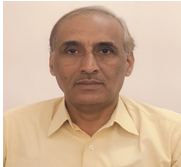
Dr. Nagaraja. A
CoordinatorLibrarian
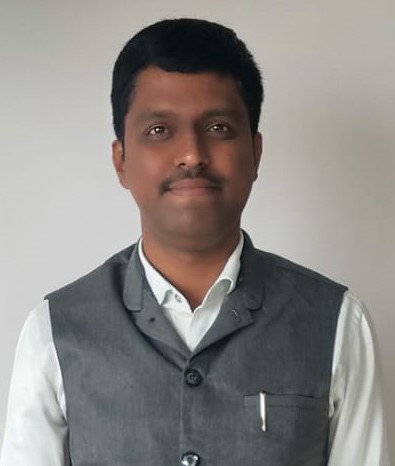
Dr. Anil Kumar B
MemberAssistant Professor, CSE Department
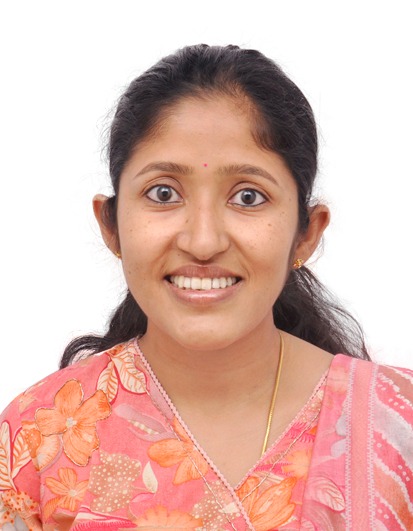
Mrs. Pallavi K N
MemberAssistant Professor, ISE Department
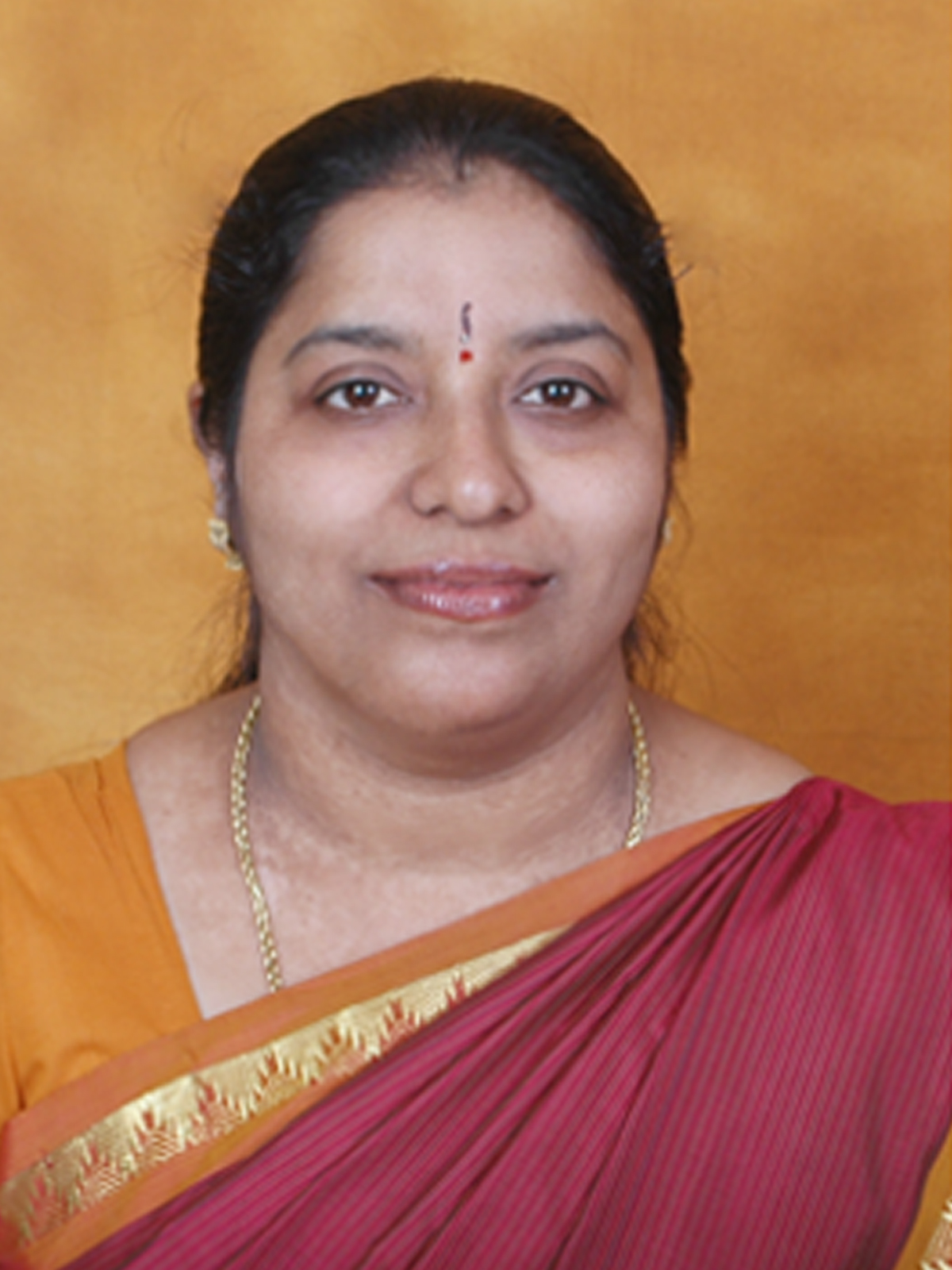
Dr. Shalini J
MemberAssistant Professor, ECE Department

Mr. Jayaramu. M
MemberAssistant Professor, MCADepartment
About
The committee shall advise the library on policy matters concerning services, resources and facilities. It shall provide an opportunity to raise and discuss initiatives in the provision of library and information services and facilitate communication between the library and the teachers and students it serves. Purchase of new books relevant to upcoming technologies shall be ordered by the committee for the benefit of the students.
Procedure
- Discuss and evaluate budgetary issues for books, journals , database and e-sources etc
- Ensures the library is connected and support the University’s academic programs
- Scrutinize the list of new books submitted by the departments and recommend
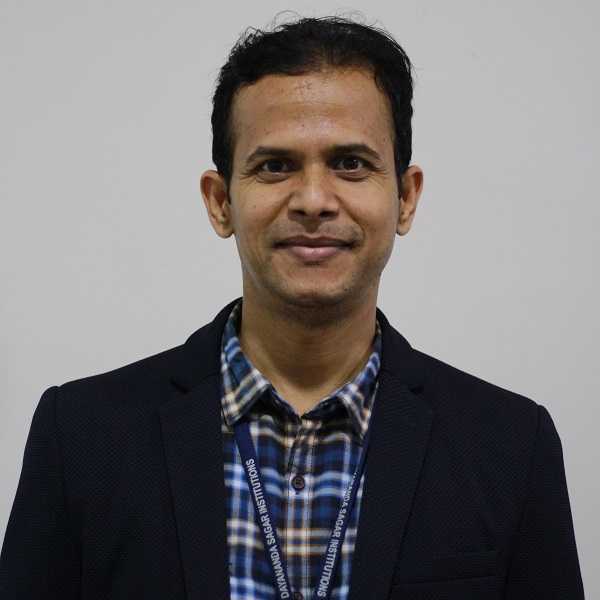
Dr. Mallannagowda Patil
CoordinatorAssociate Professor, CSE department
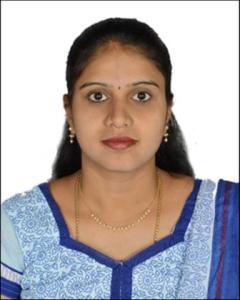
Dr. Kavitha N
MemberAssistant Professor, ECE Department
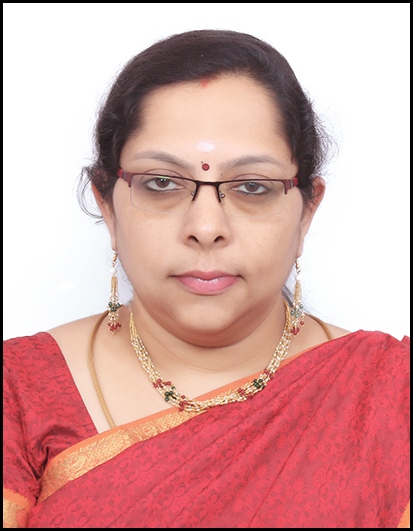
Mrs. Srividhya V R
MemberAssistant Professor, CSE Department

Mrs. Prabhavathi. K
MemberAssistant Professor, CSE Department

Dr. Gajanan M Naik
MemberAssistant Professor, ME Department
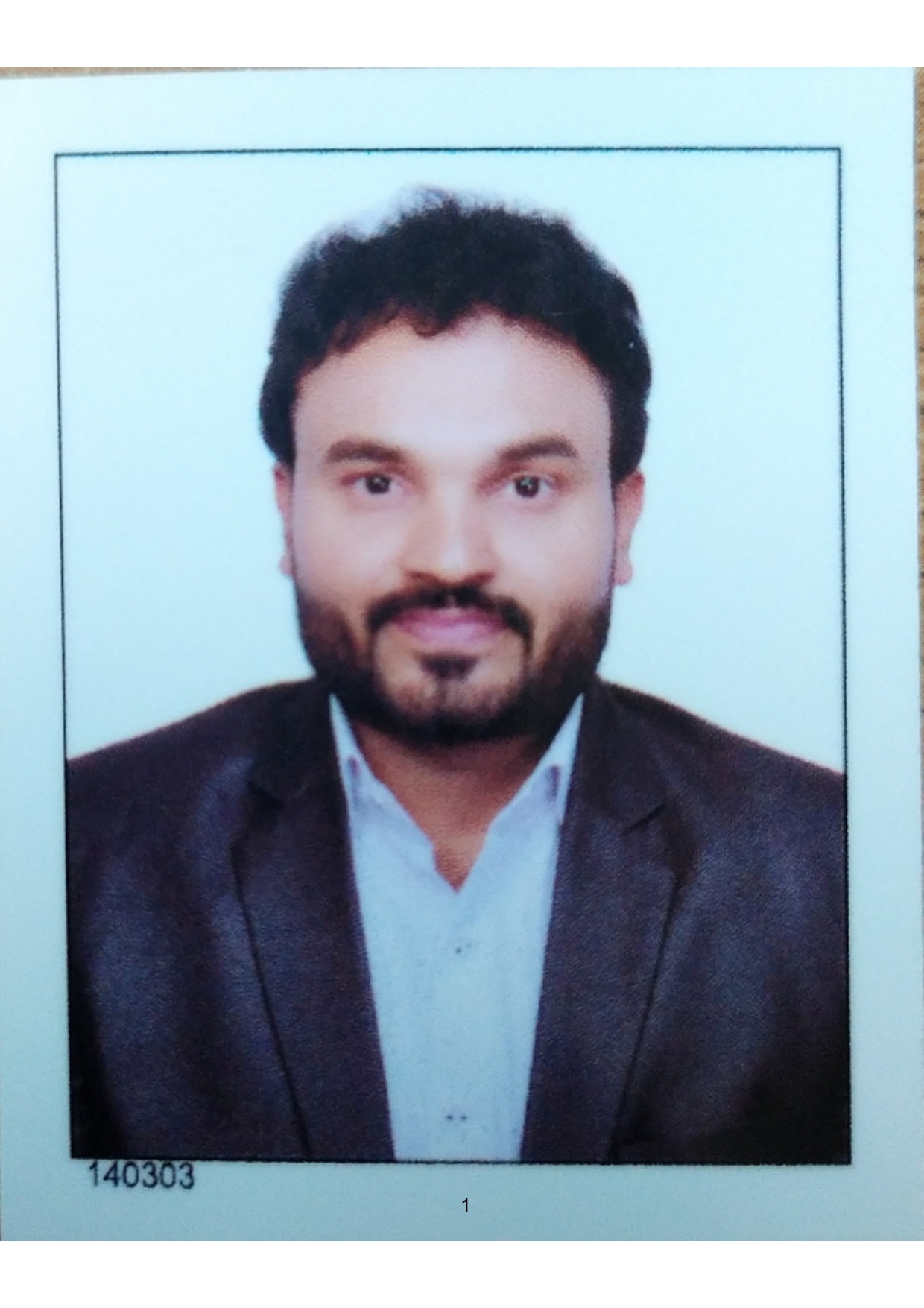
Mr. Girish Kumar B C
MemberAssistant Professor, ISE Department

Mr. Jayaramu. M
MemberAssistant Professor, MCA Department
About
The Training and Placement Cell (TPC) shall serve as the platform for interaction between the college students and recruitment companies. The cell shall play a crucial role in locating job opportunities for students passing out from the college by keeping in touch with reputed firms and industrial establishments. The cell shall guide the students to choose right career and shall impart knowledge, skill, and aptitude to meet the manpower requirements of the Industry. The cell shall also organize pre-placement training/workshops/seminars for the students.
Procedure
- Organize pre-placement training (workshop, communication skill, aptitude skills and group activities)
- Involving interaction with Industry
- Maintaining and regularly updating database of the students
- Maintain the database of companies and establishing strategic links for campus recruitment and notifying the students about the job opportunities and campus selections

Dr. Madumathy P
CoordinatorAssociate Professor, ECE Department
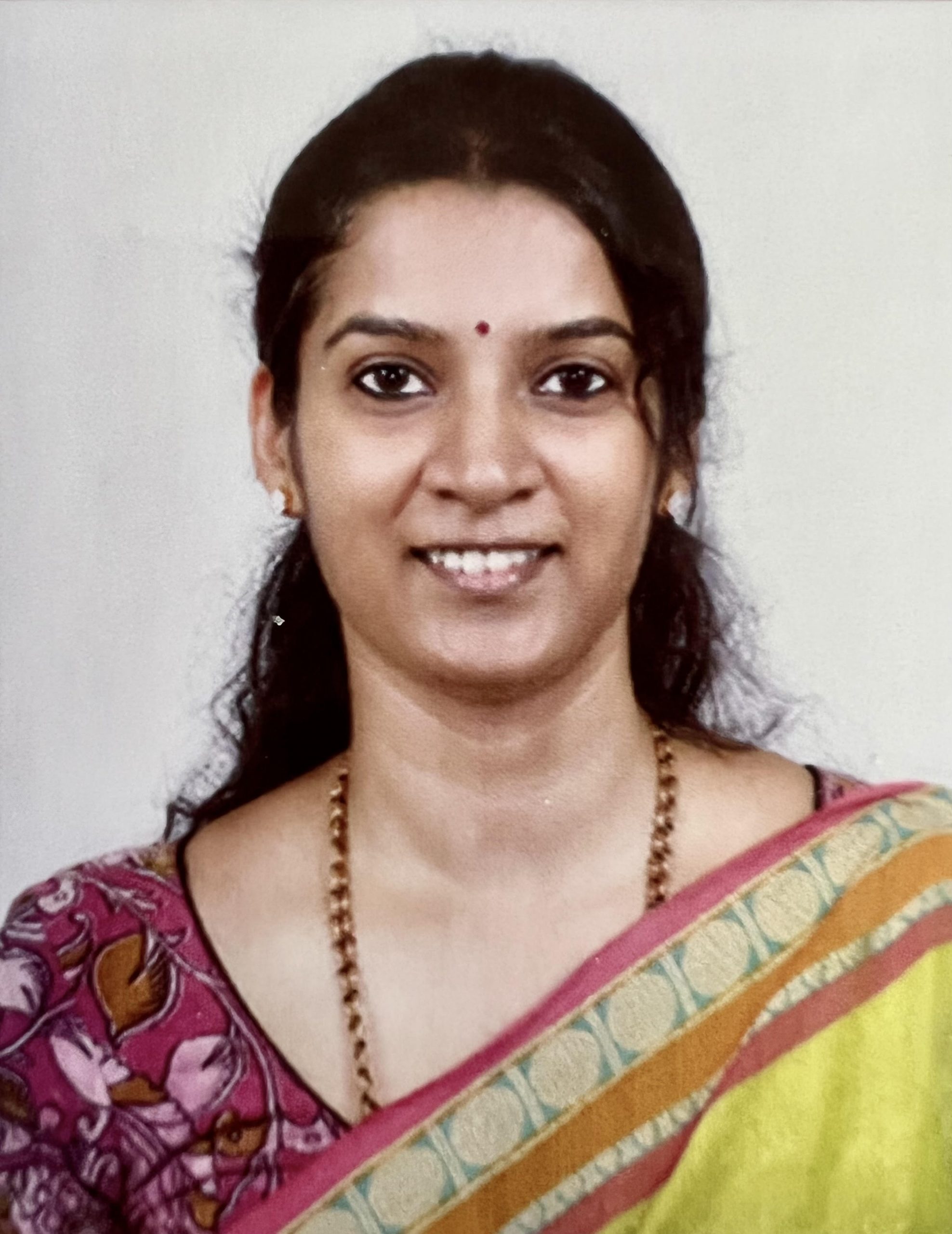
Dr. Roopashree. S
MemberAssistant Professor, CSE Department
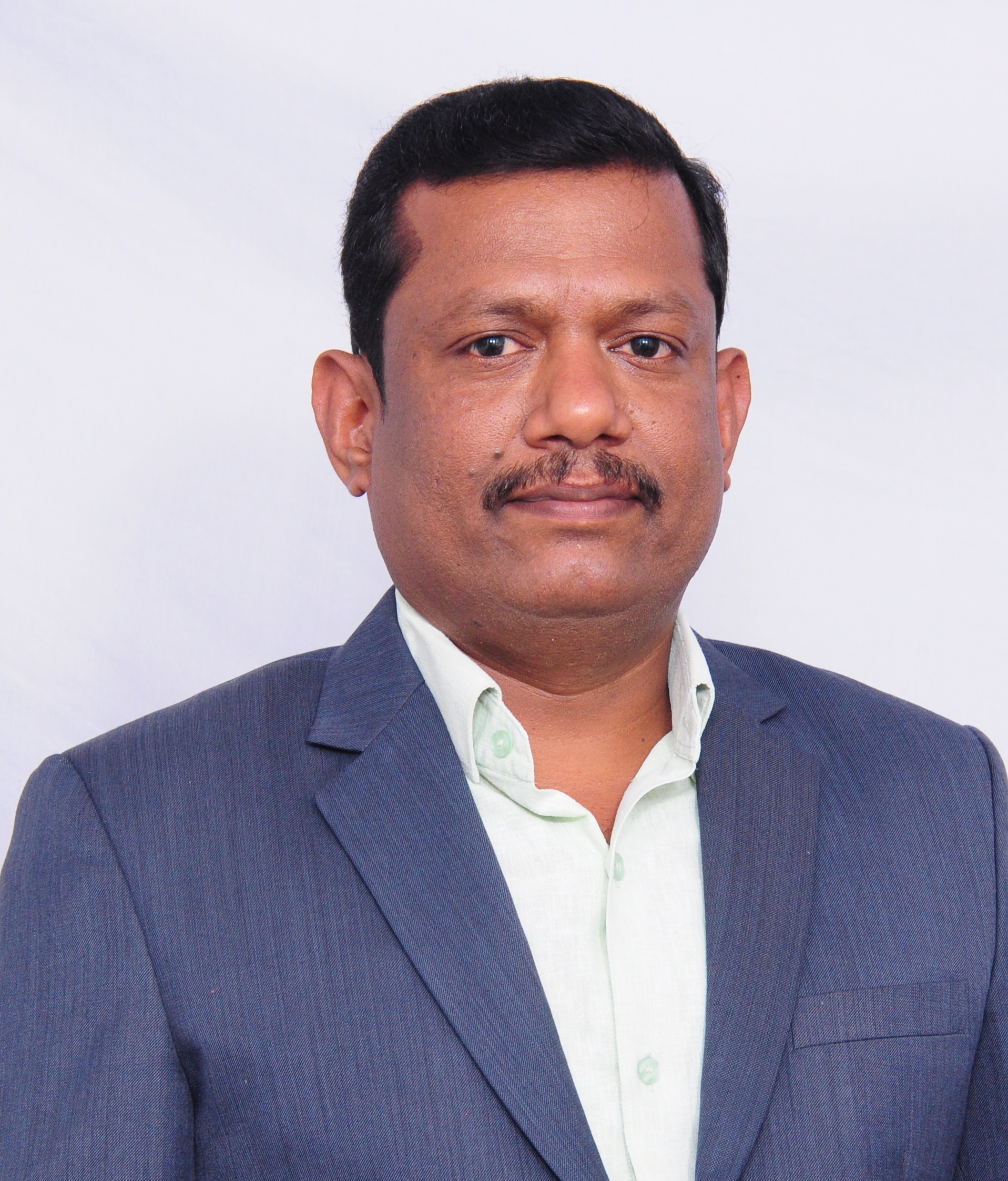
Dr. Vinoth Kumar M
MemberAssociate Professor, ISE Department
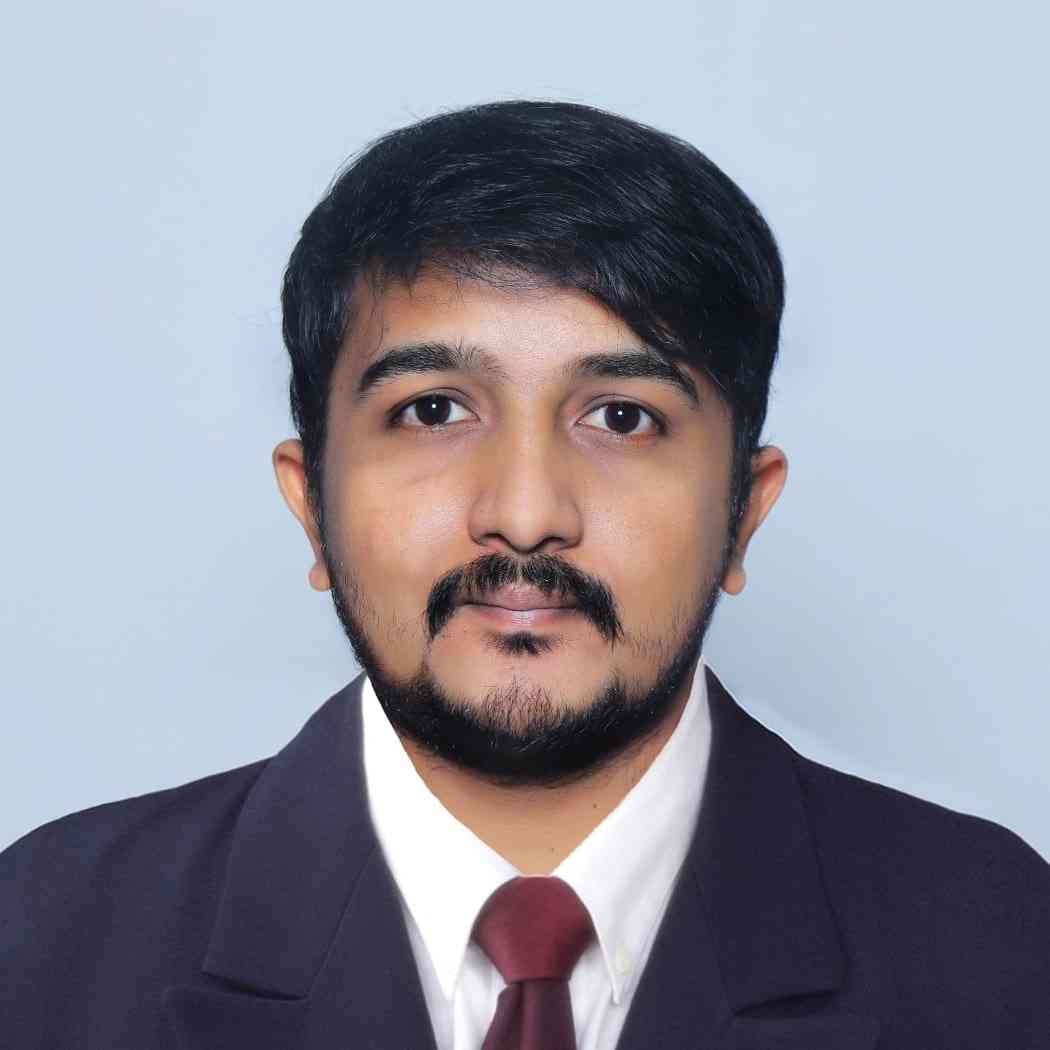
Dr. Durga Prasad C
MemberAssistant Professor, ME Department

Dr. Srinatha N
MemberAssistant Professor, CSE Department

Dr. N. Kumaresh
MemberAssociate Professor, MCA Department
About
The committee shall review the research proposals and finalize the topic of research. It shall periodically review and assist in the progress of the research work undertaken by research scholars. The research scholar shall appear before the Committee once in six months to make a presentation of the progress of his/her work for evaluation and further guidance. The six monthly progress reports shall be submitted by the Research Advisory Committee to the Research Centre with a copy to the research scholar. In case the progress of the research scholar is unsatisfactory, the Research Advisory Committee shall record the reasons for the same and suggest corrective measures. The committee has to plan and develop broad objectives for research including research proposal to various funding bodies, MOU involved there in and research publications.

Dr. Raghavendra Reddy N V
CoordinatorAssociate Professor, ME Department

Dr. Surbhi Agrawal
MemberAssociate Professor, CSE Department
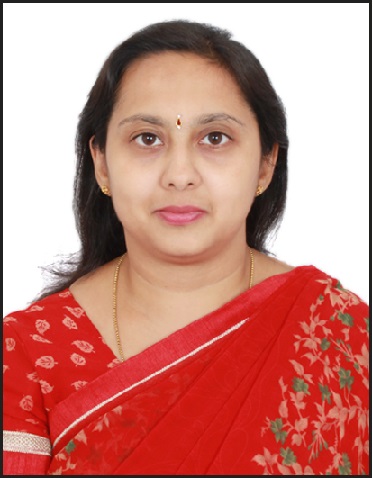
Dr. Niharika P Kumar
MemberAssociate Professor, ISE Department

Dr. Chethan K S
MemberAssistant Professor, ECE Department
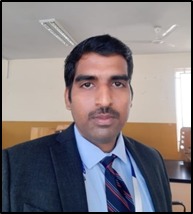
Dr. Yashwanth V Naik
MemberAssistant Professor, Physics Department
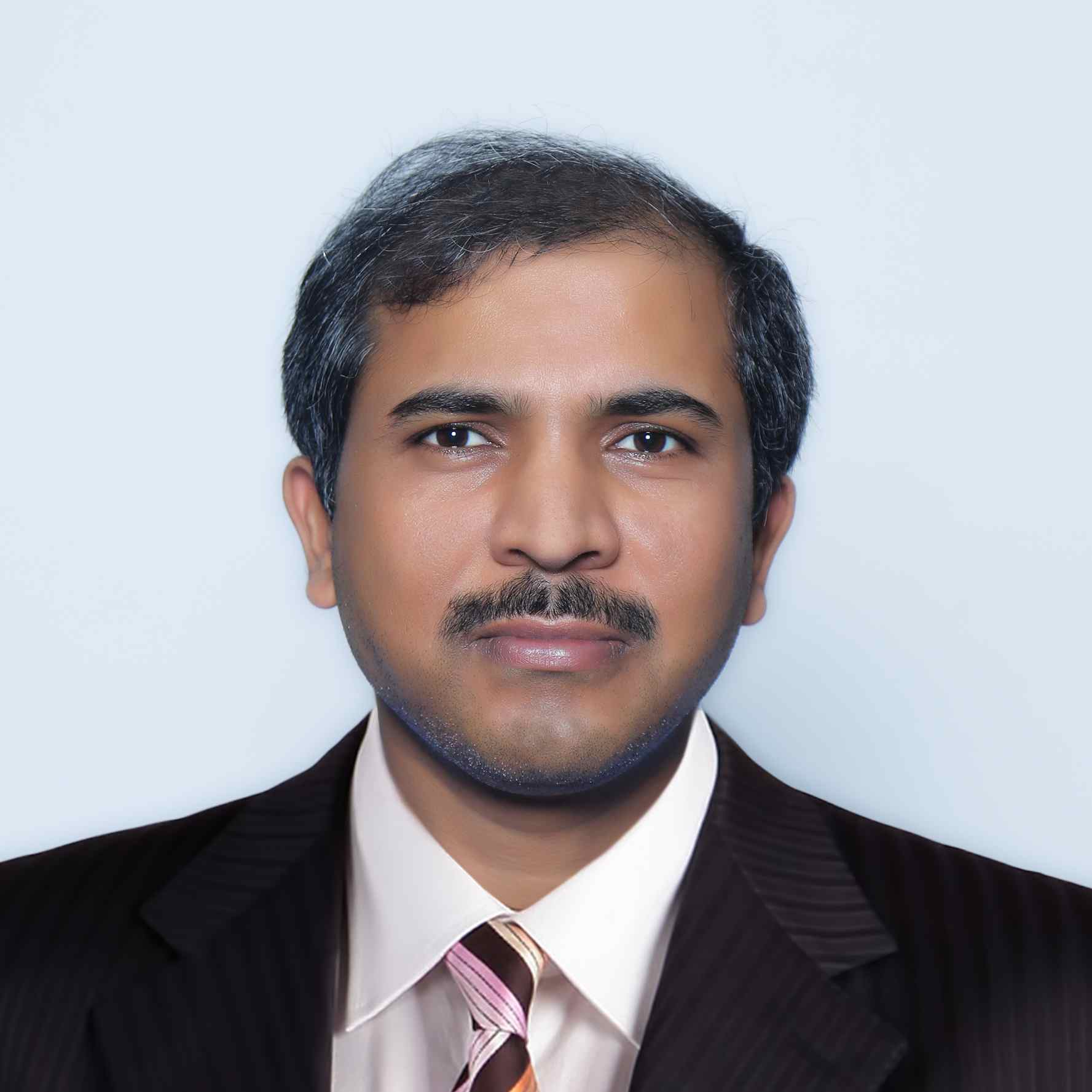
Dr. Prasad B E
MemberAssistant Professor, Chemistry Department
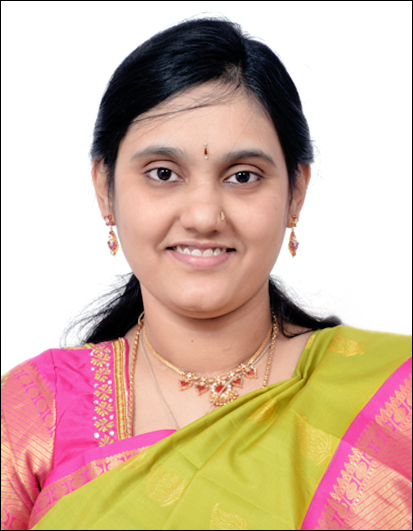
Dr. Sushma M Puranik
MemberAssistant Professor, Maths Department
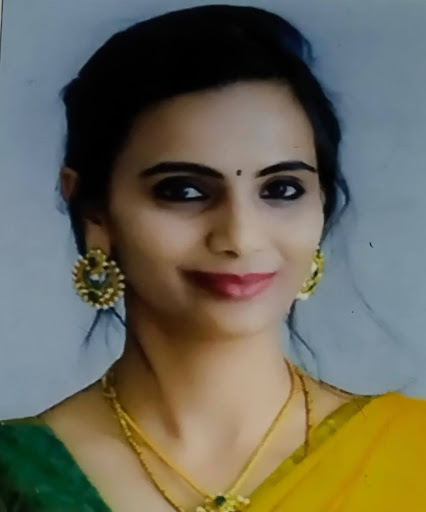
Mrs. Sowmya V
MemberAssistant Professor, MCA Department
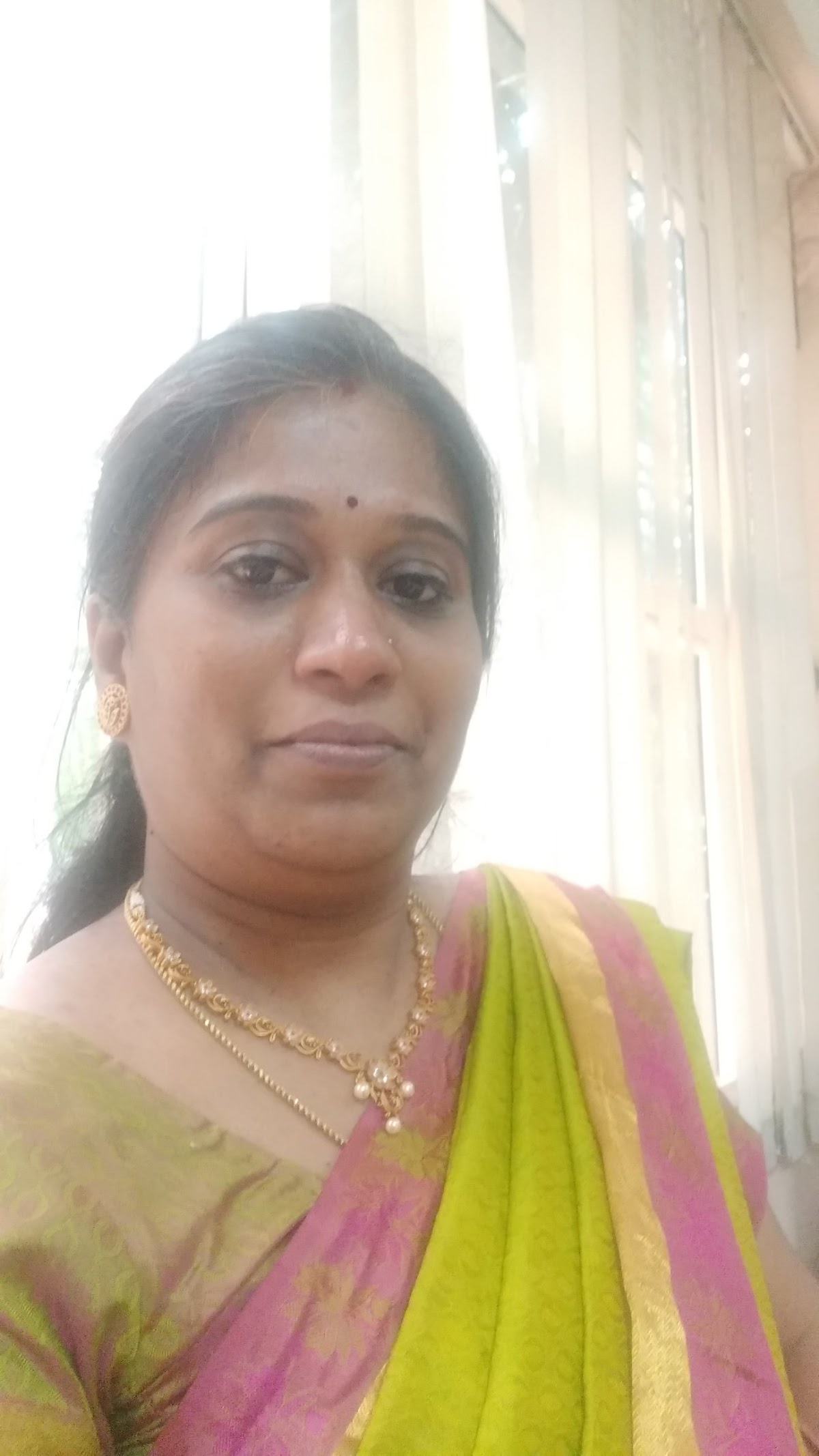
Mrs. Shobha B N
MemberSenior Executive, Admin Department
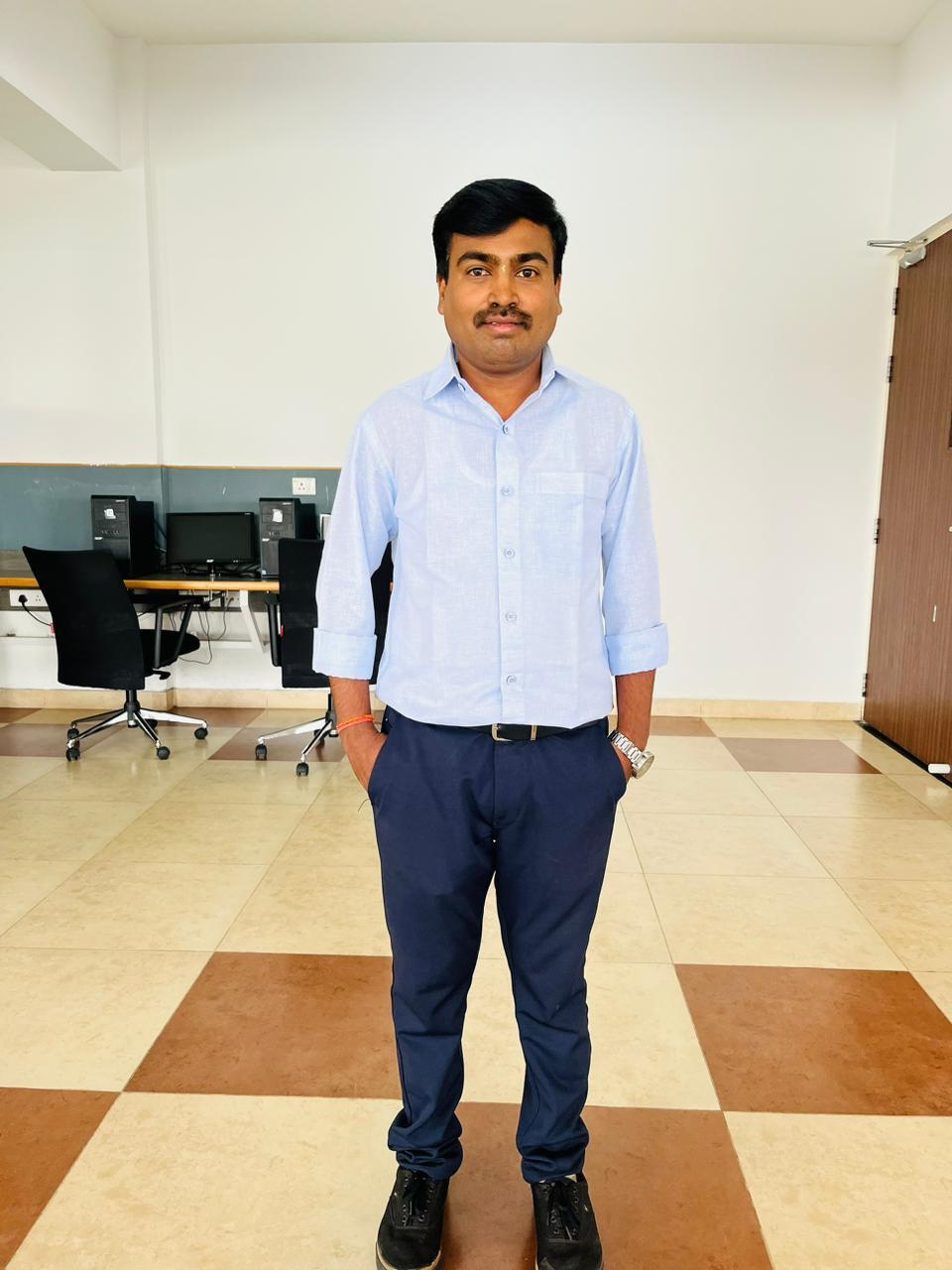
Mr. Kiran Kumar R
MemberForemen, ME Department
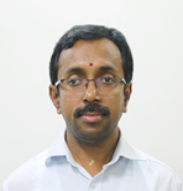
Mr. Padmanabha B A
MemberProgrammer, ISE Department
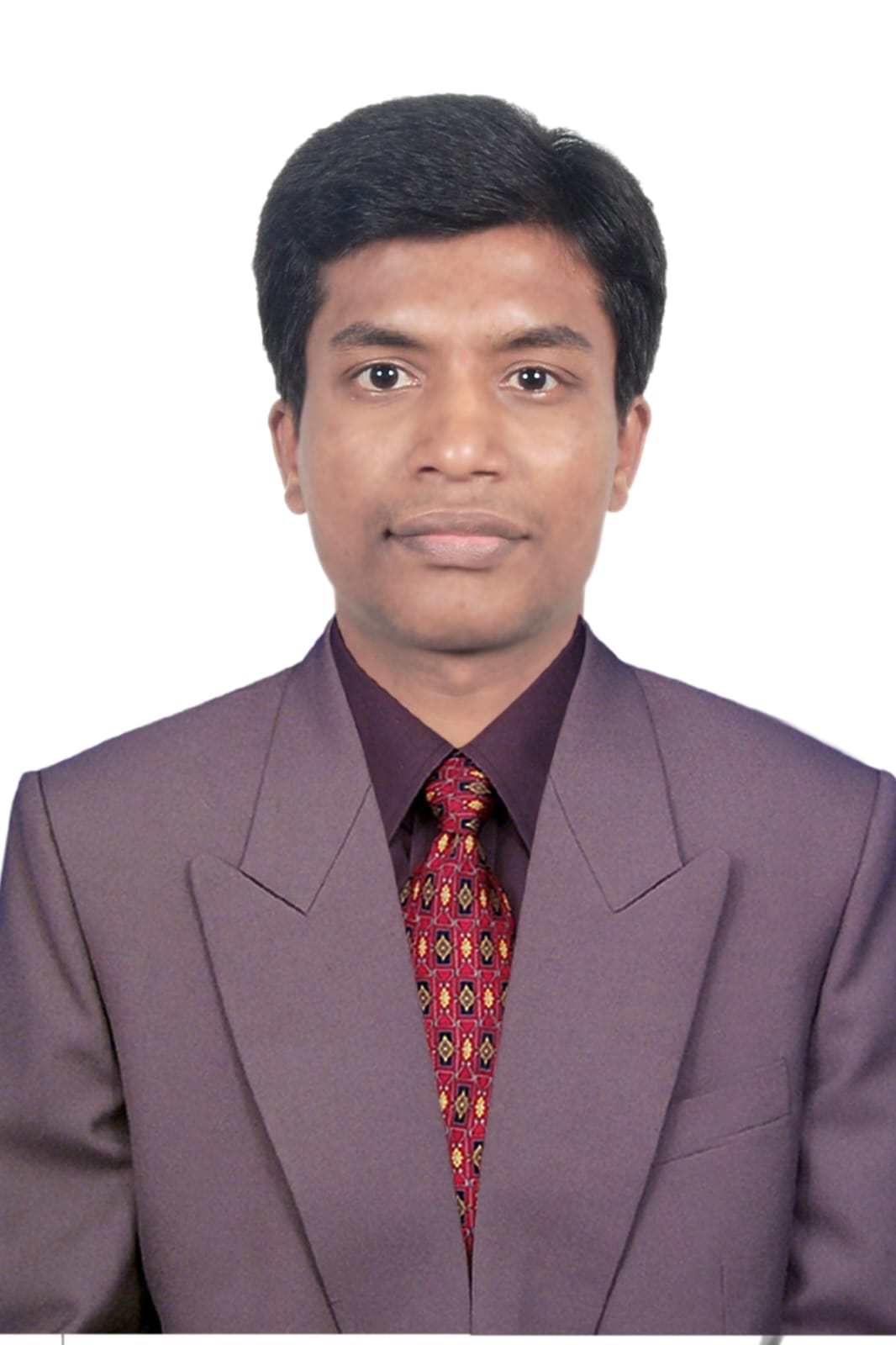
Mr. Santhosh Kumar K P
MemberProgrammer, CSE Department

Mr. Jagadeesh E
MemberInstructor, ECE Department

Mr. Madhu Sharma
CoordinatorManager, Finance
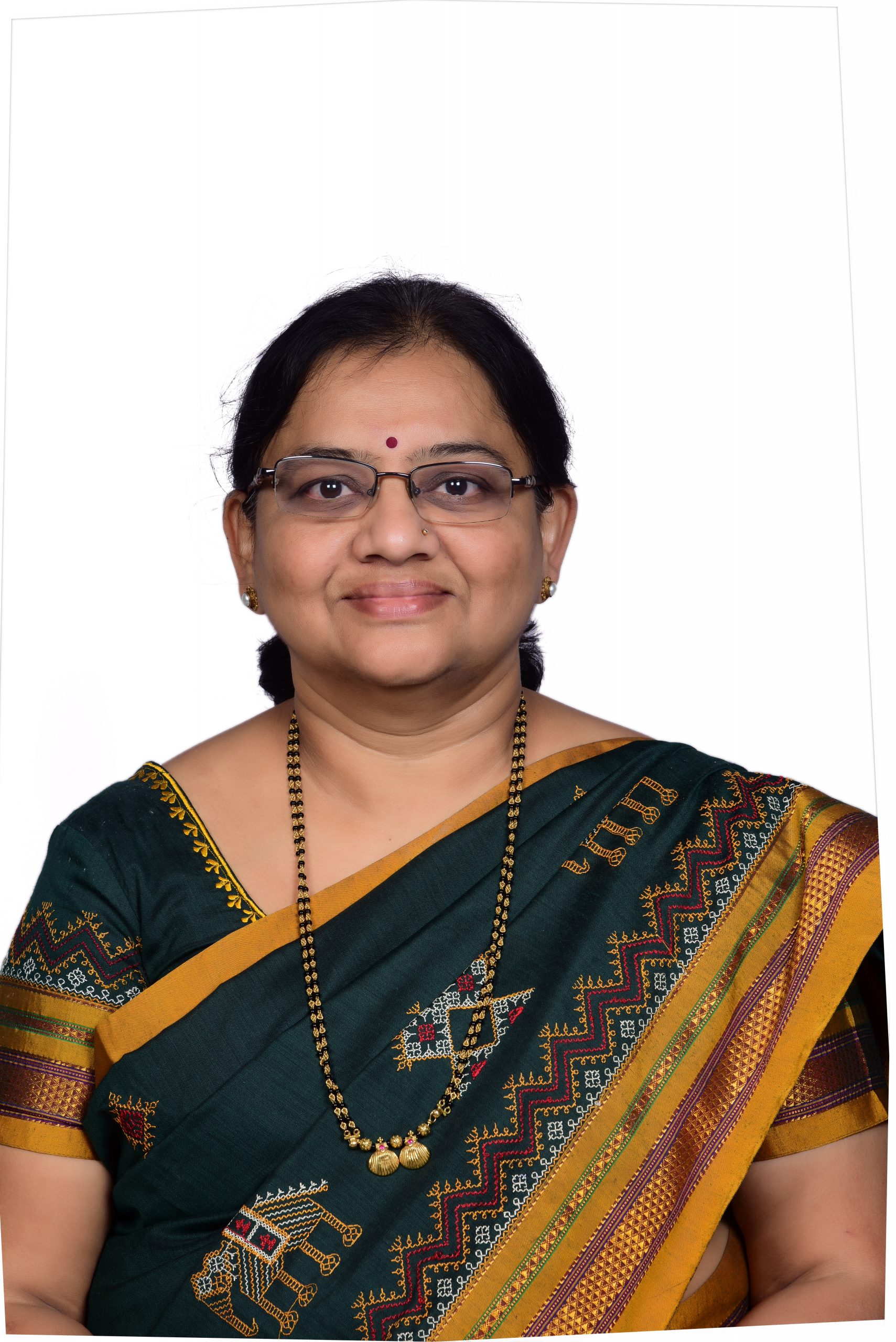
Dr. Malini M Patil
MemberProfessor and Head, CSE Department

Dr. Latha C A
MemberProfessor and Head, ISE Department

Dr. C. Solaimuthu
MemberAssociate Professor and I/C Head, ME Department

Dr. Mrunalini M
MemberProfessor and Head, MCA Department

Dr. Gangadharaiah Y H
MemberProf and Head, Mathematics Department

Dr. Rudresh Kumar K J,
MemberAssoc. Prof & Head, Chemistry Department

Dr. Srinatha N
MemberAssistant Professor & Head, Physics Department
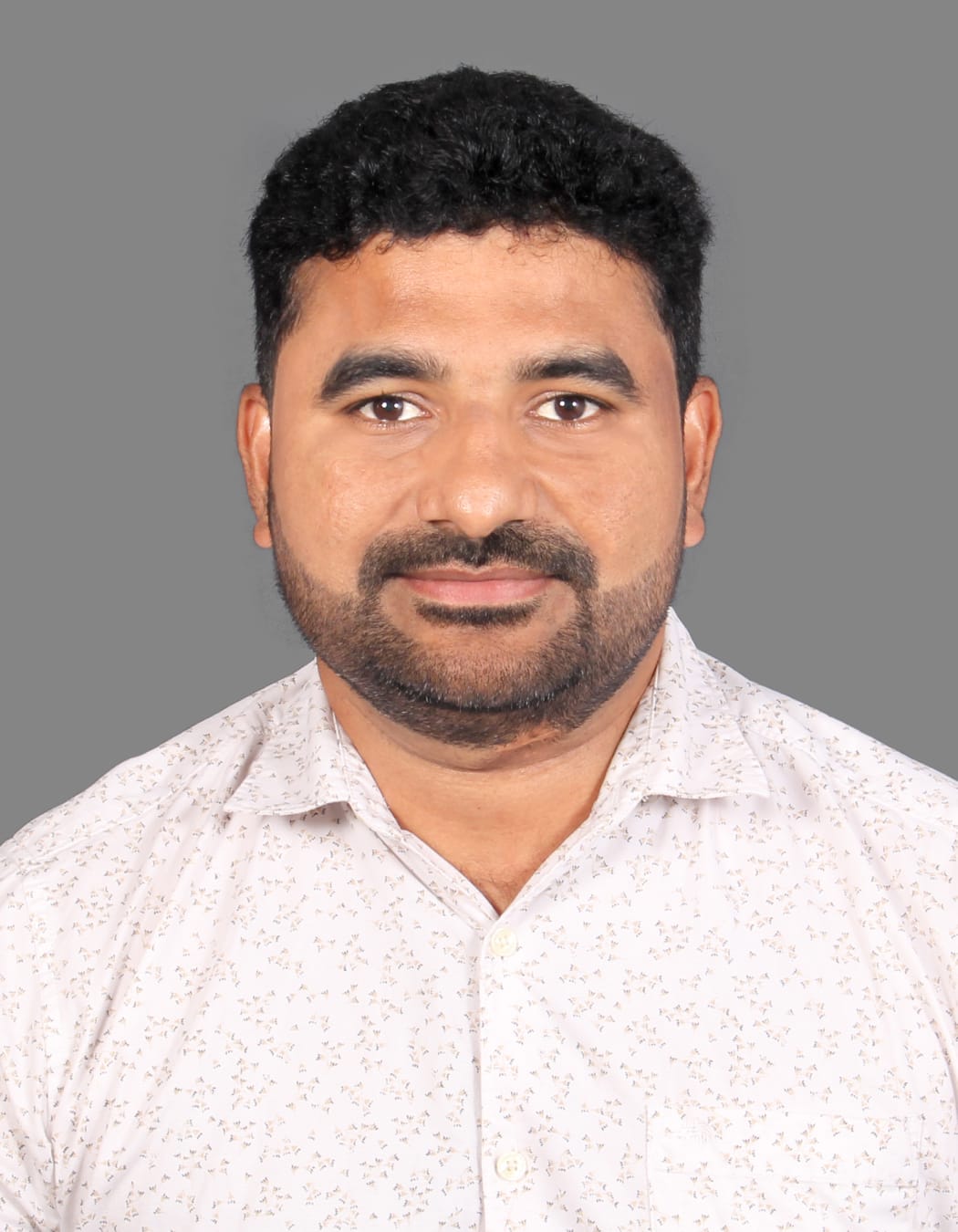
Mr. Prashant K T
MemberCampus Maintenance Engineer

